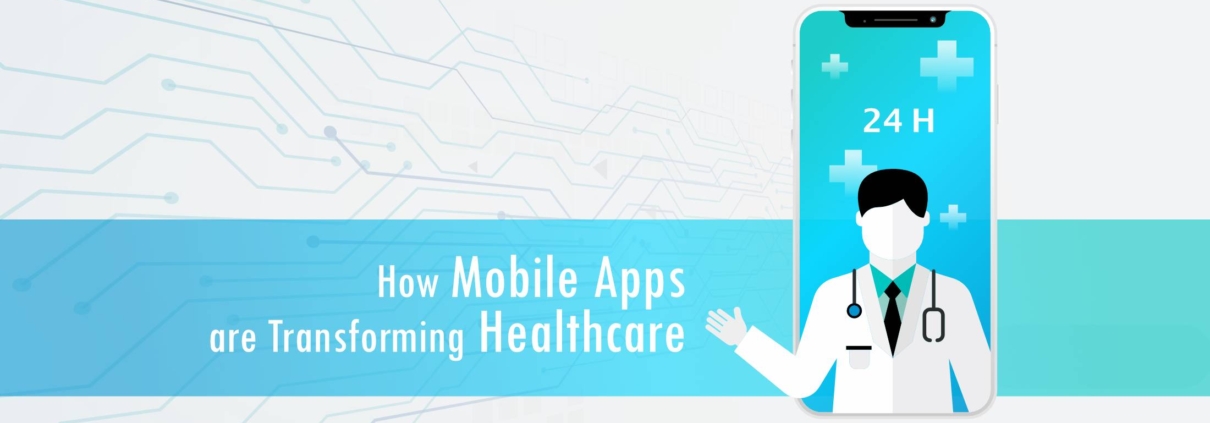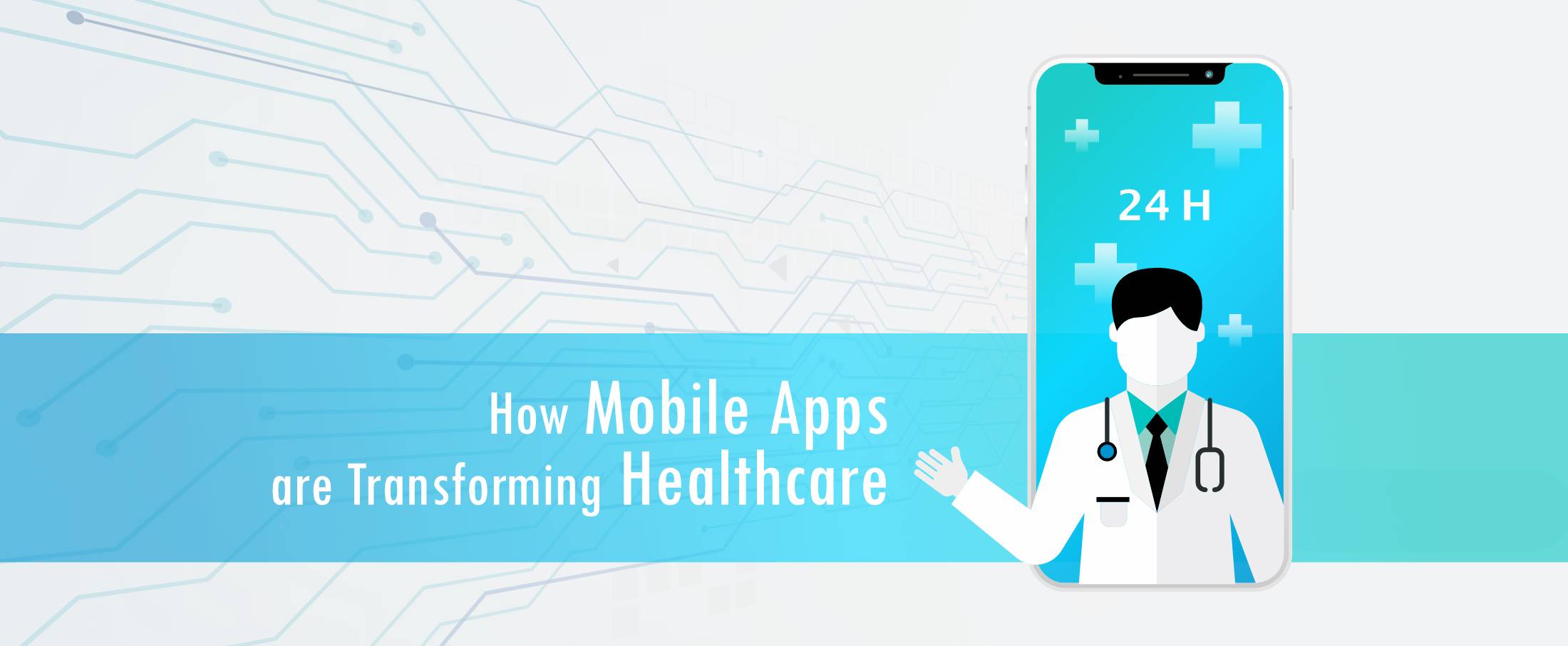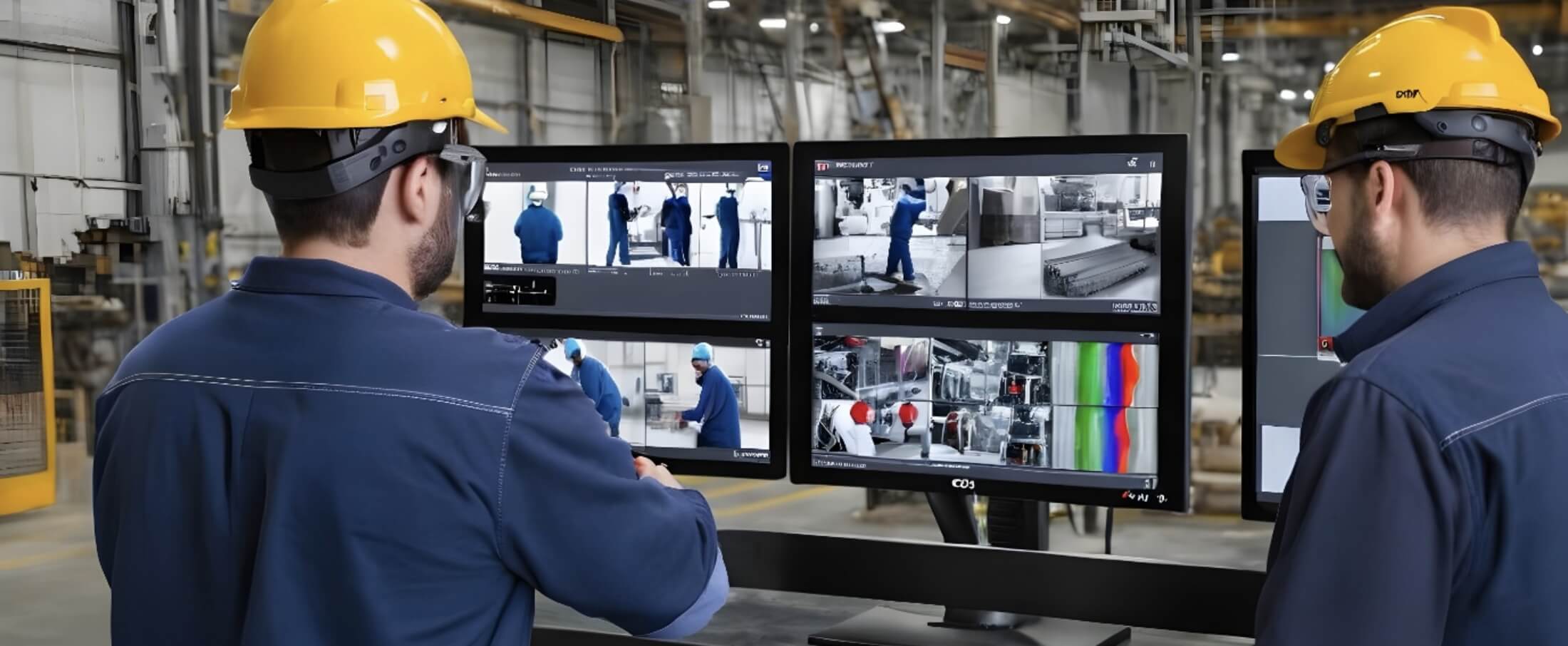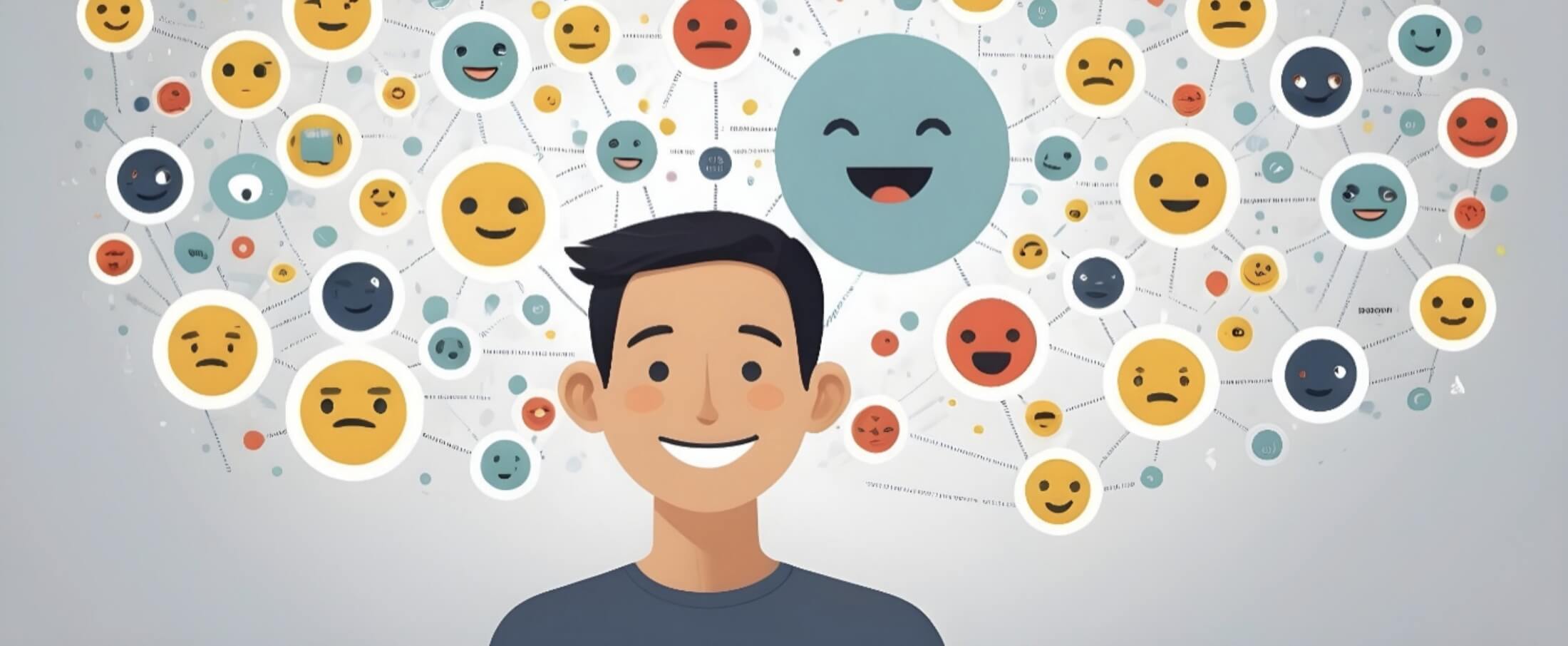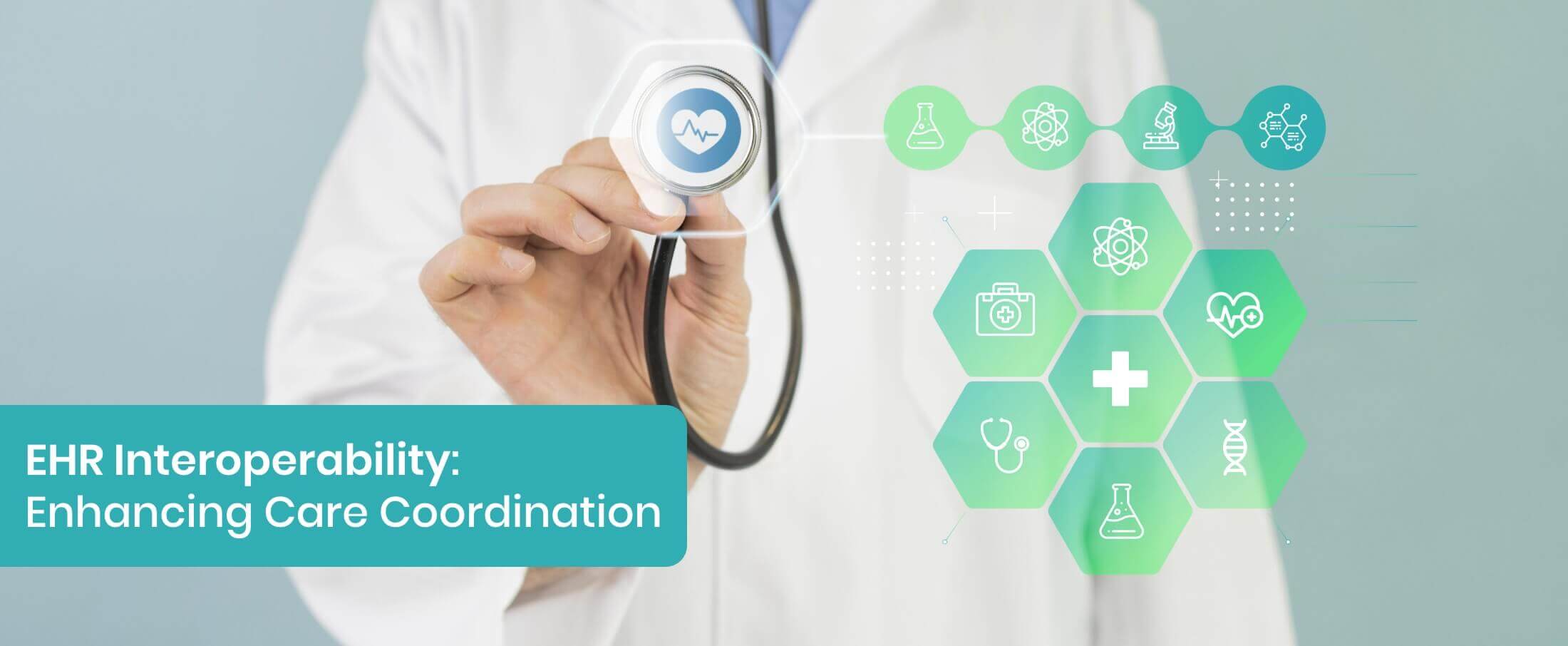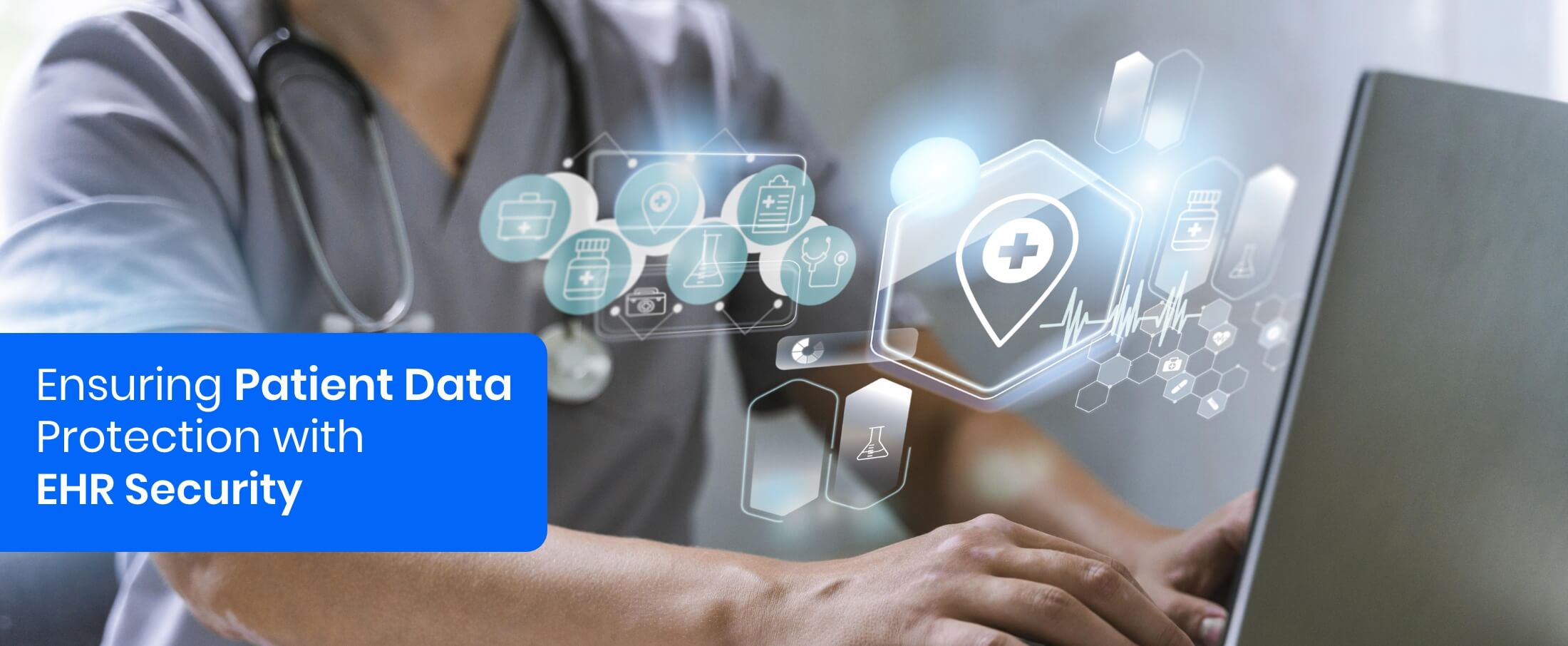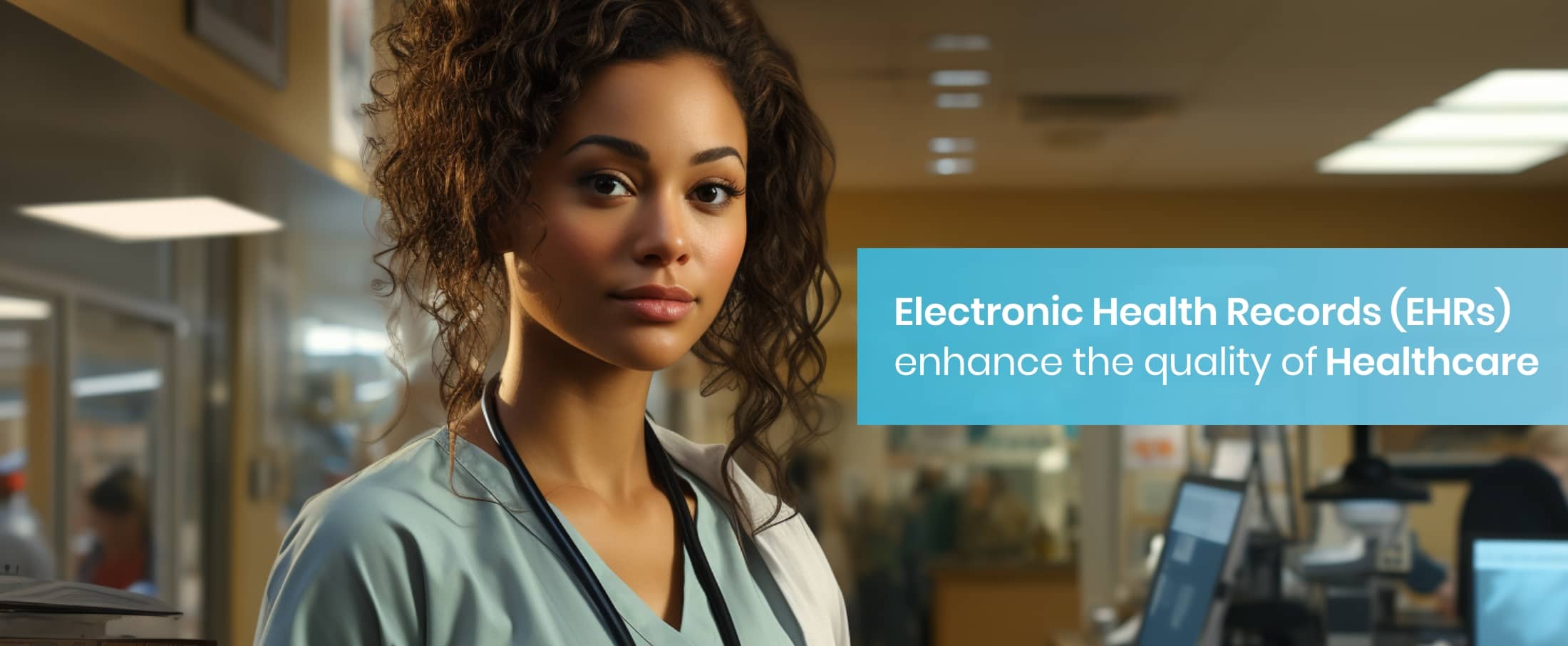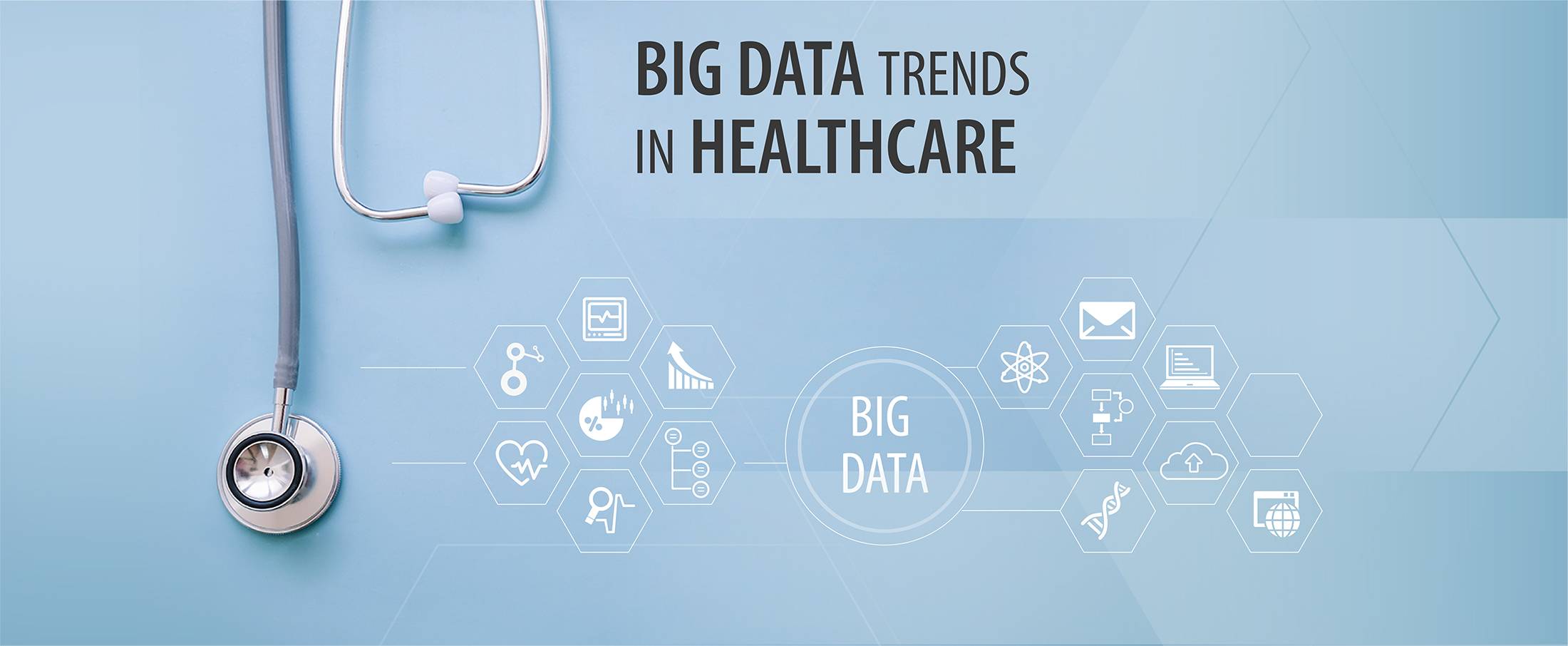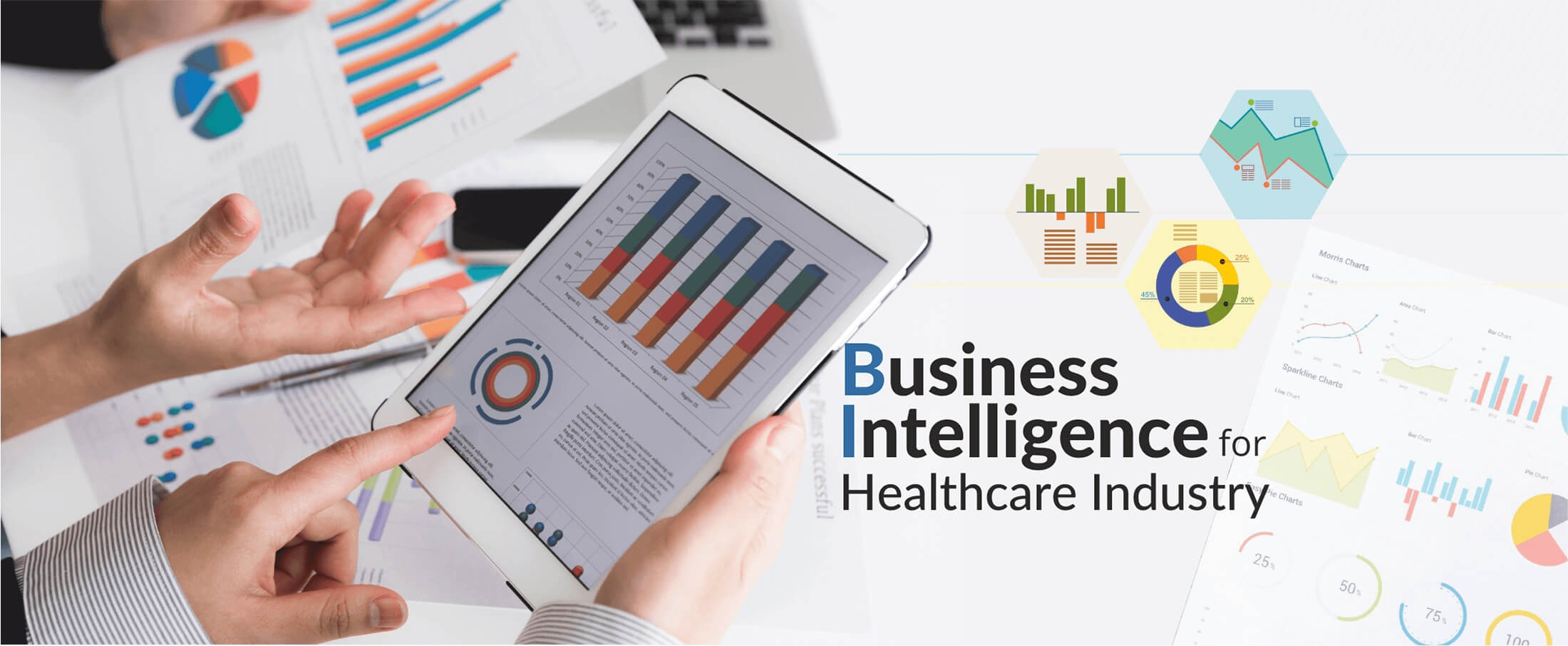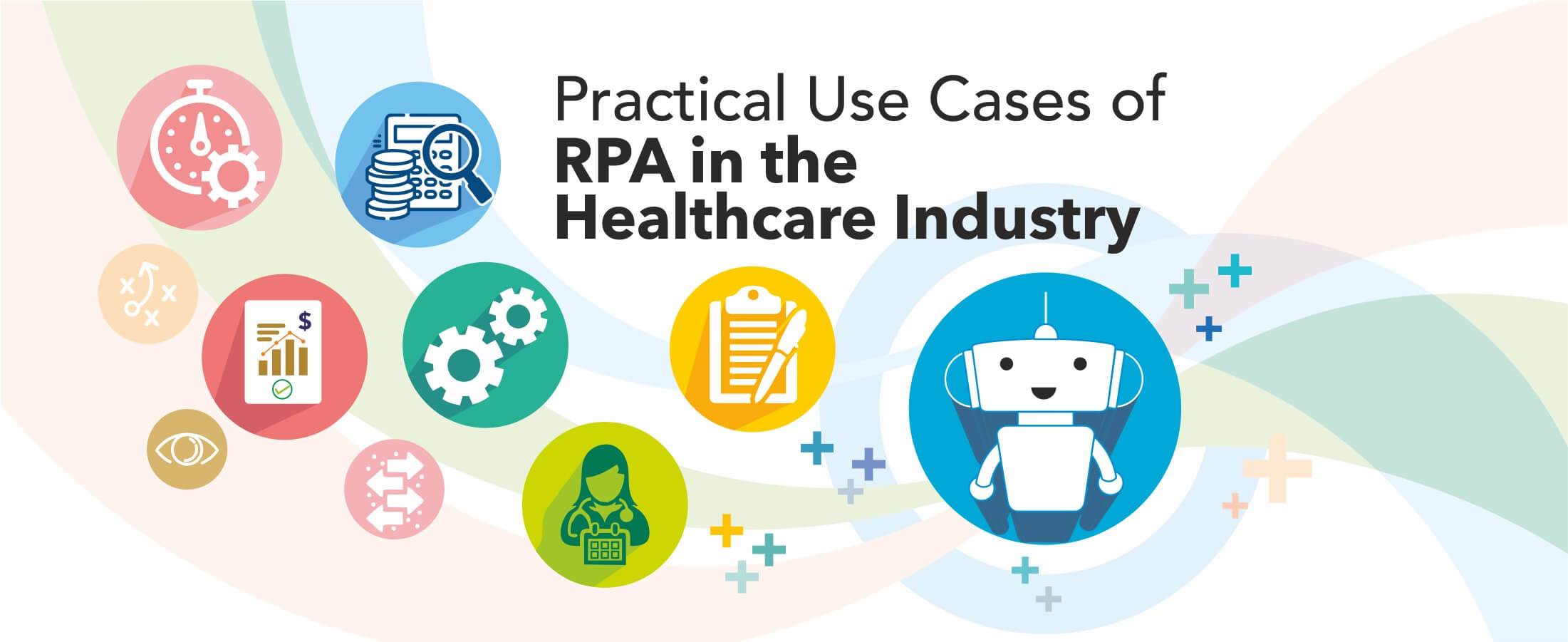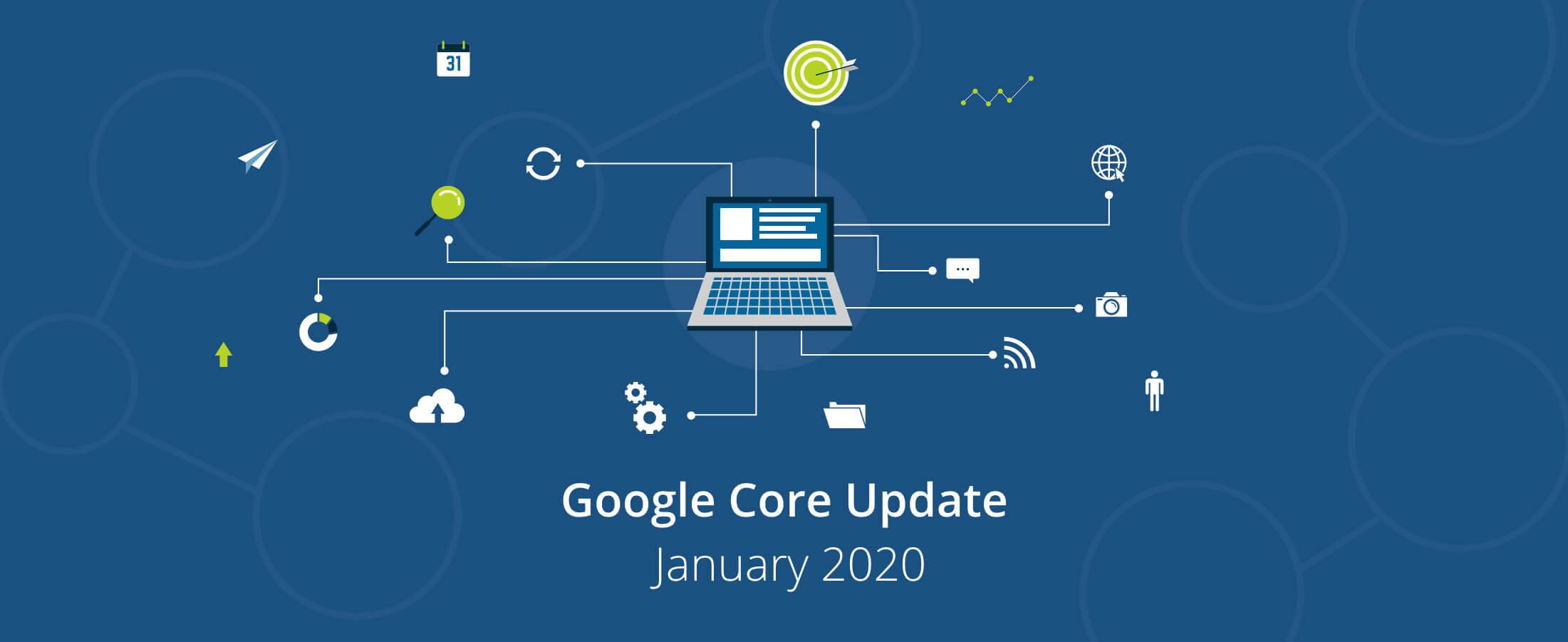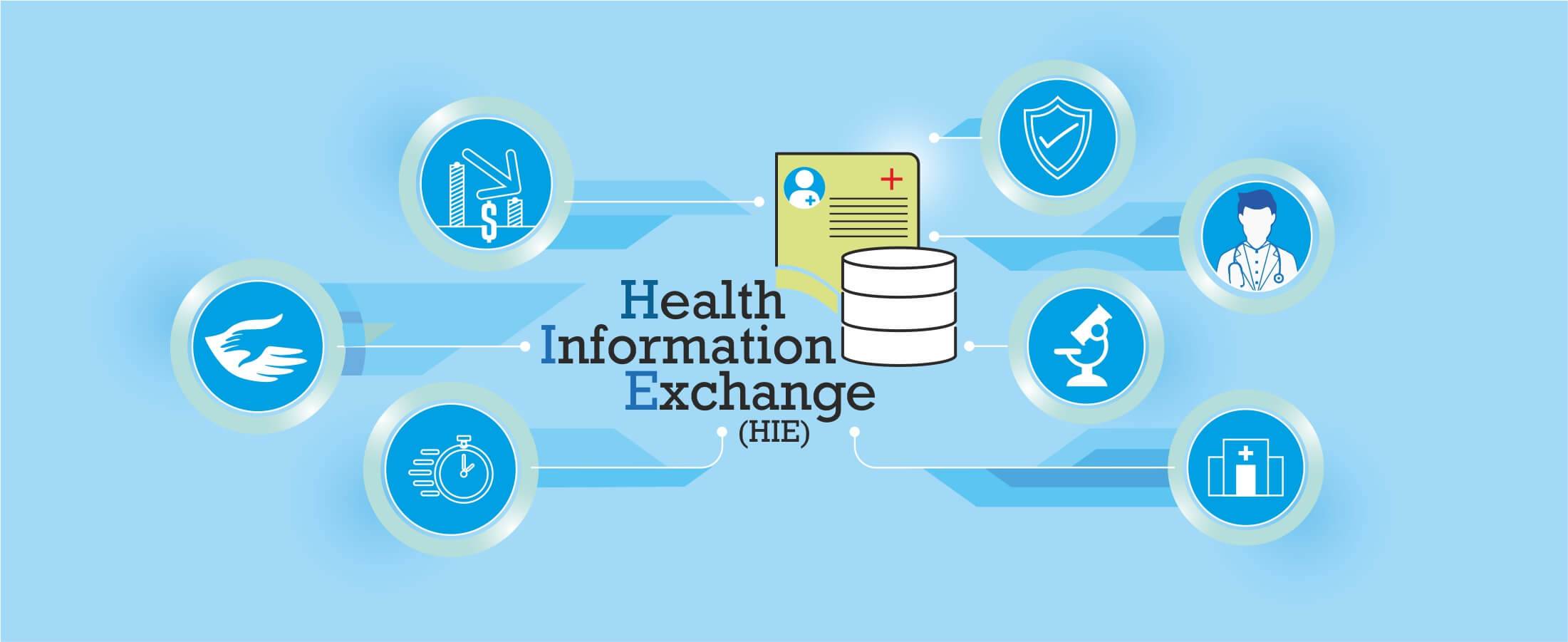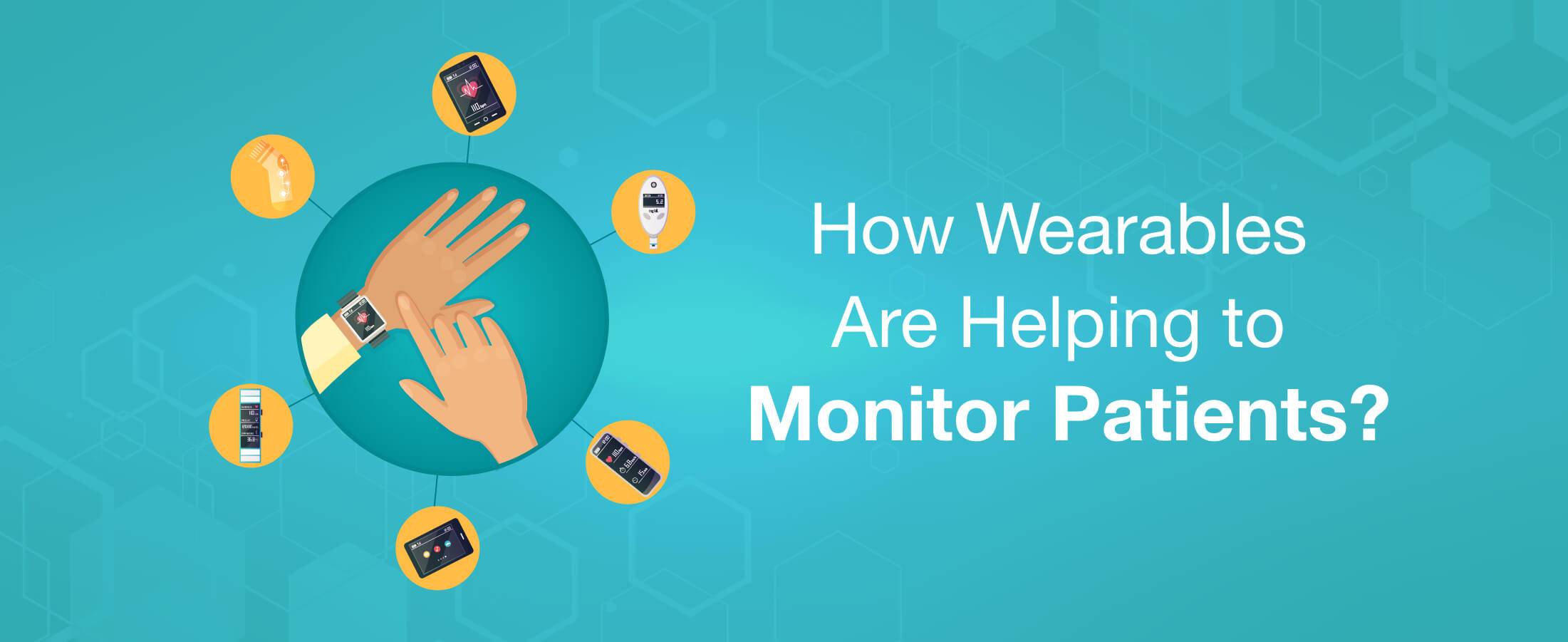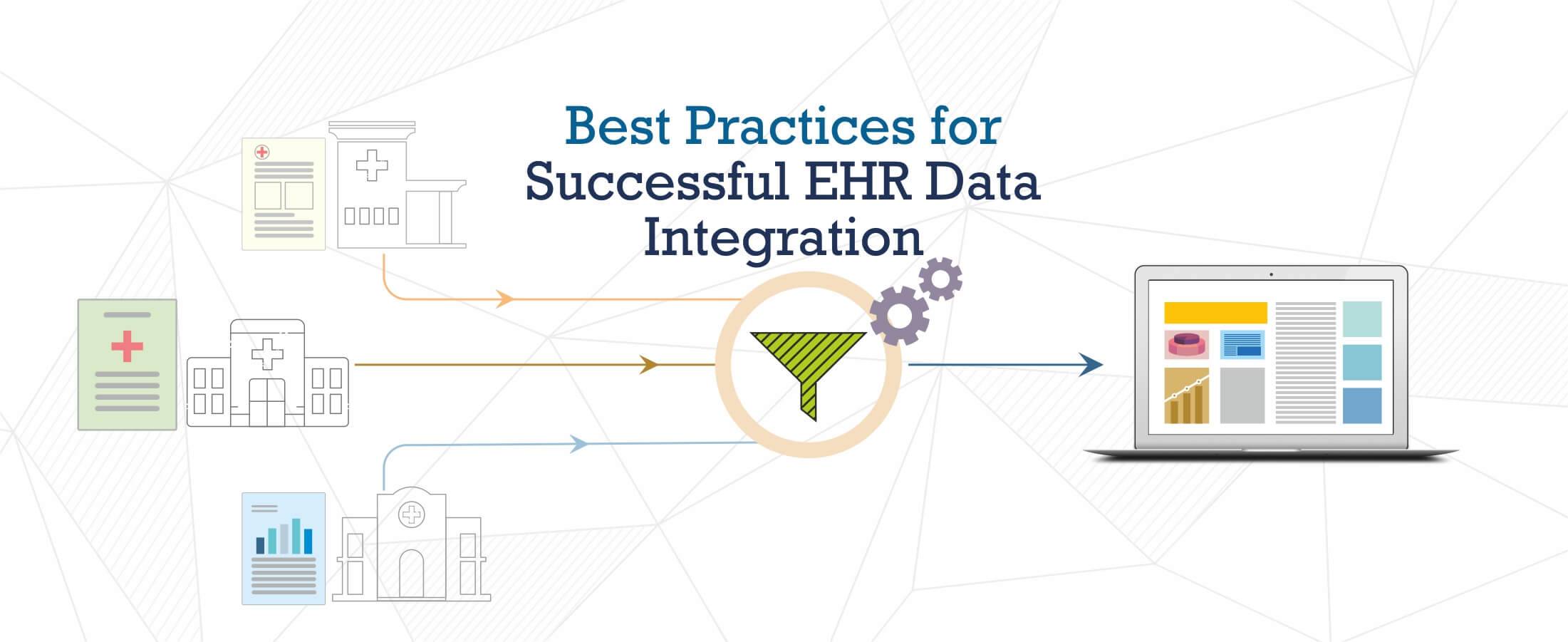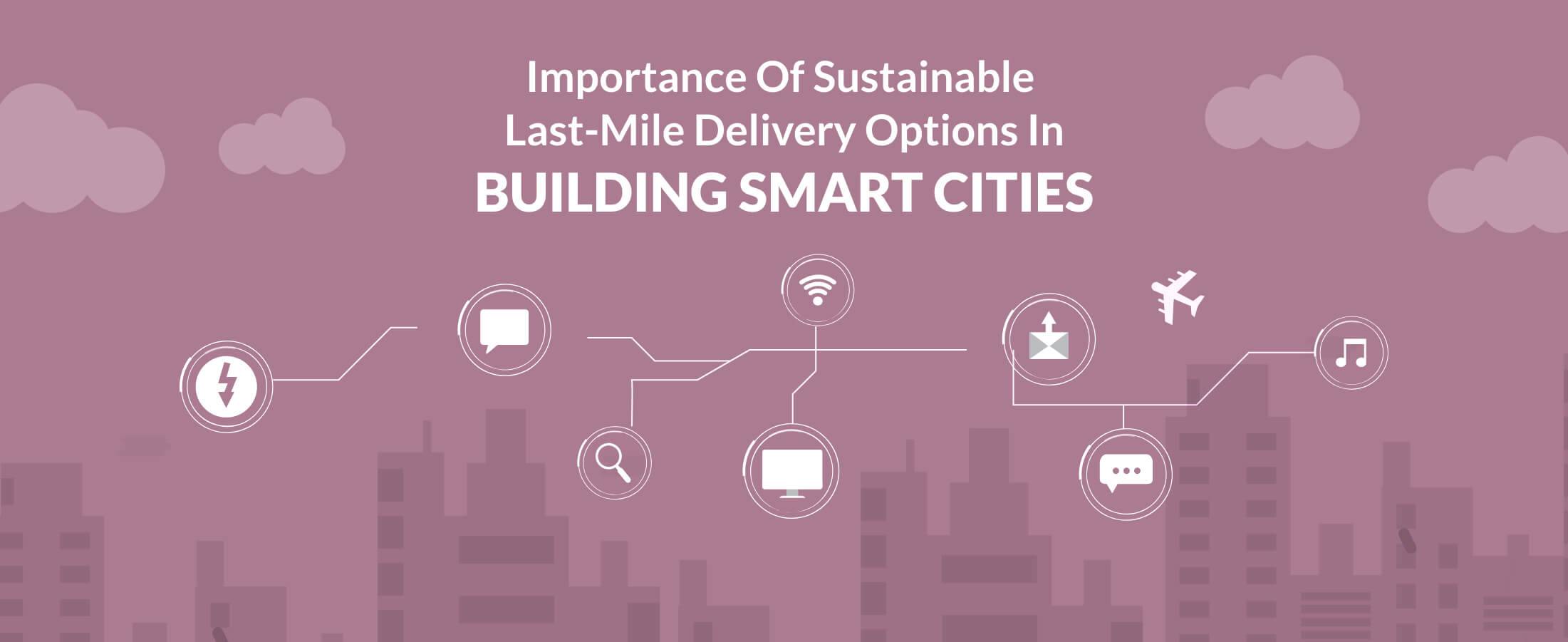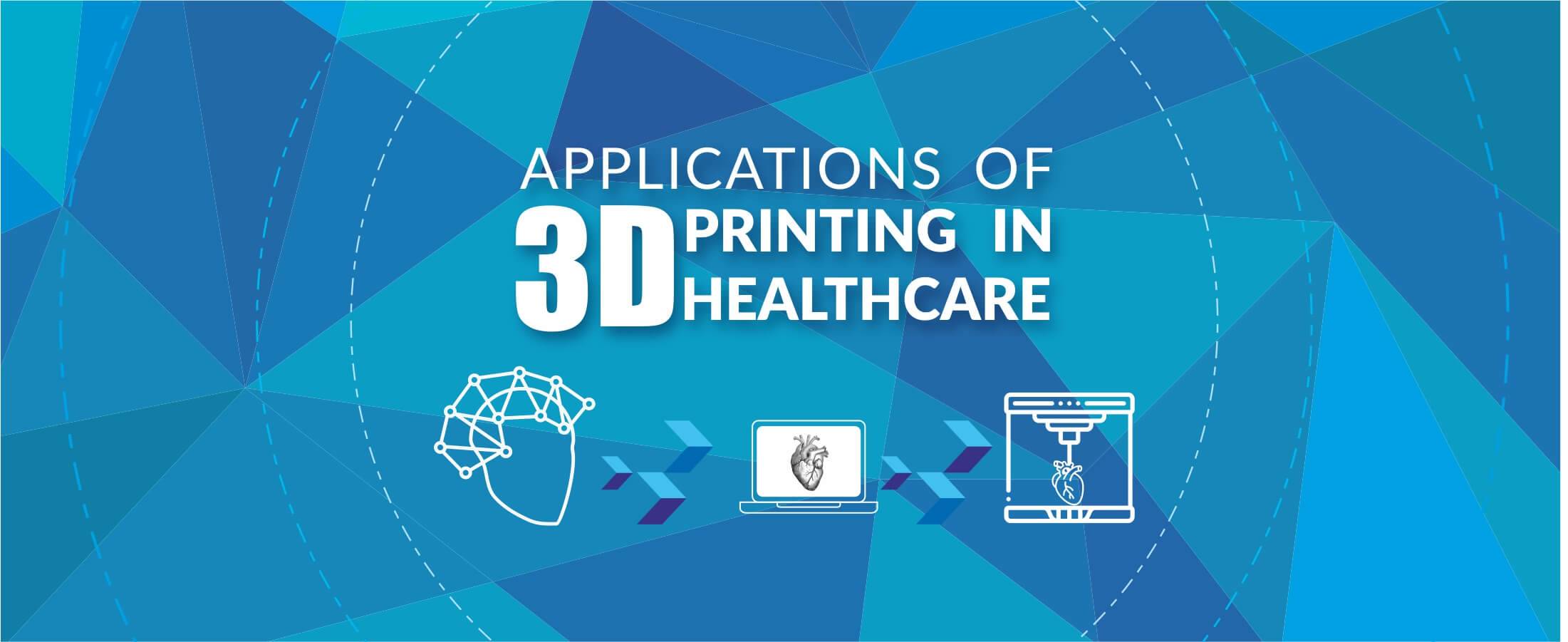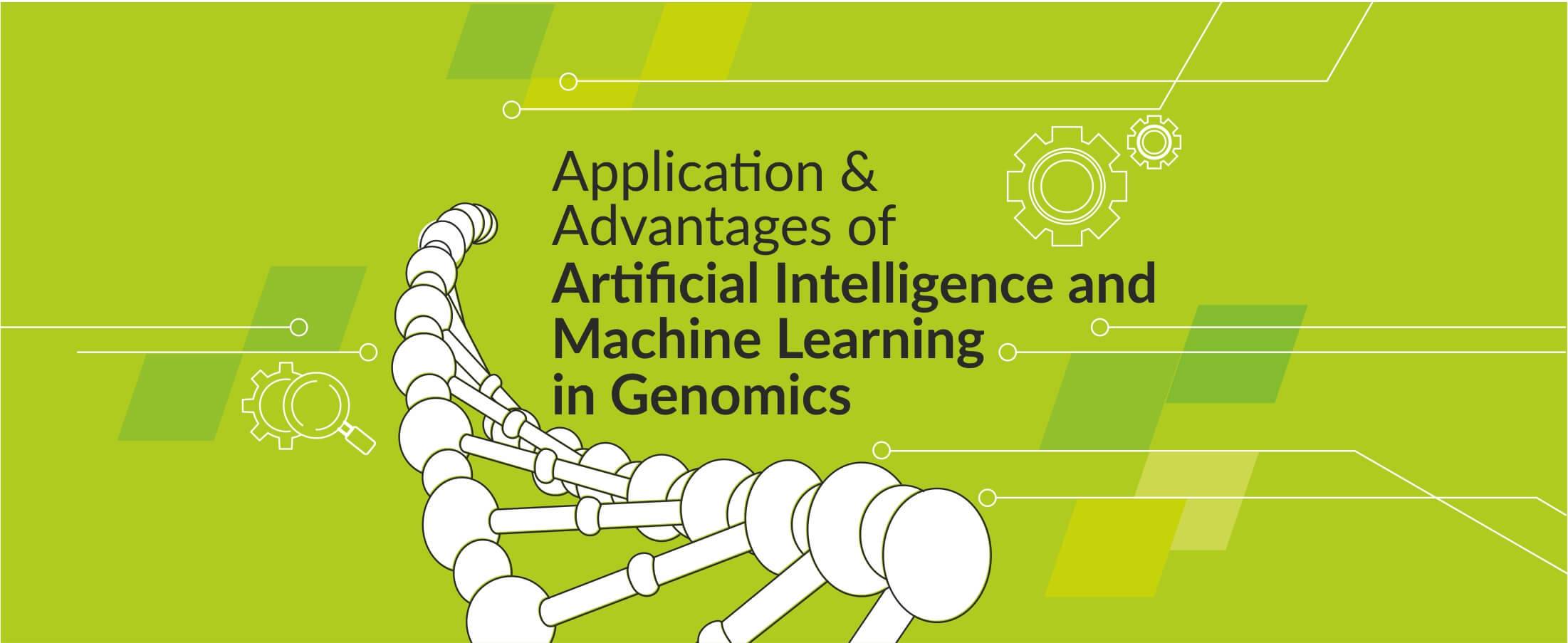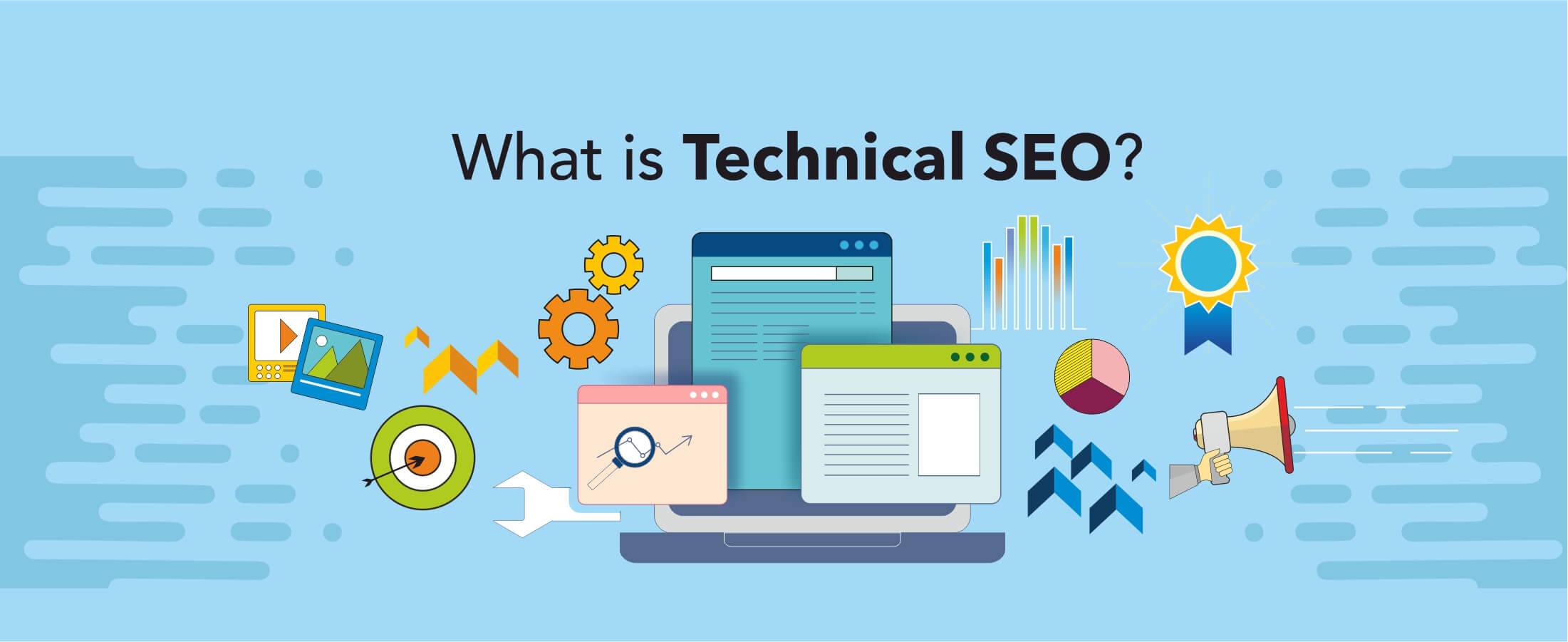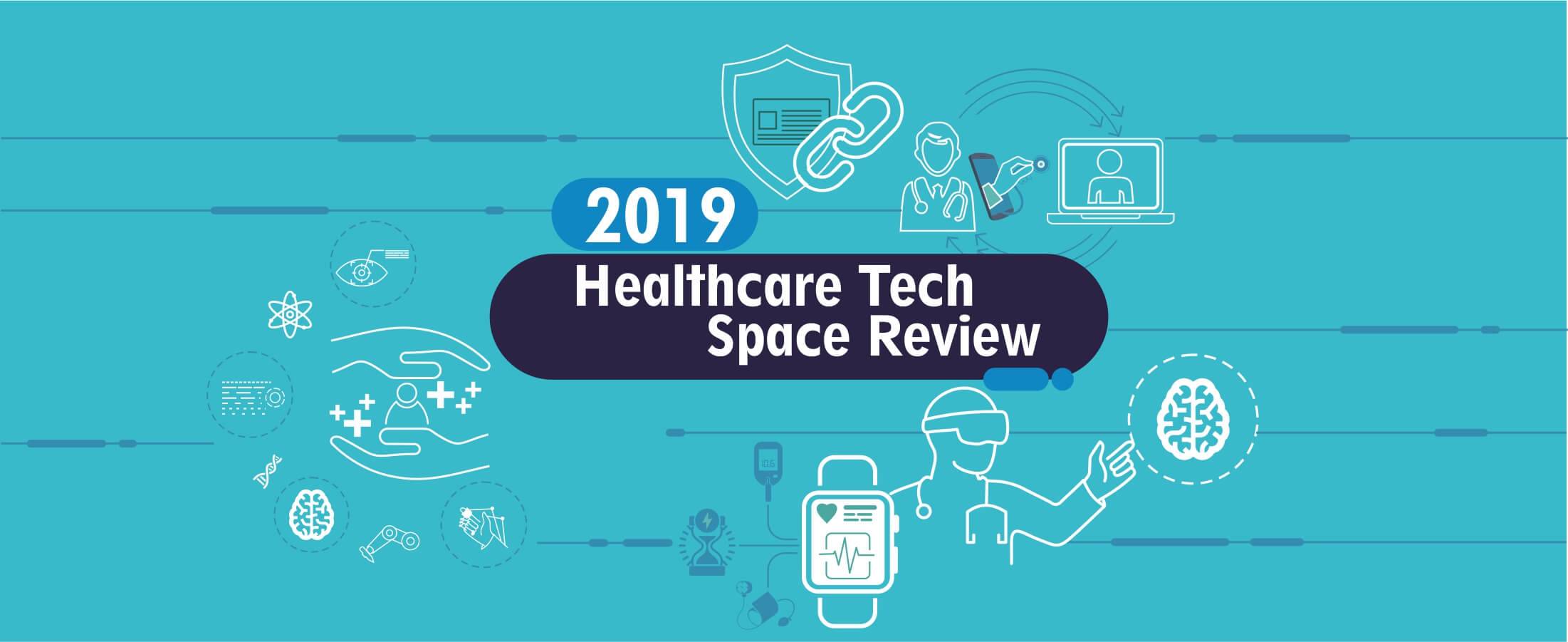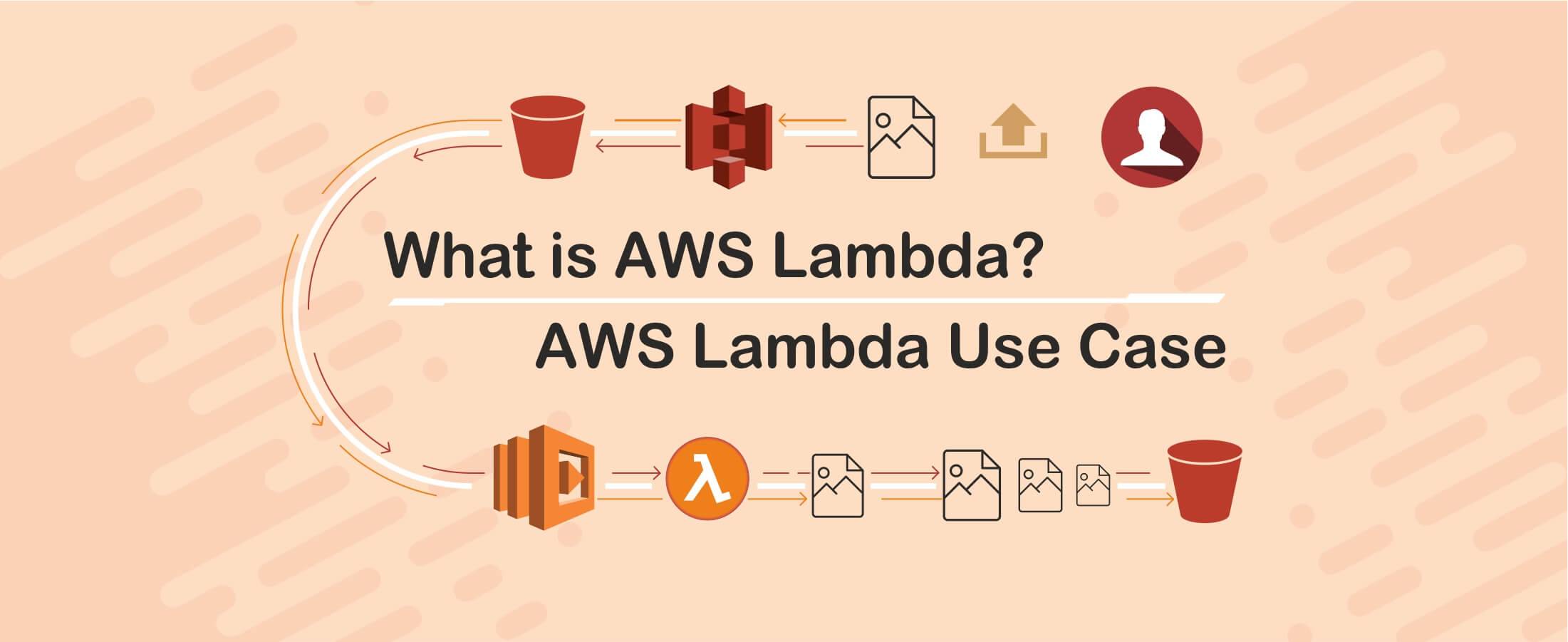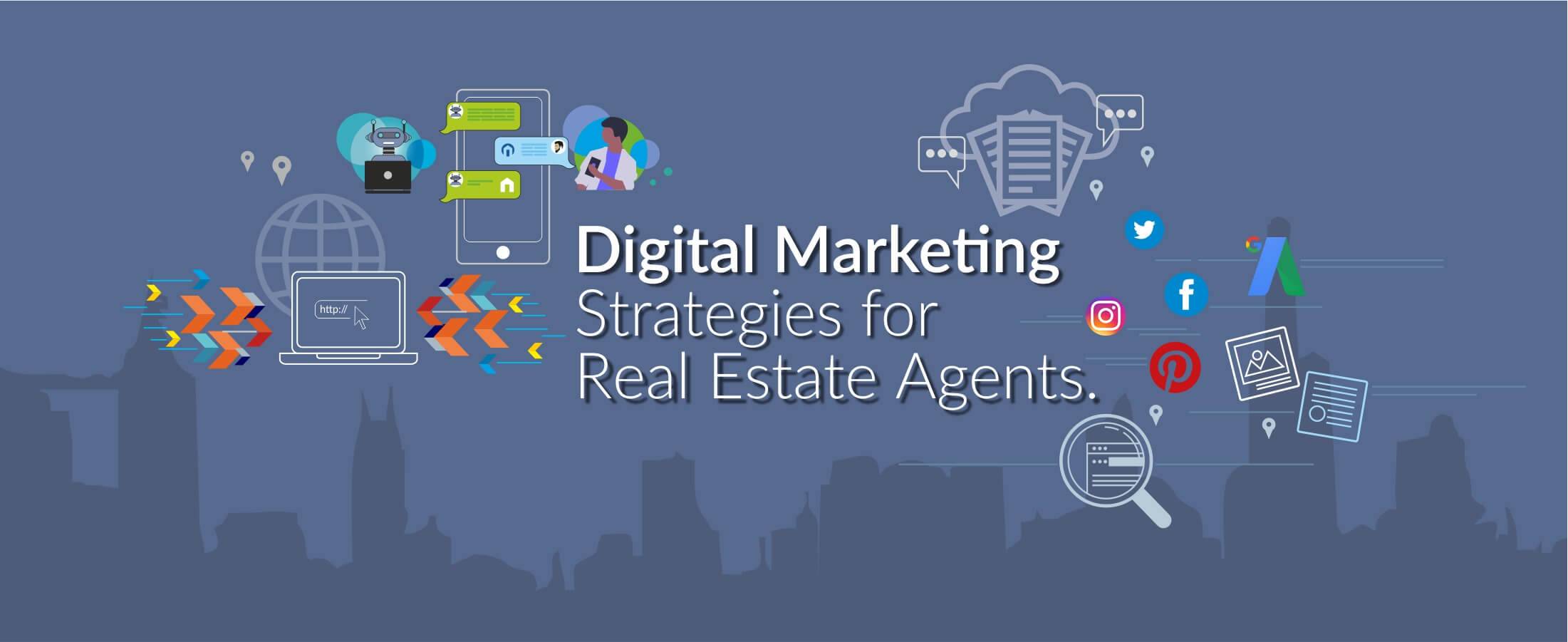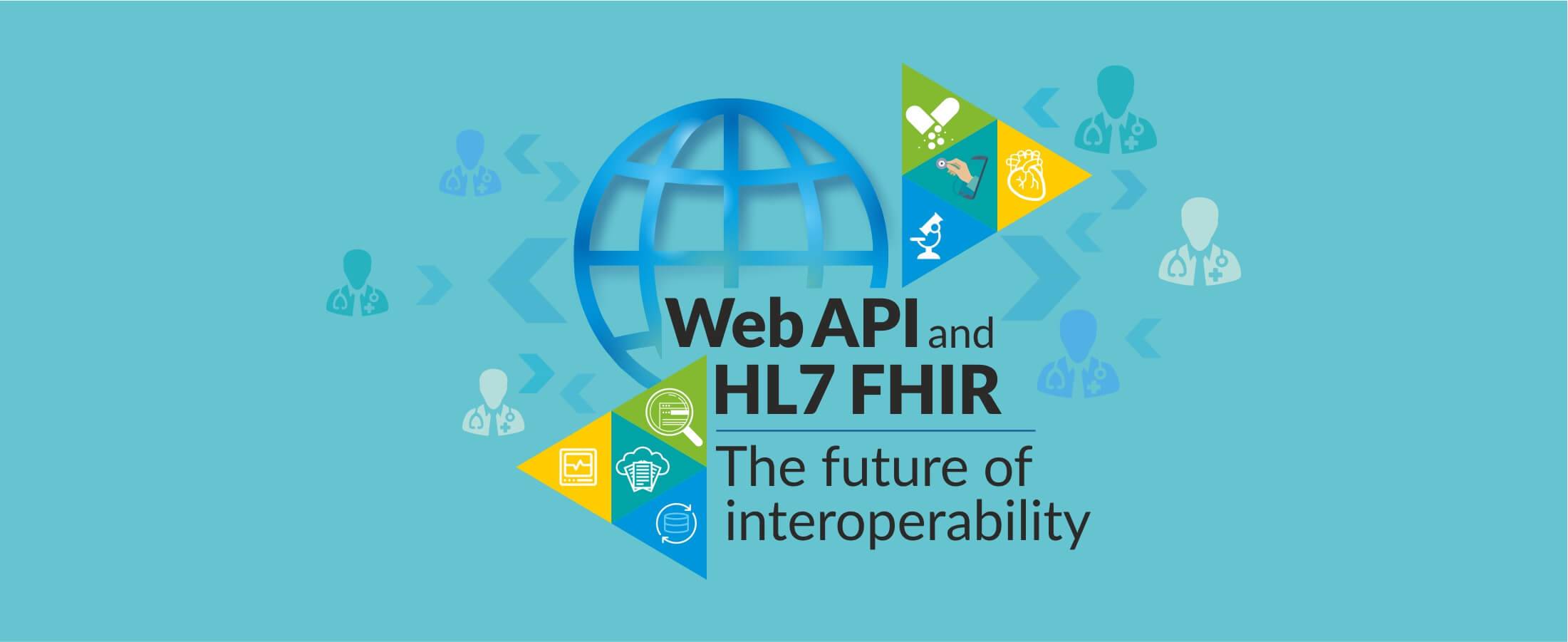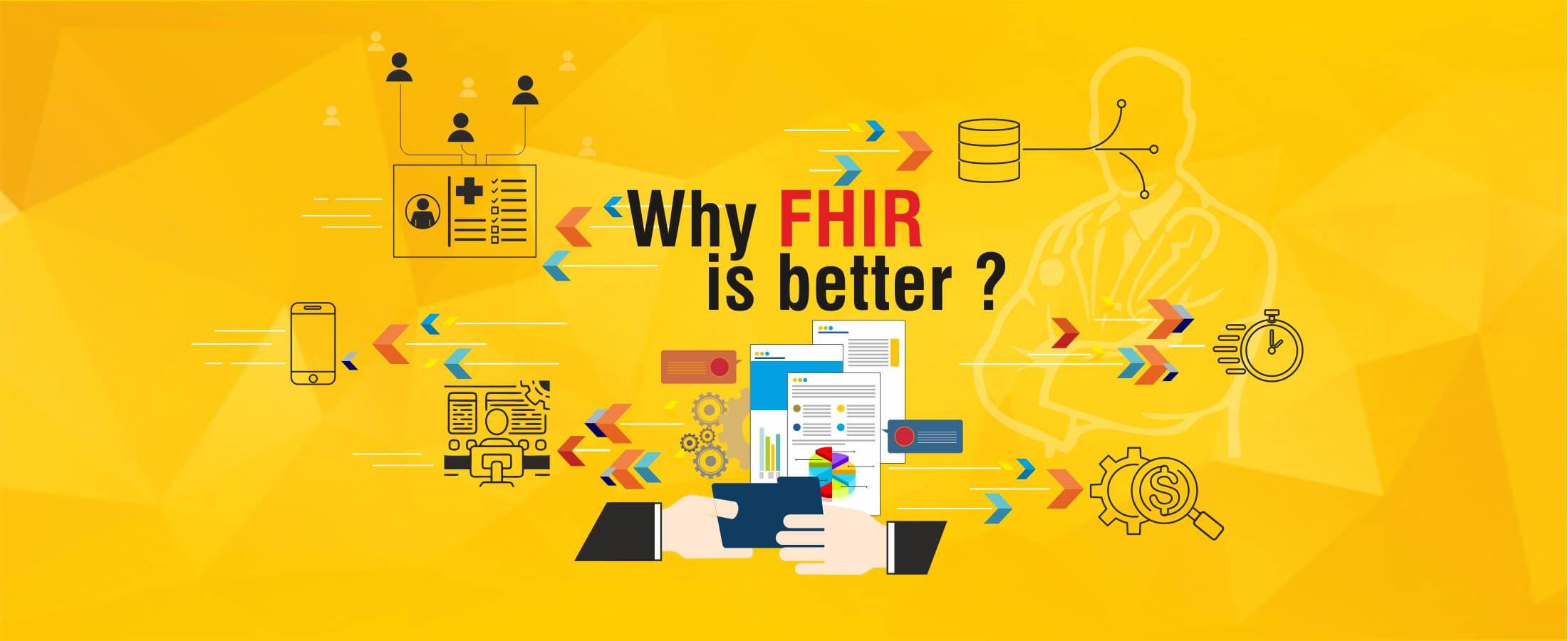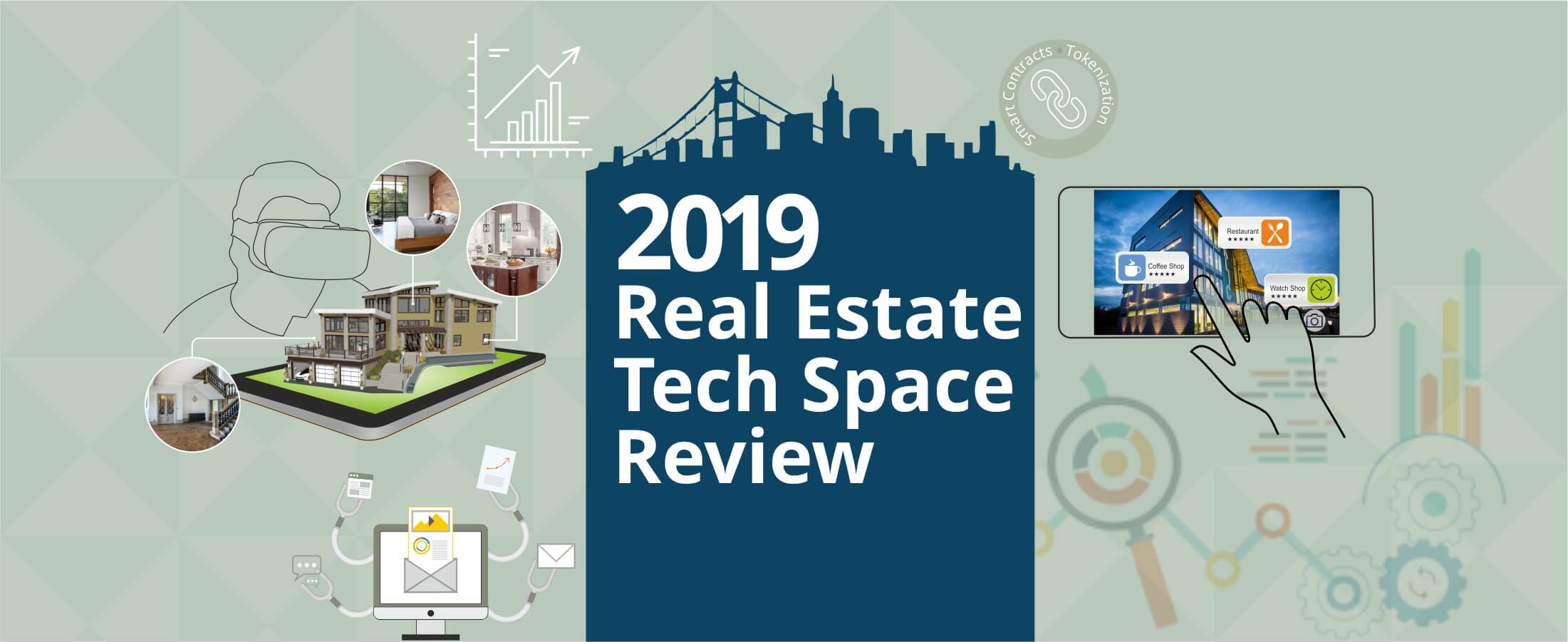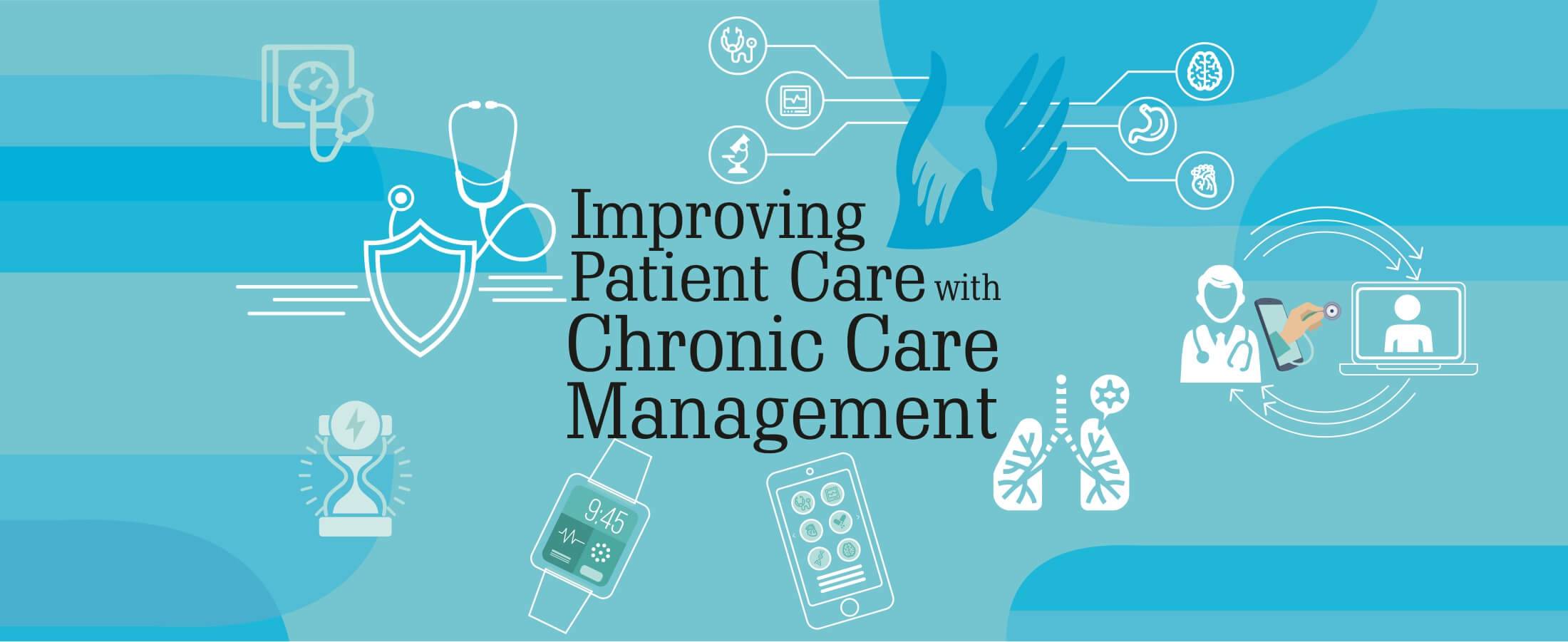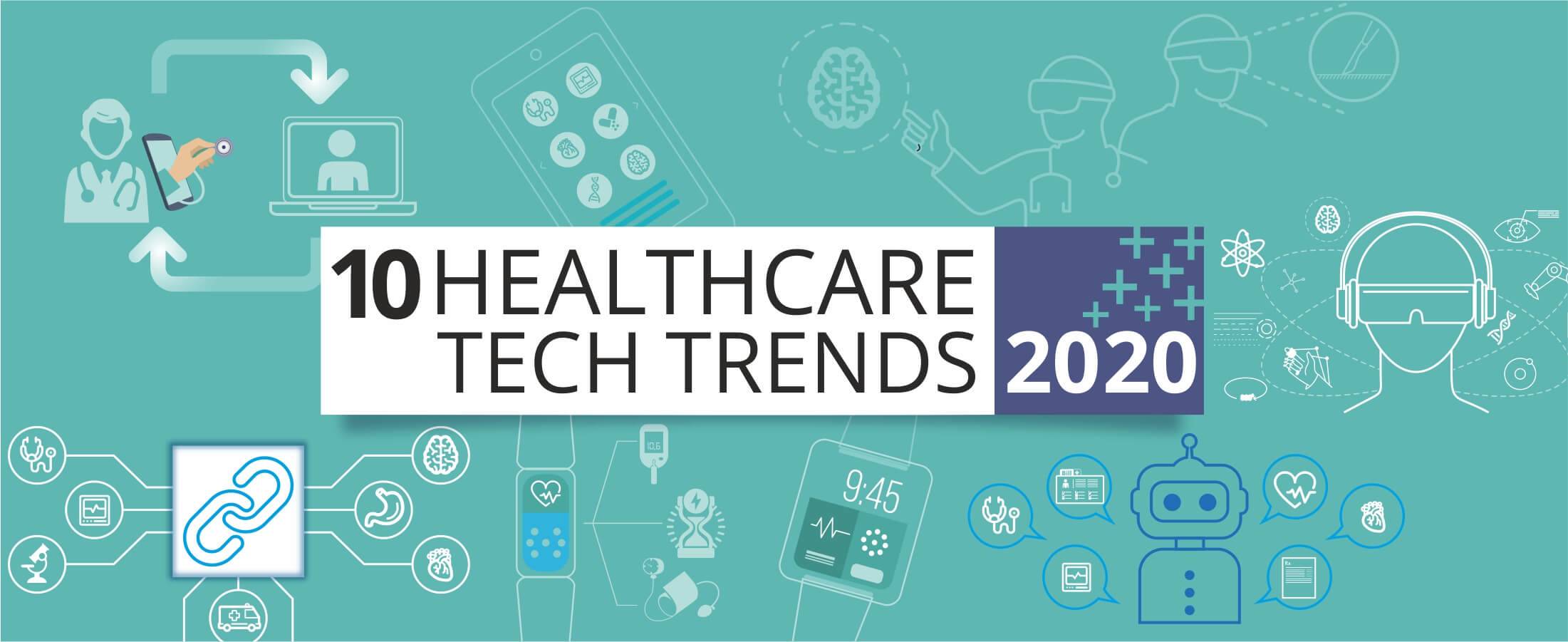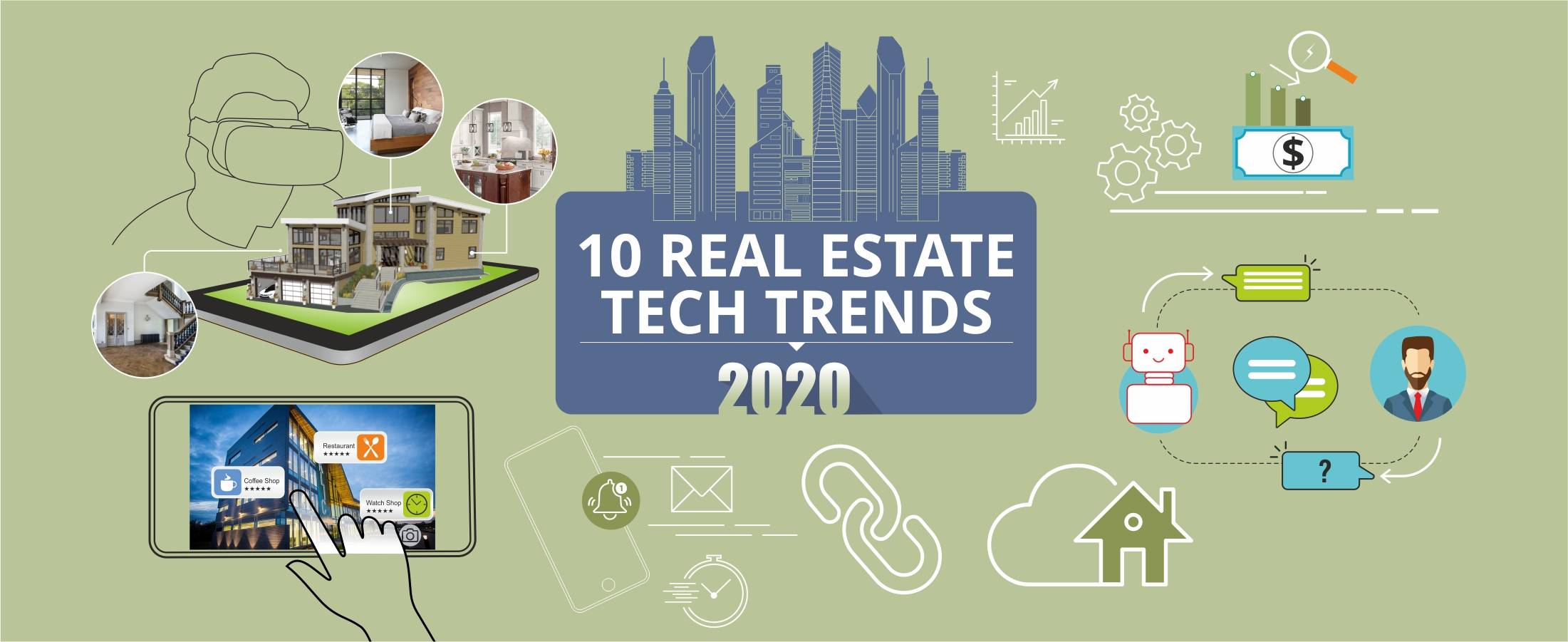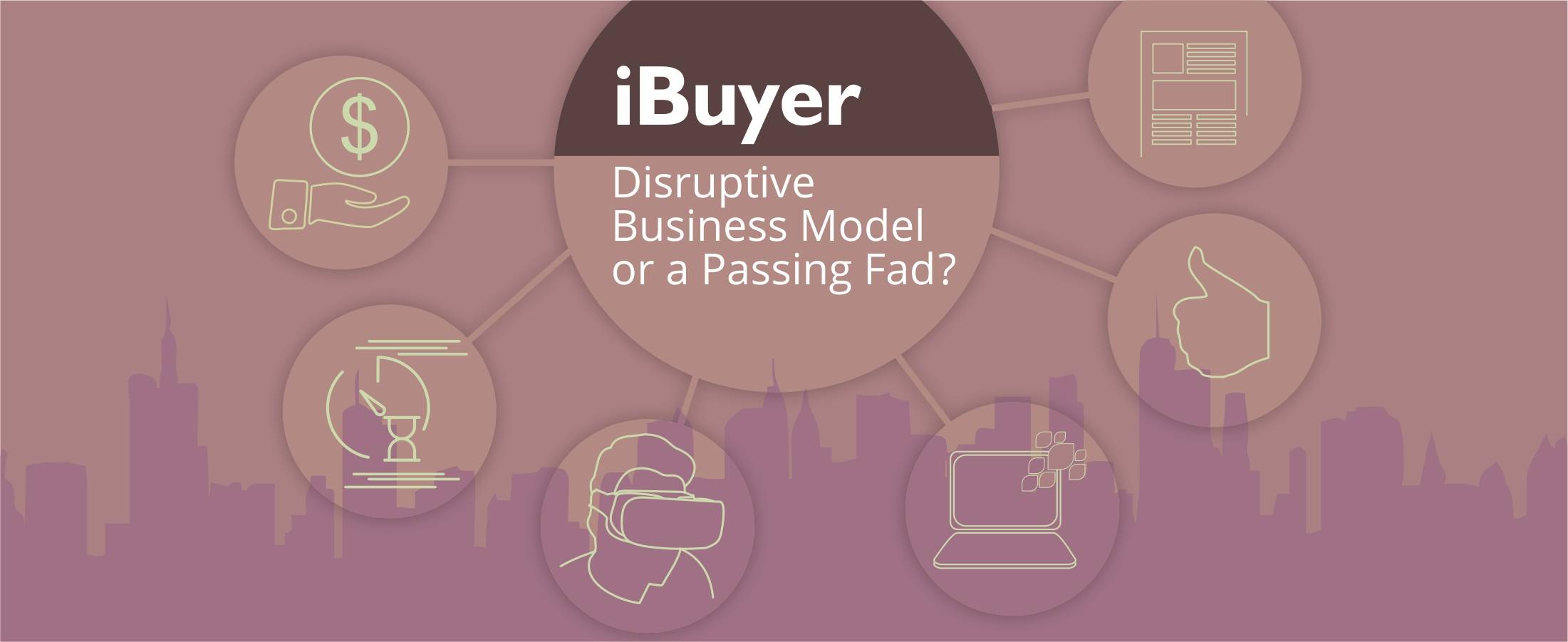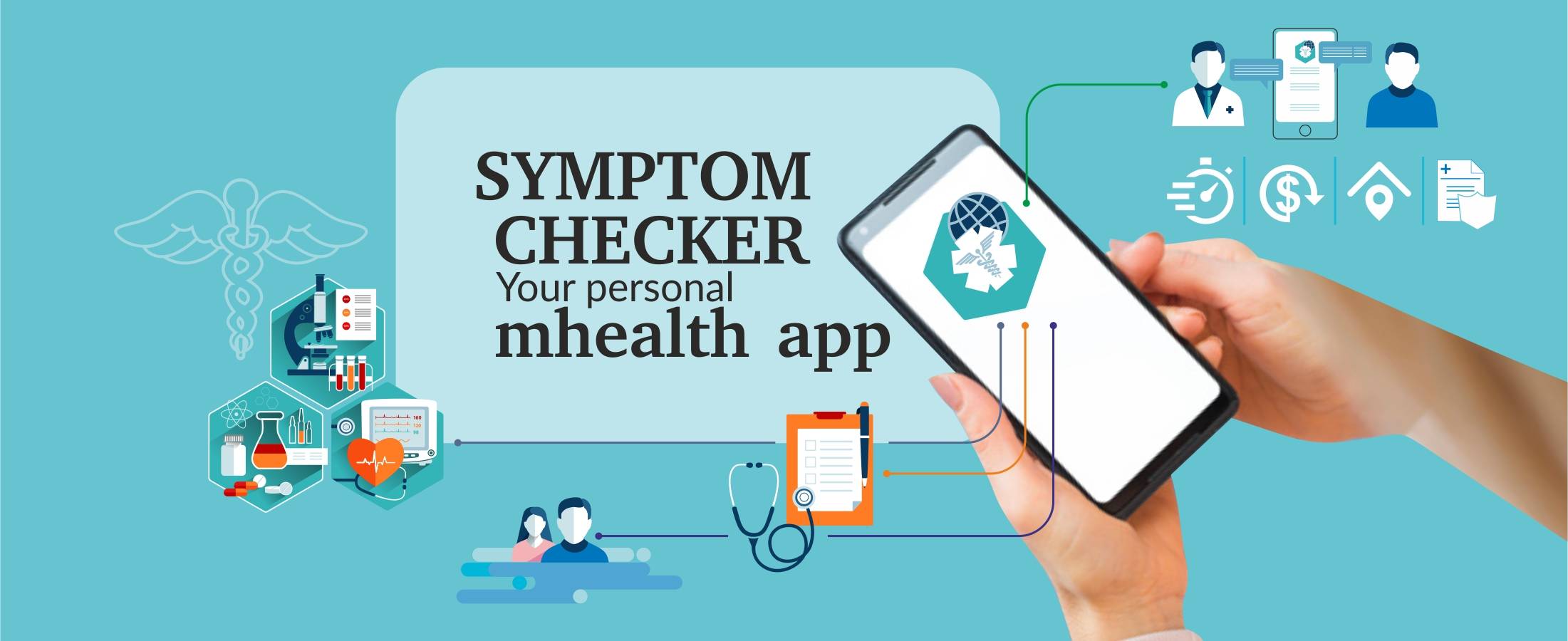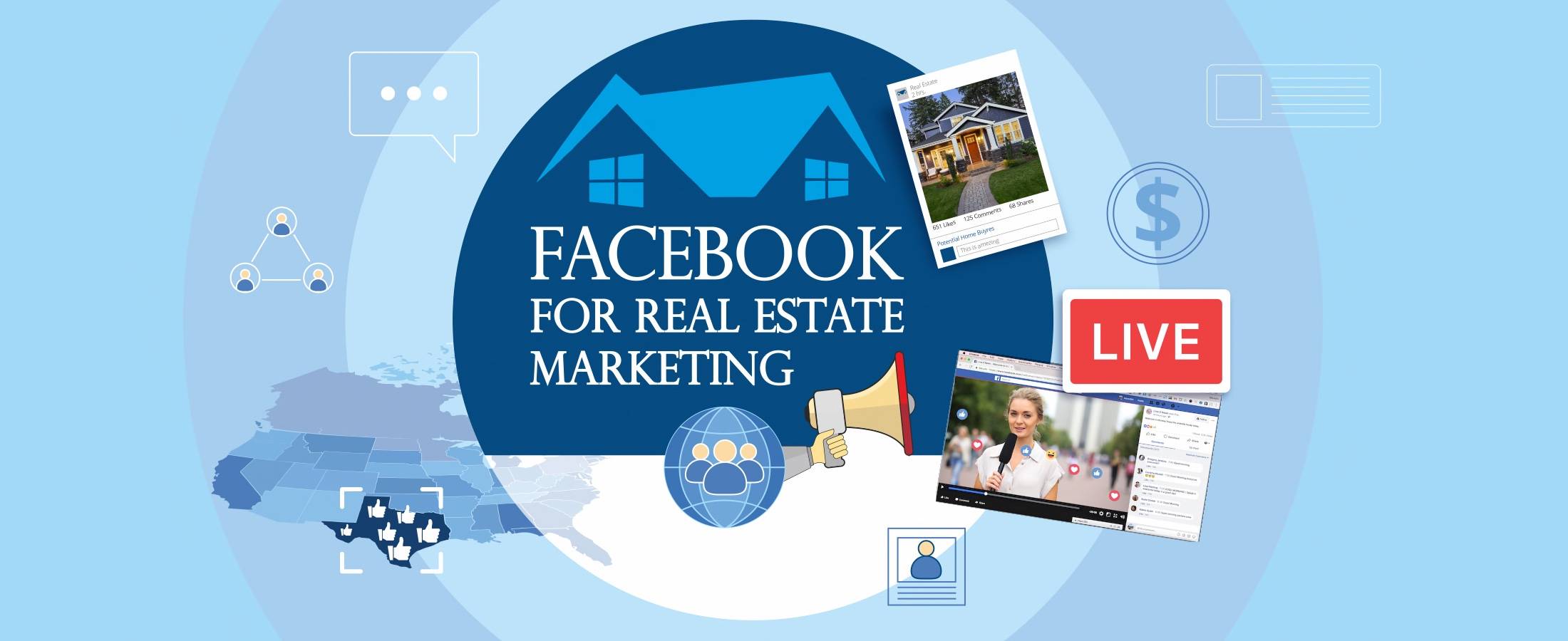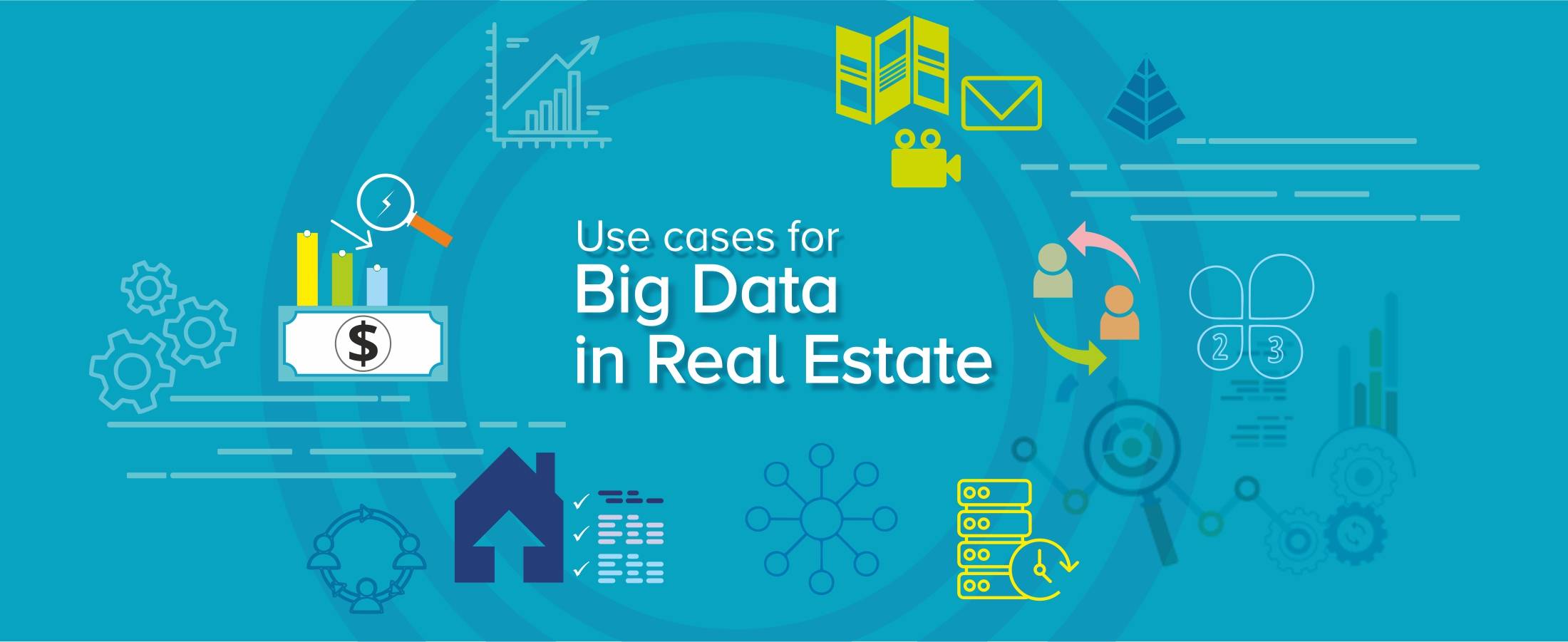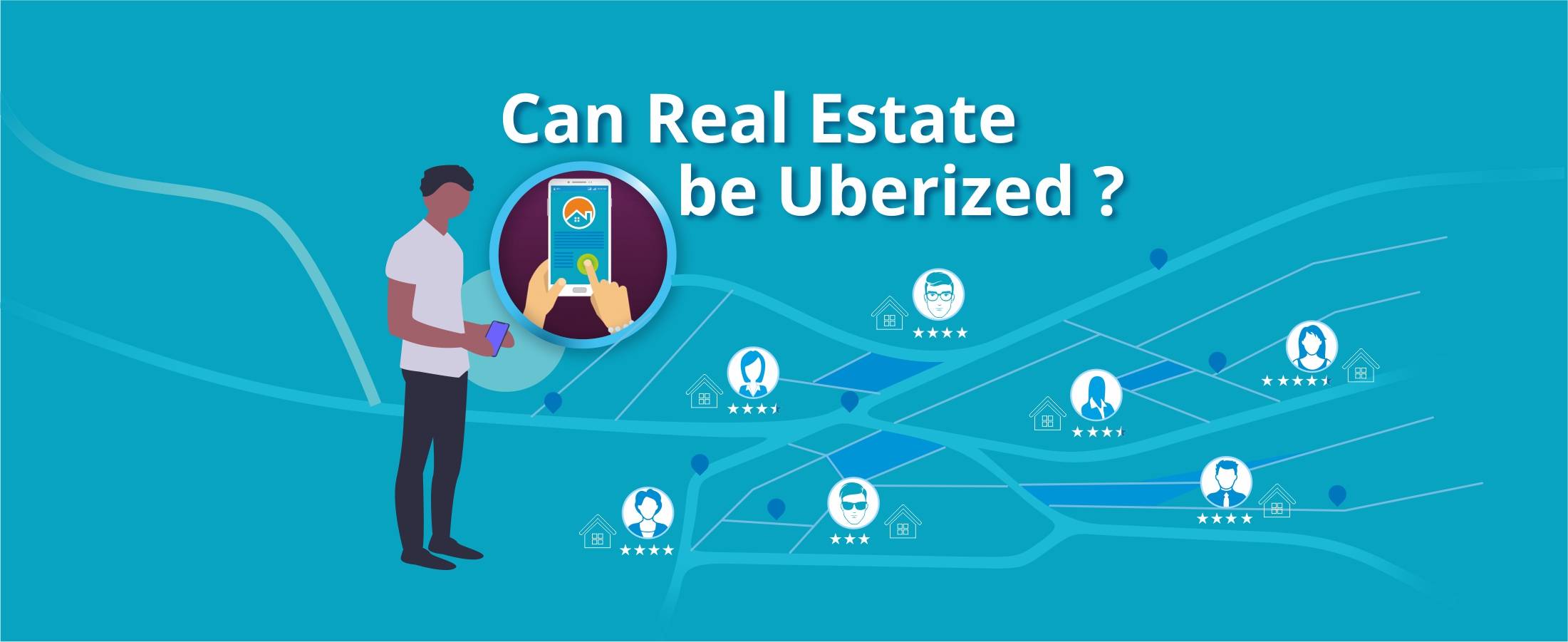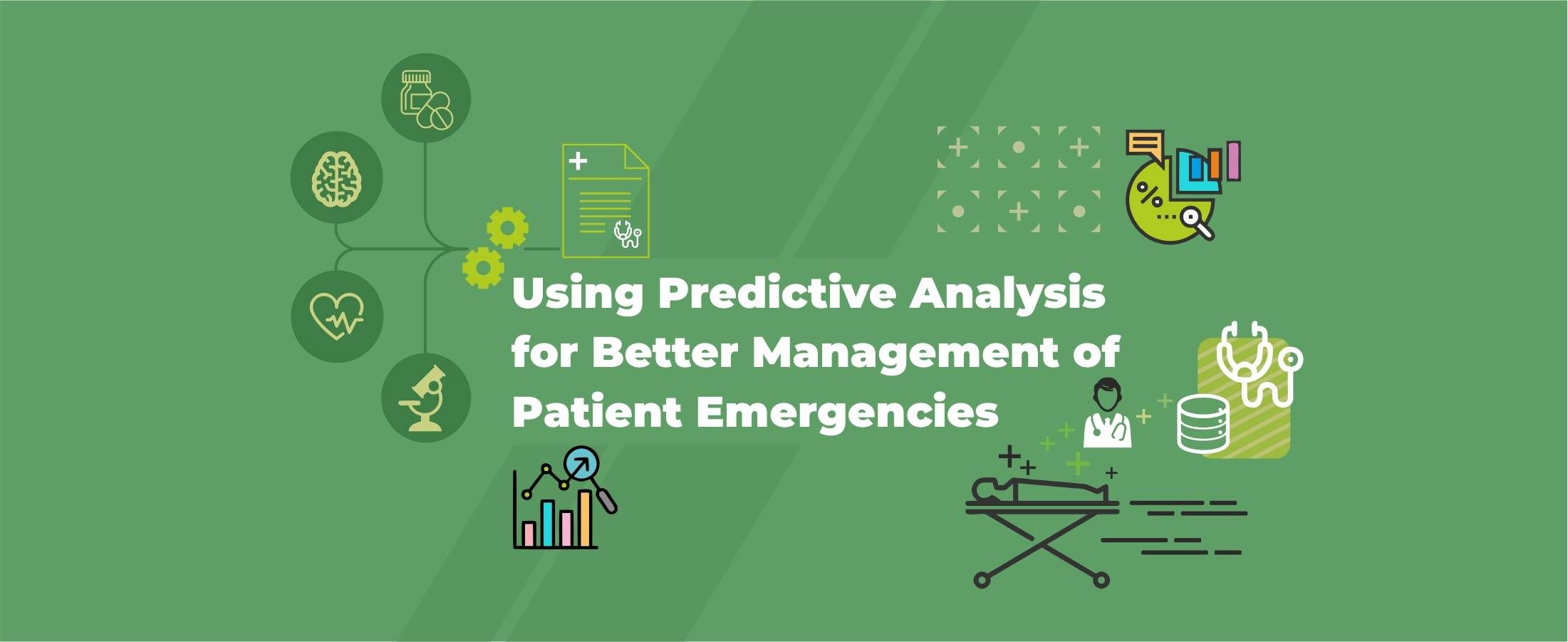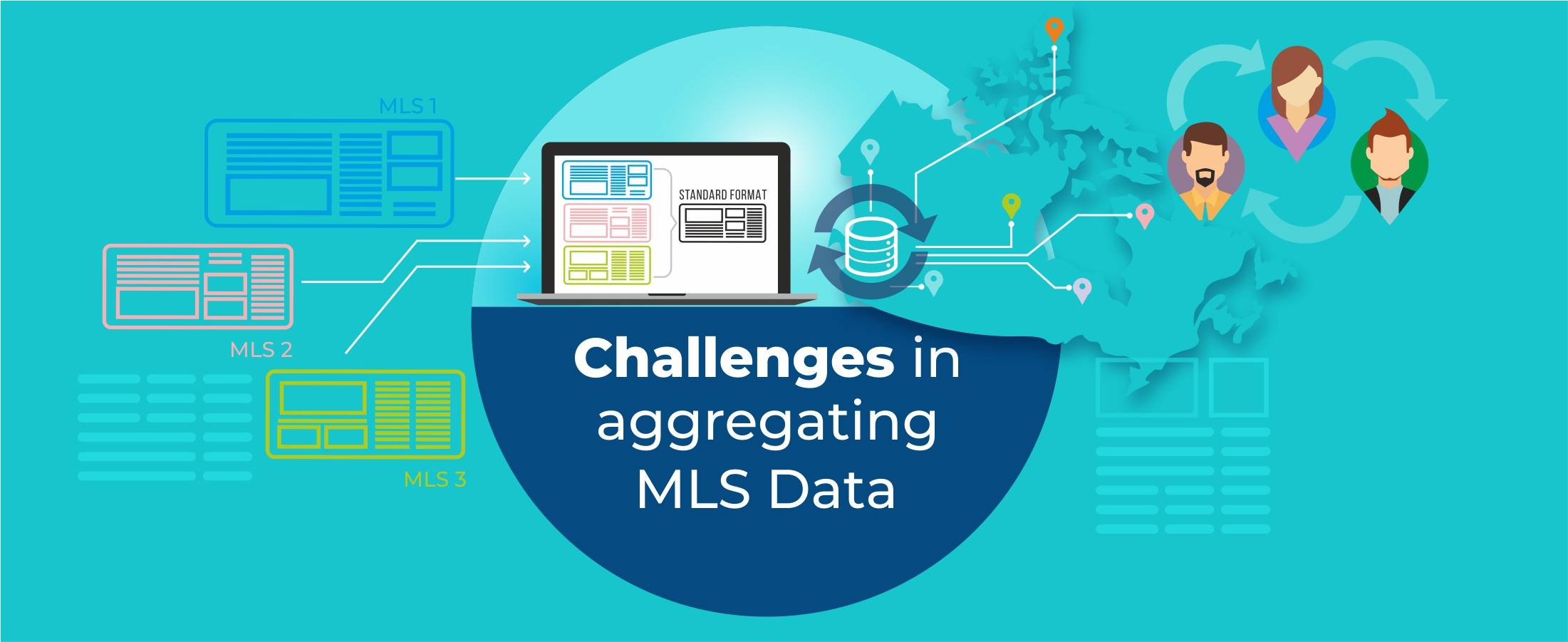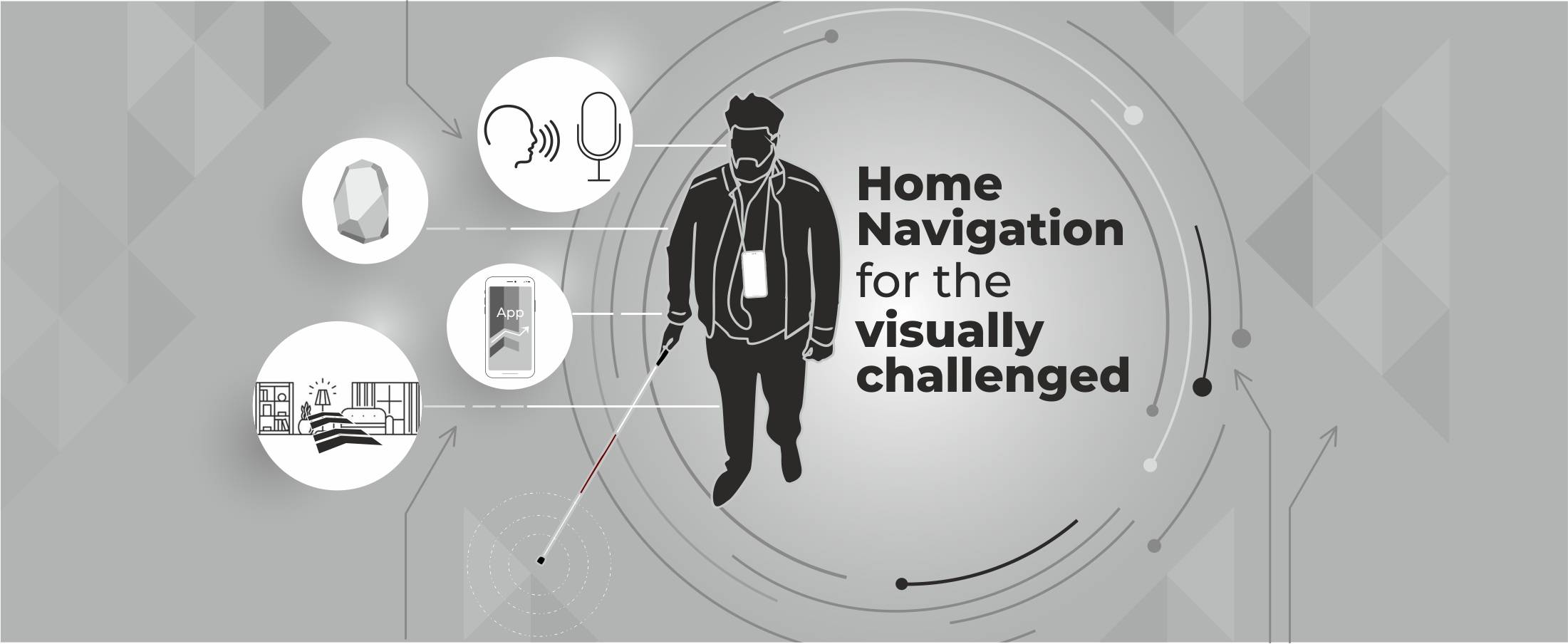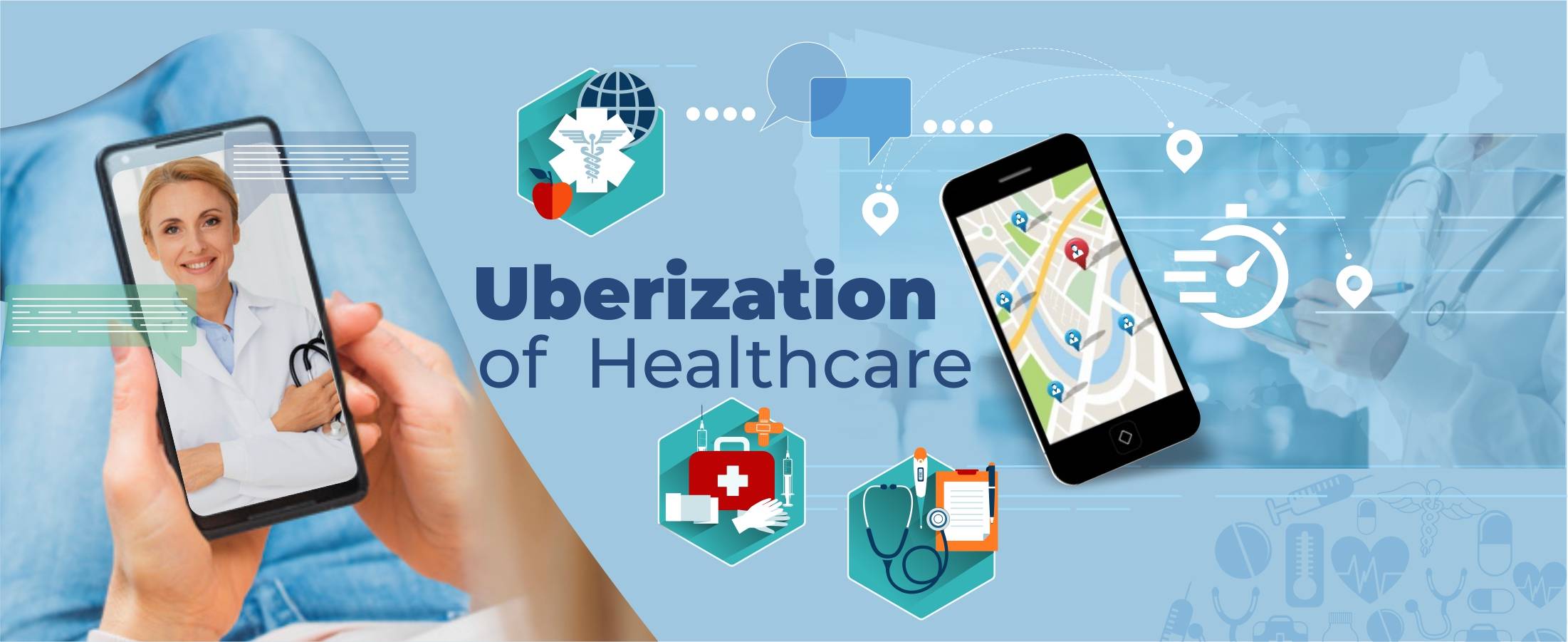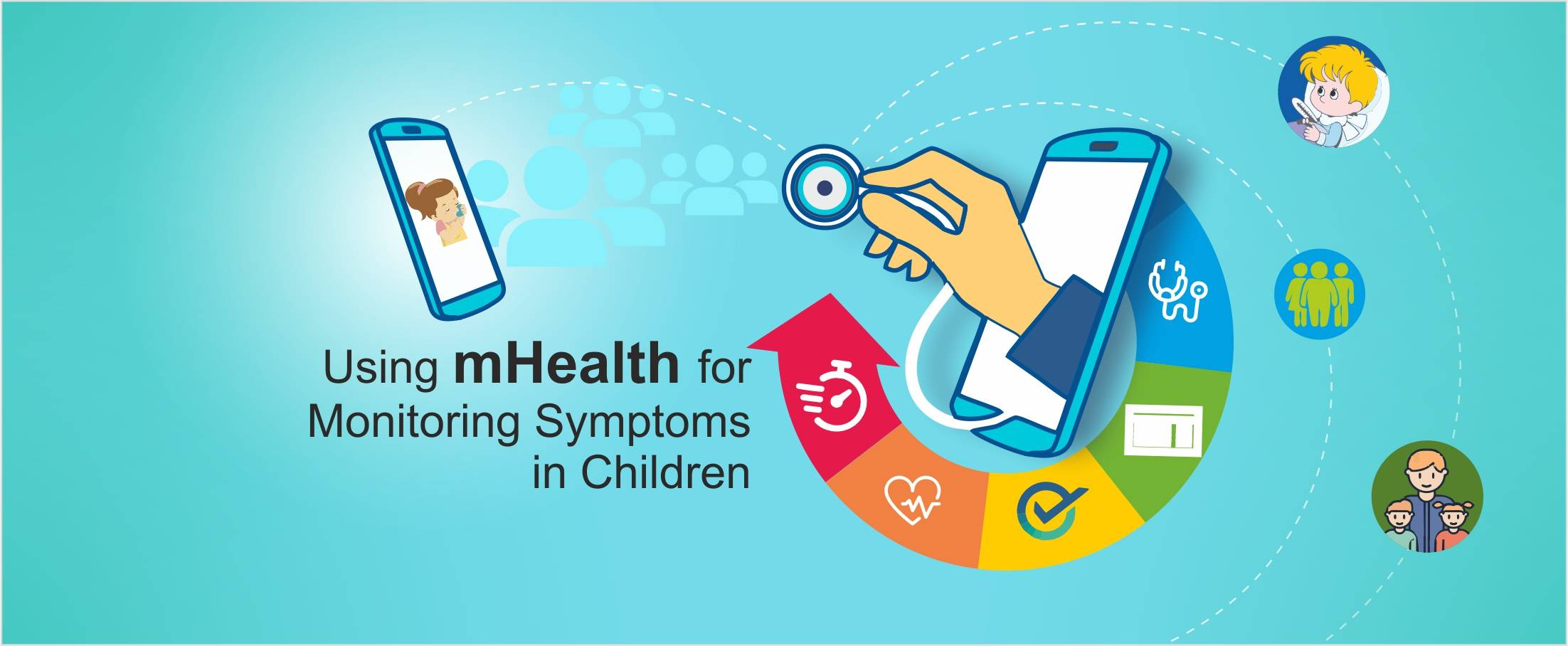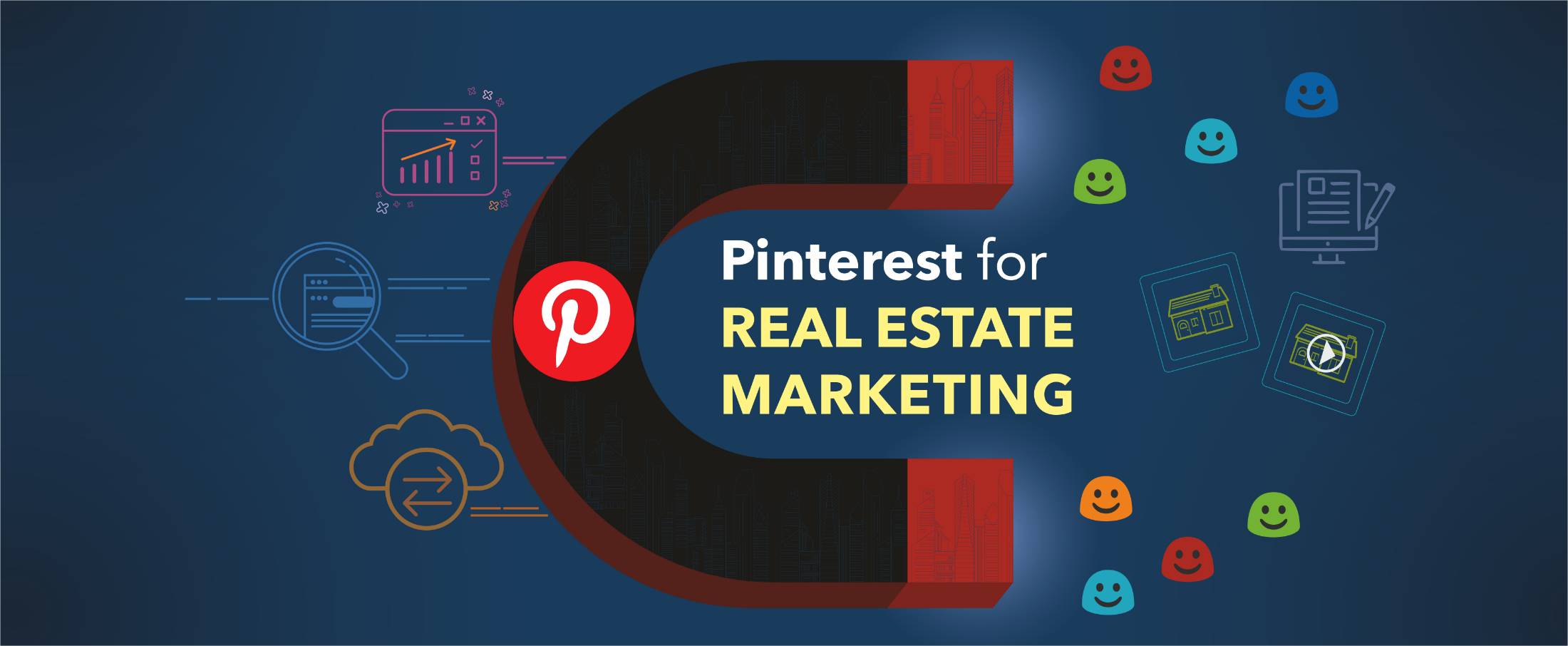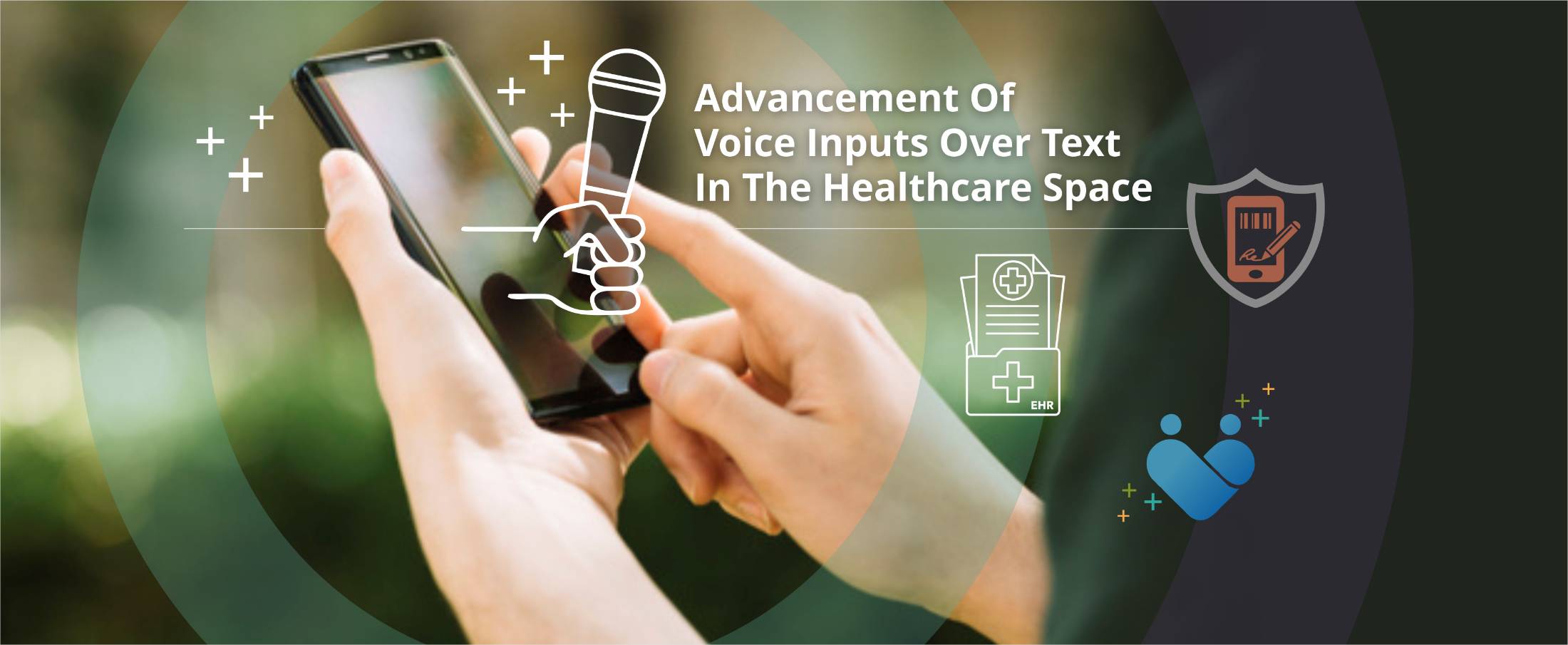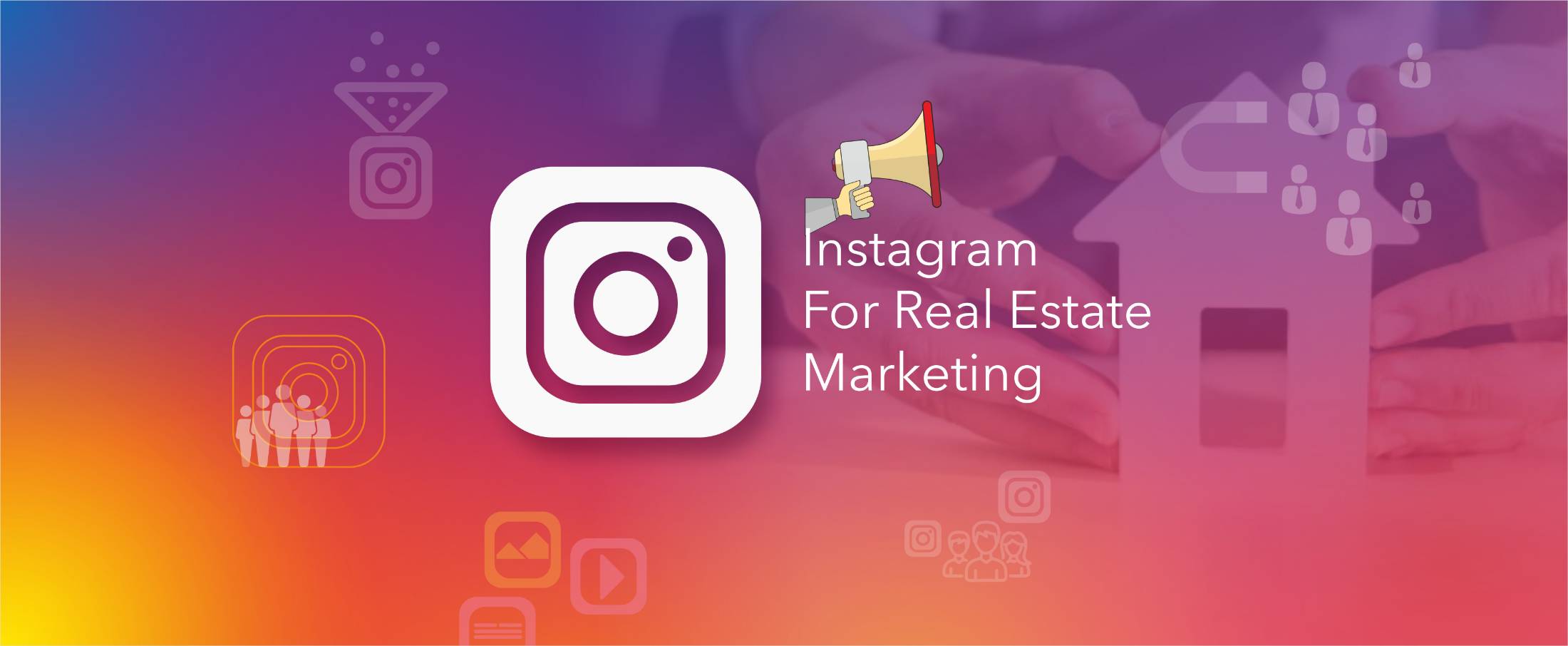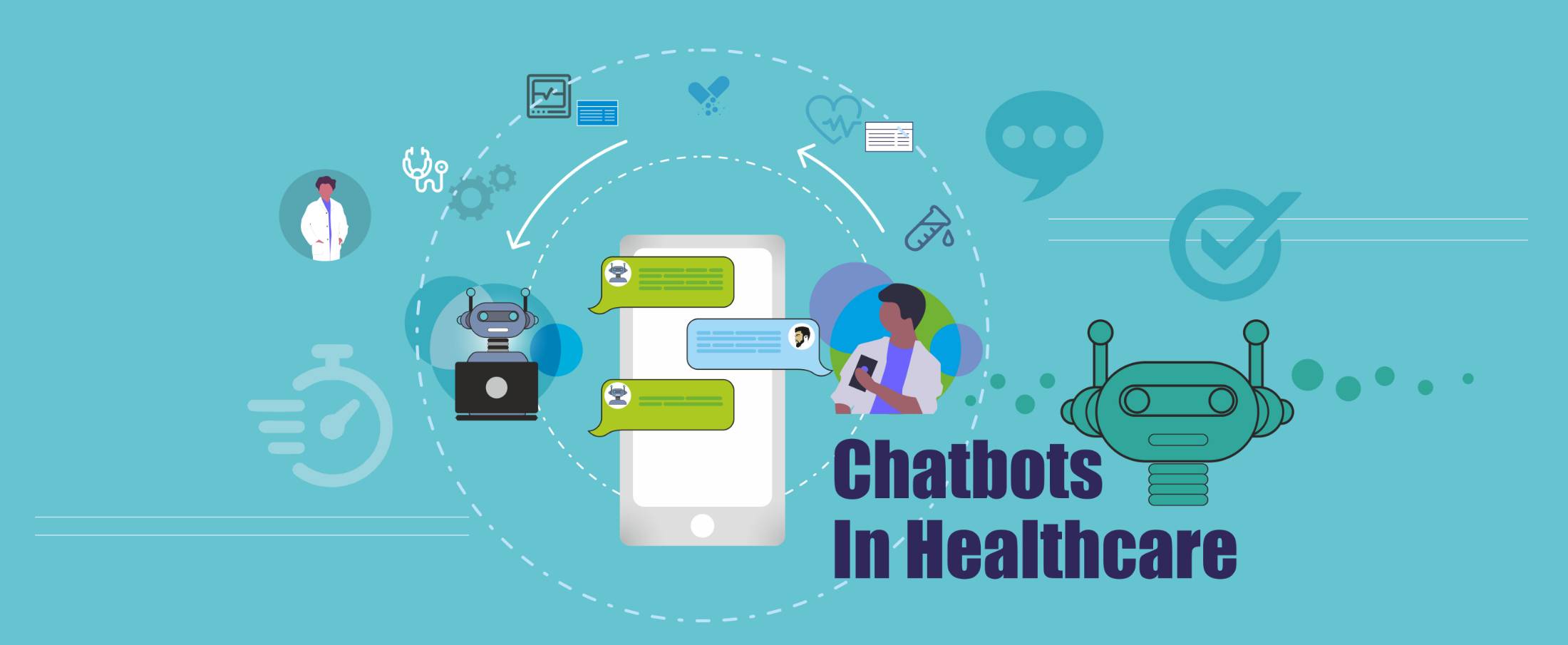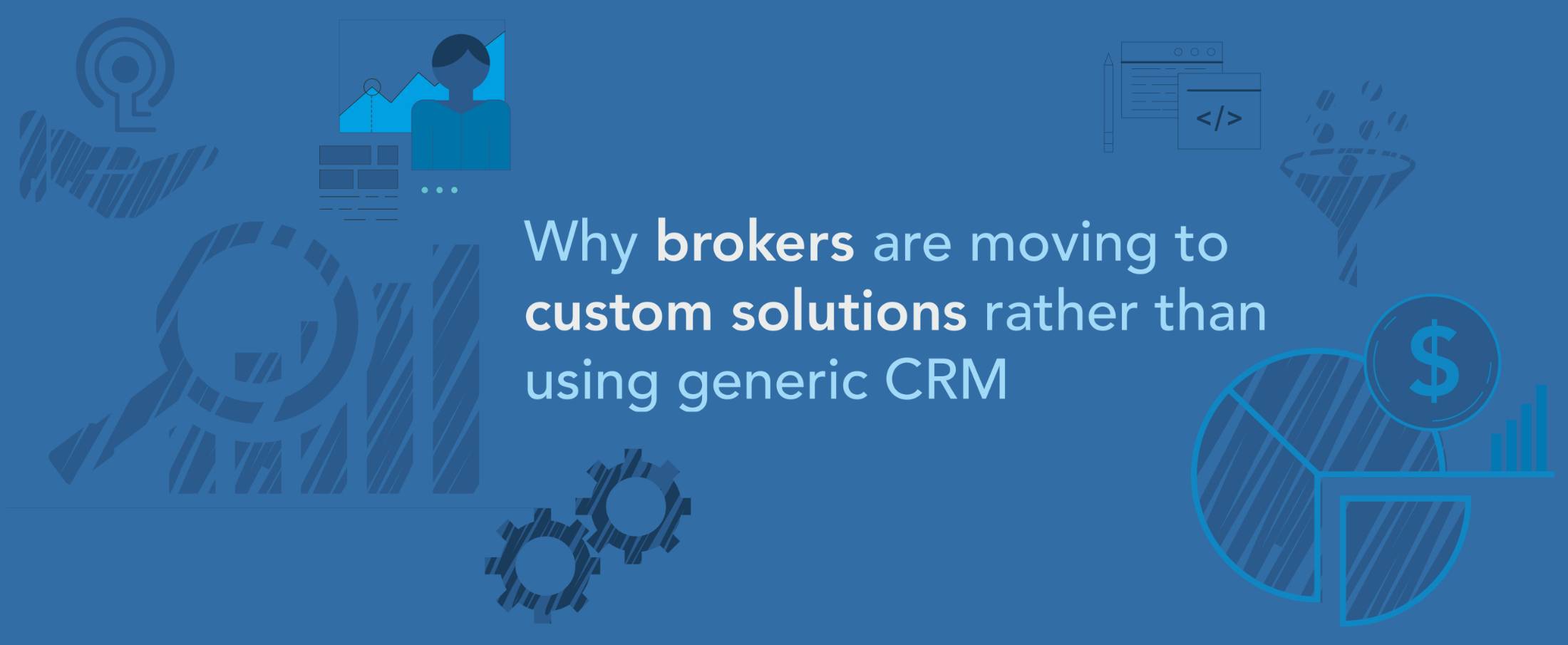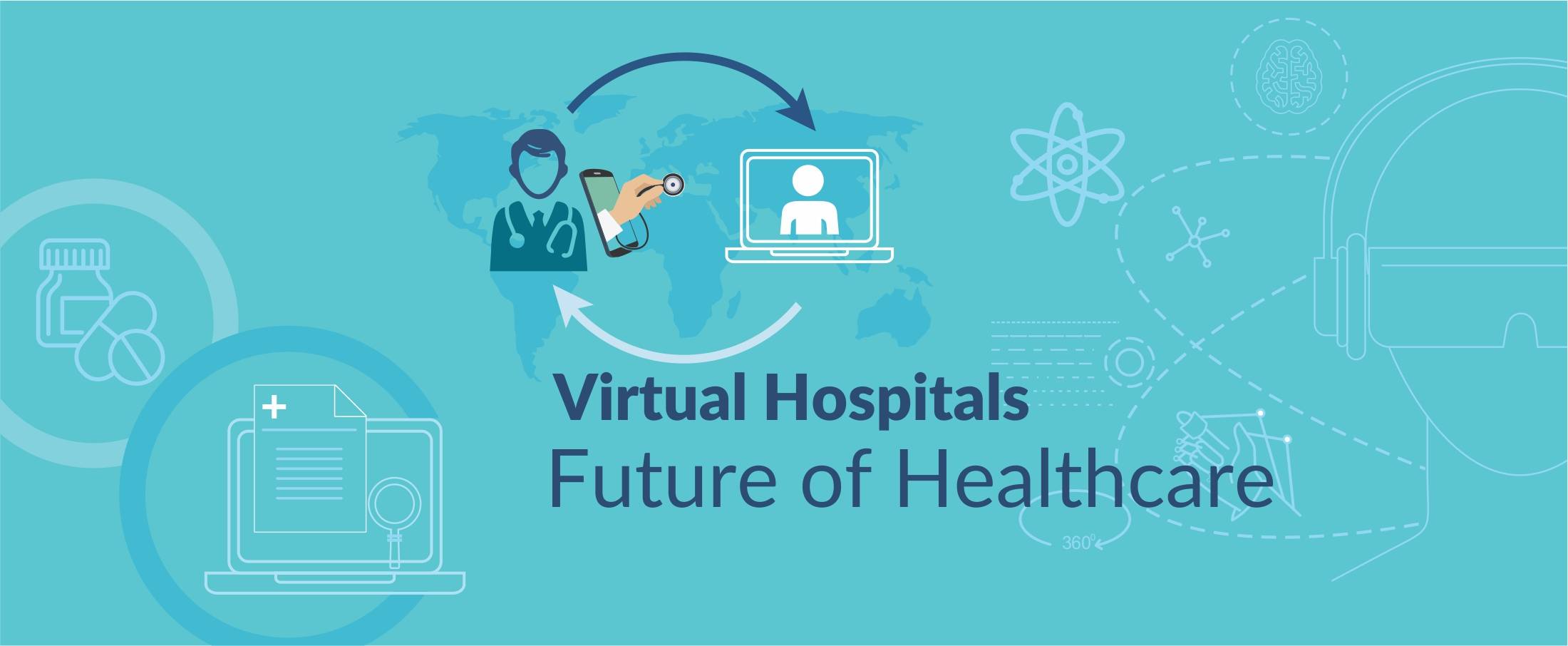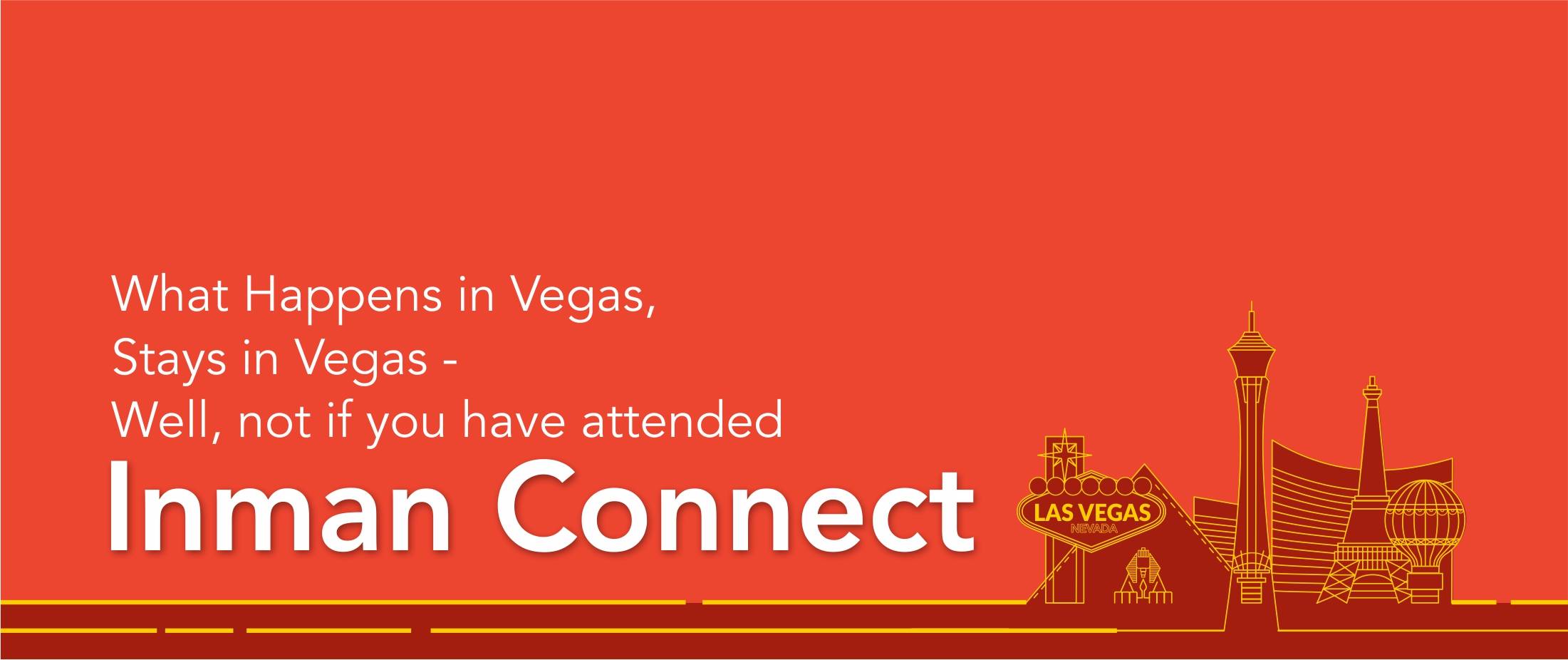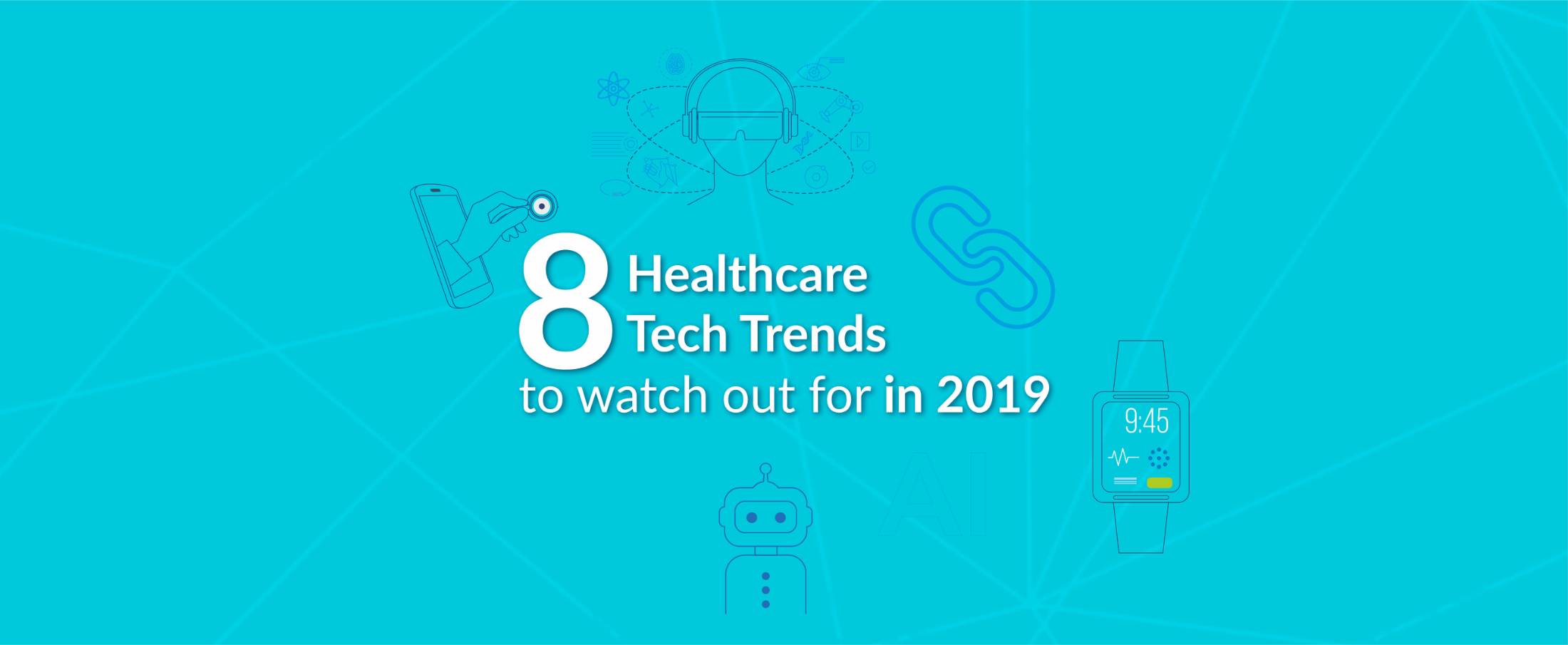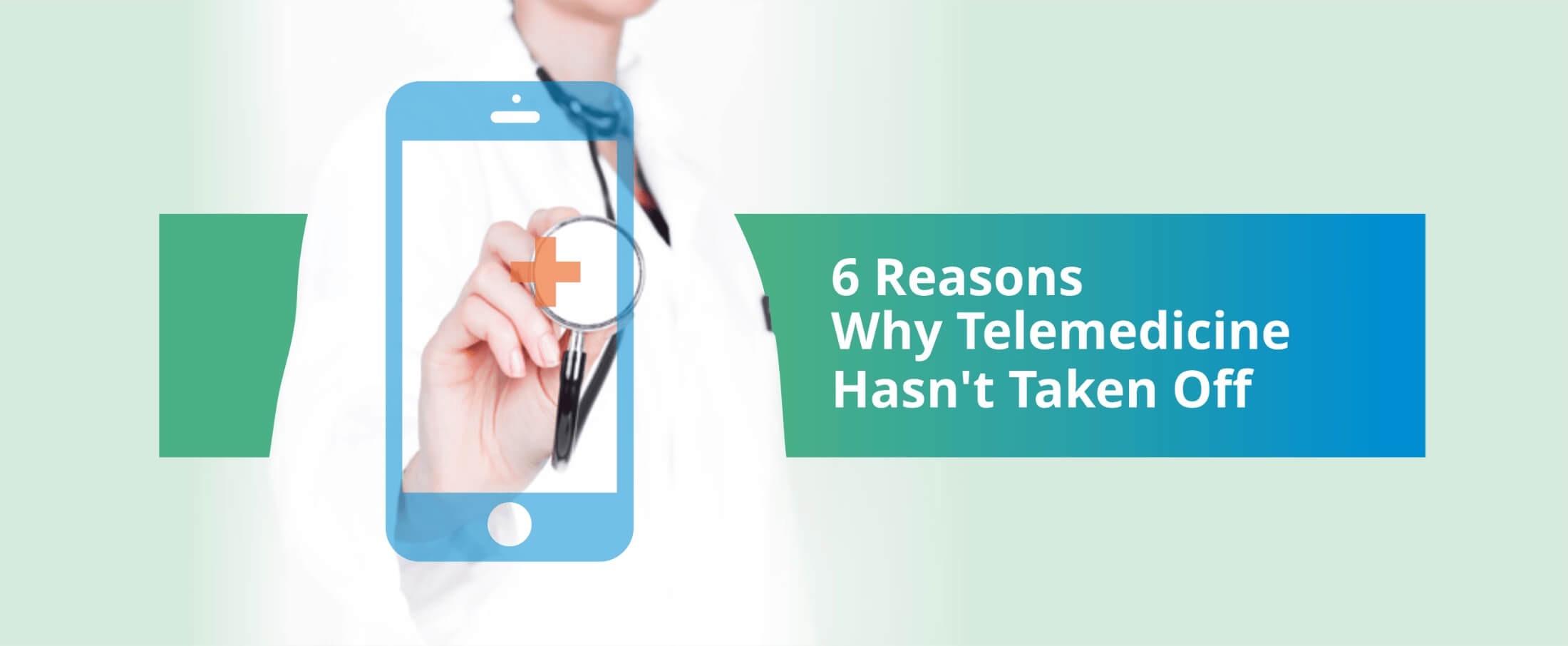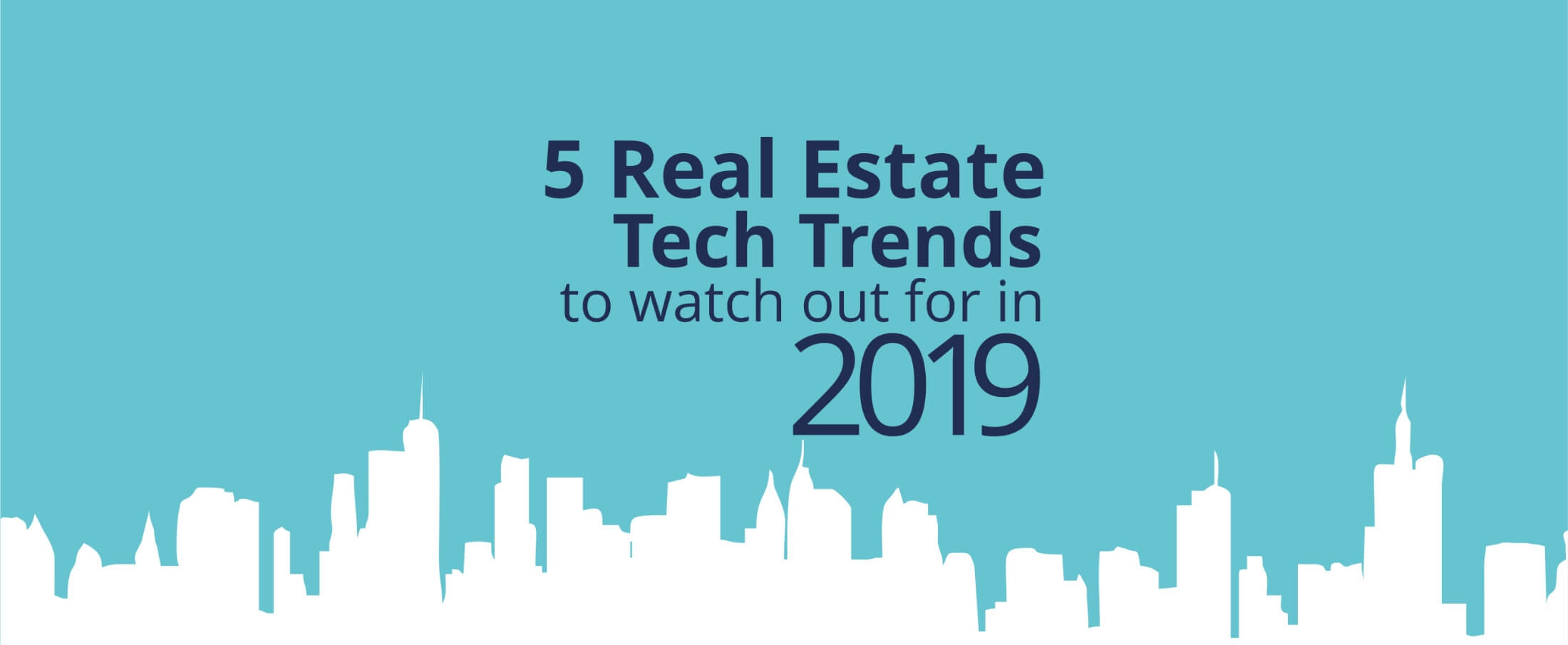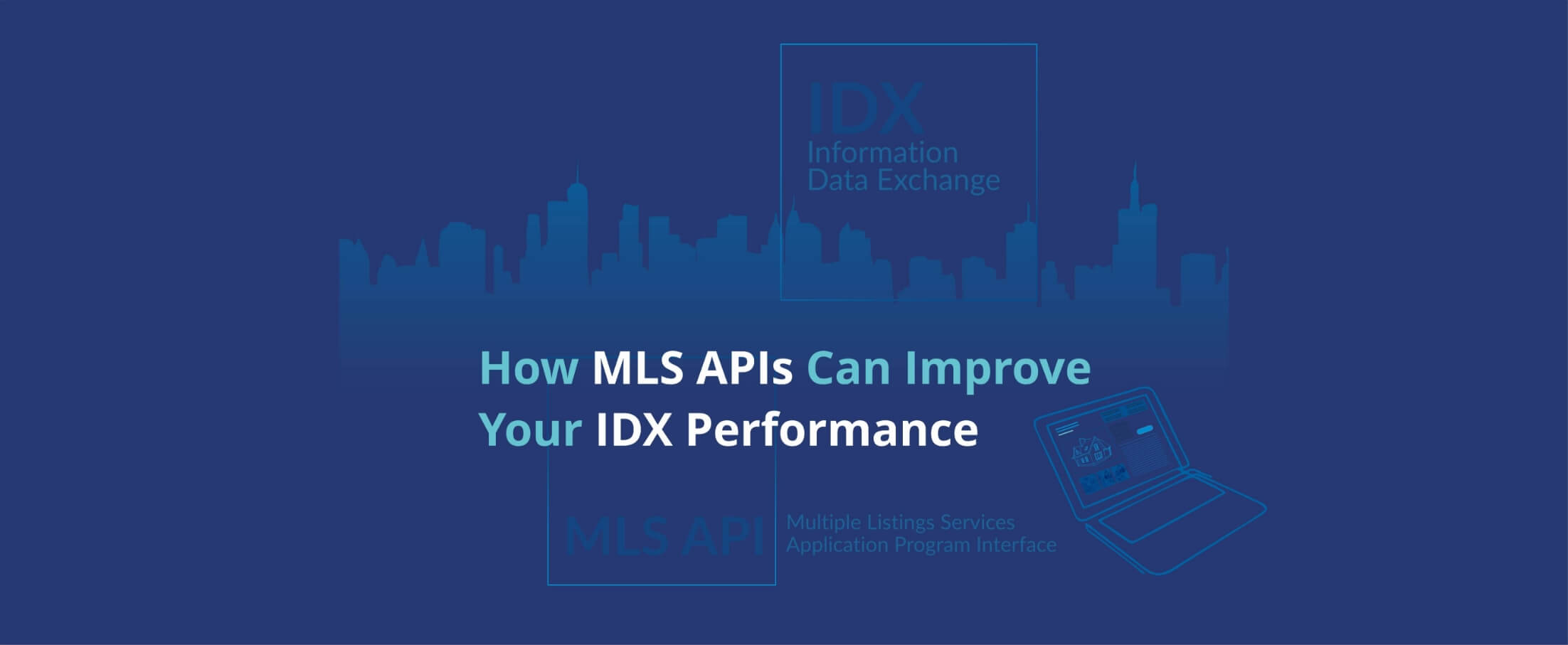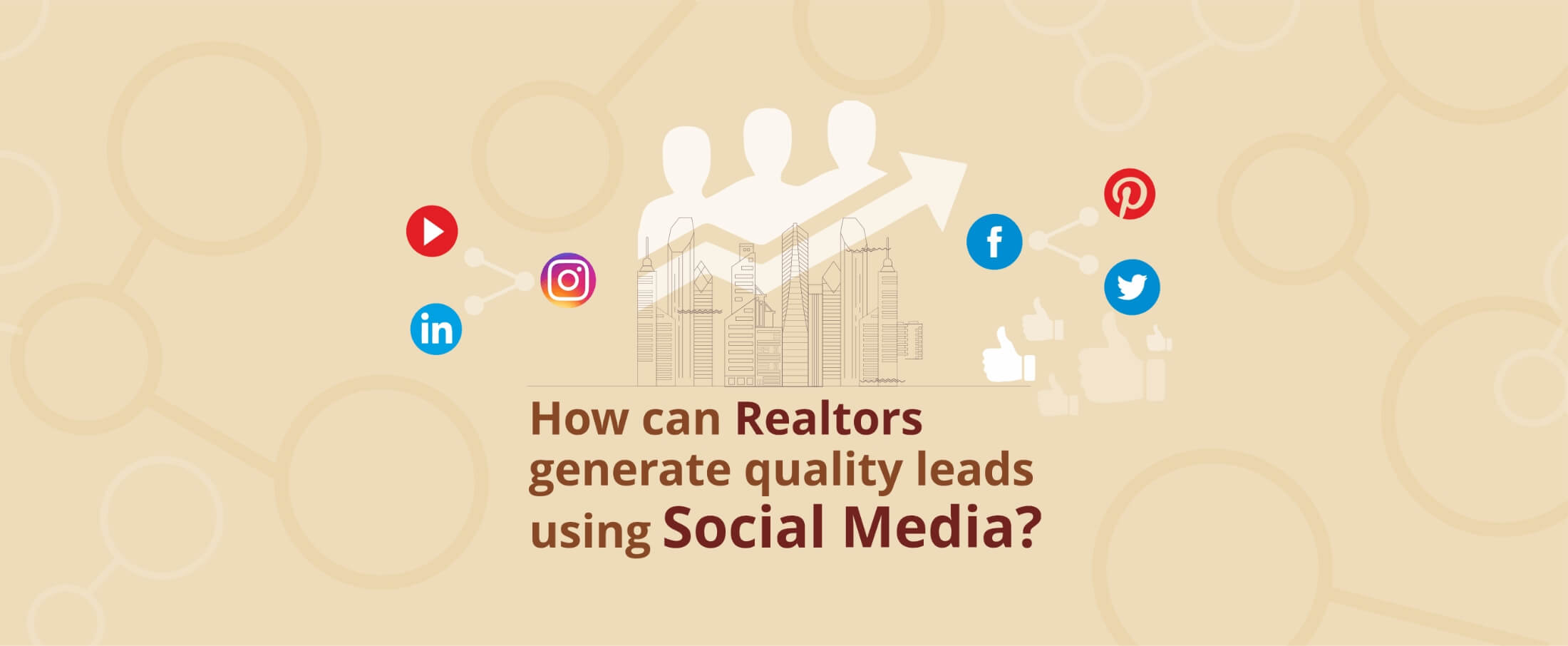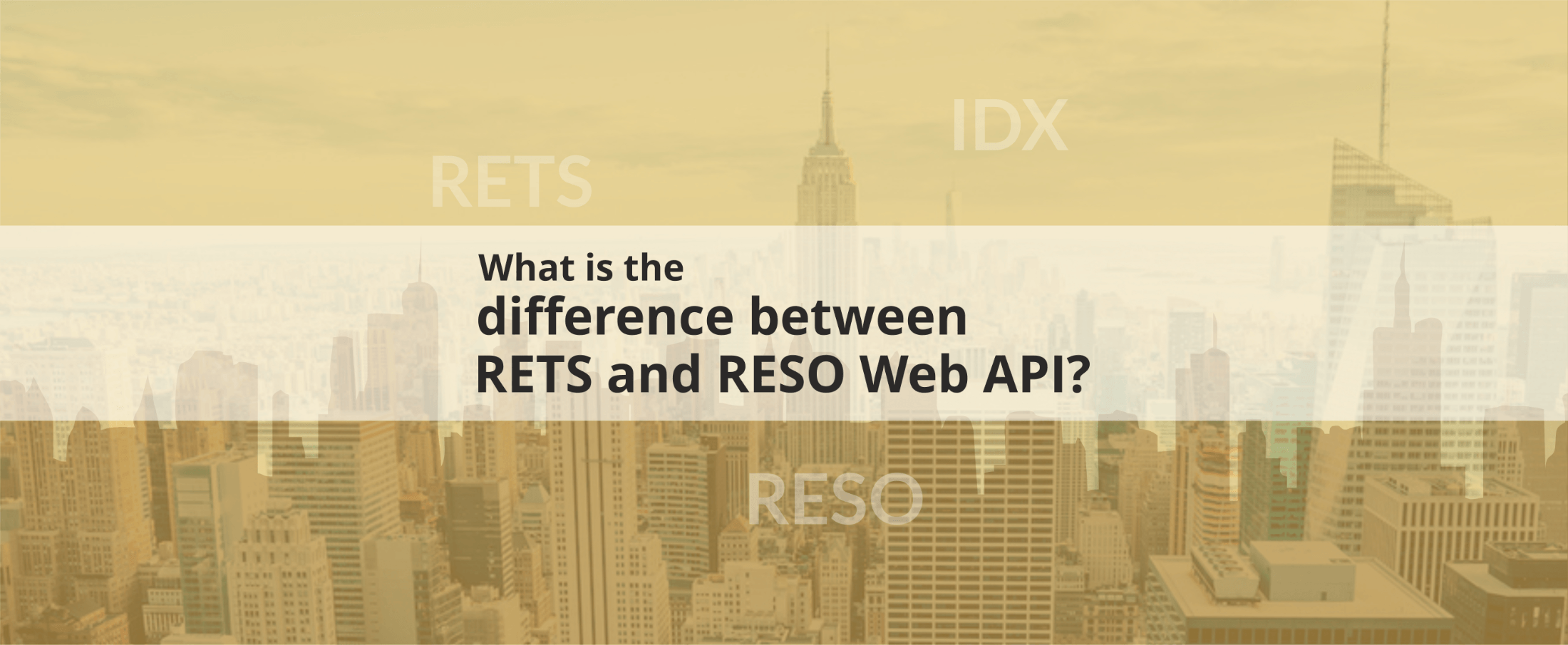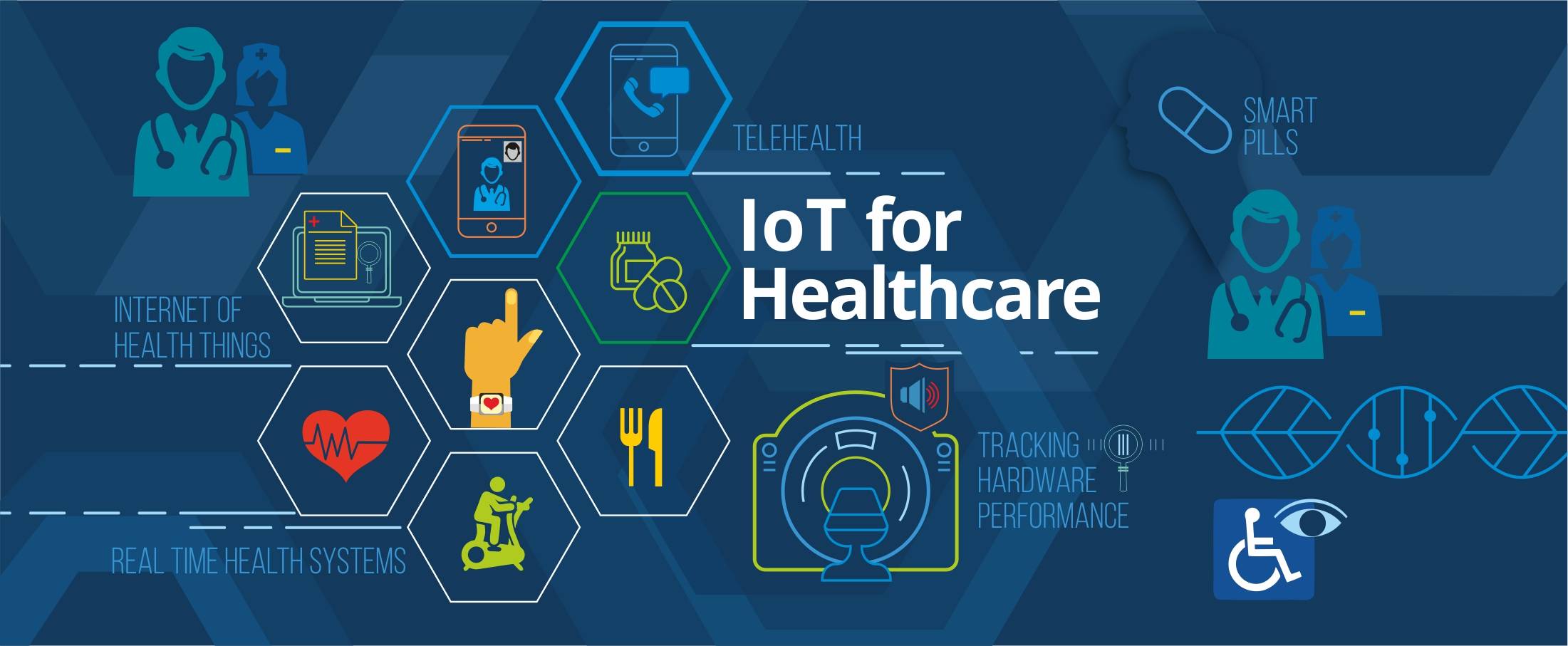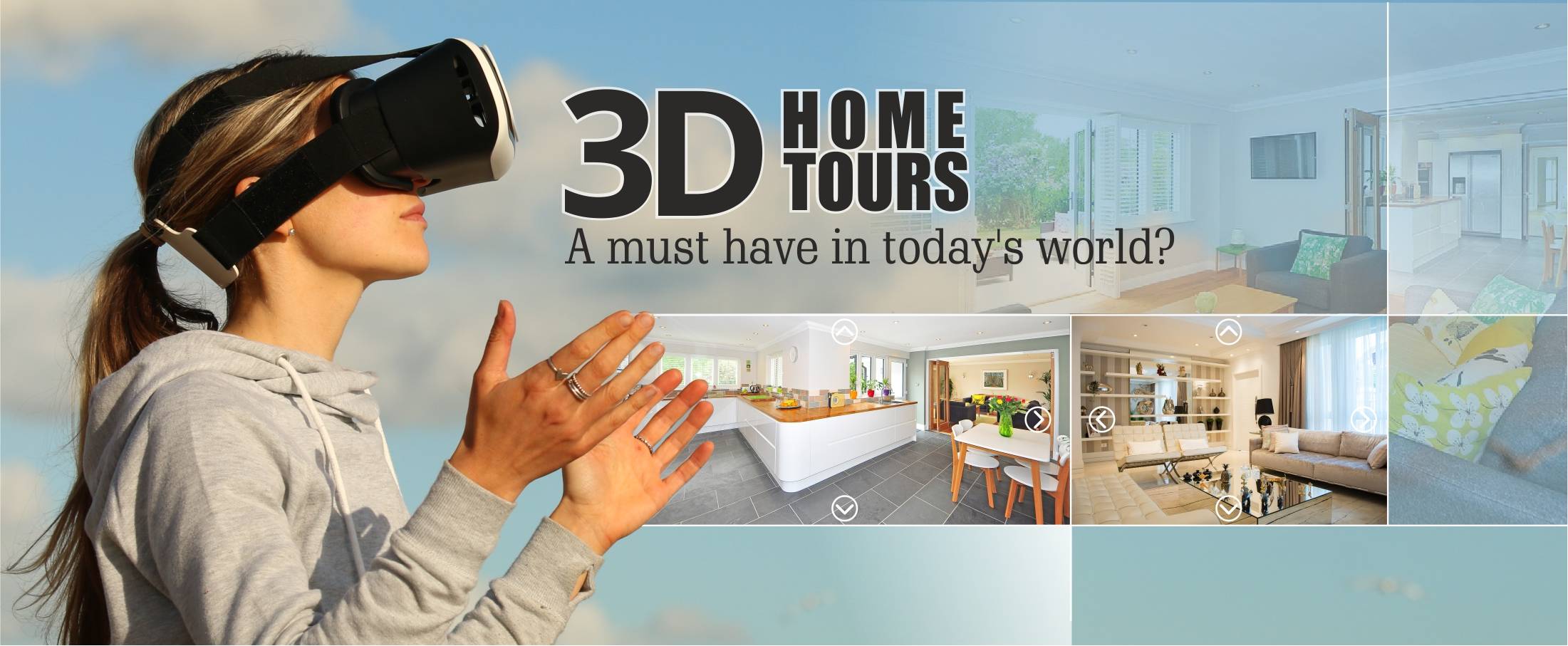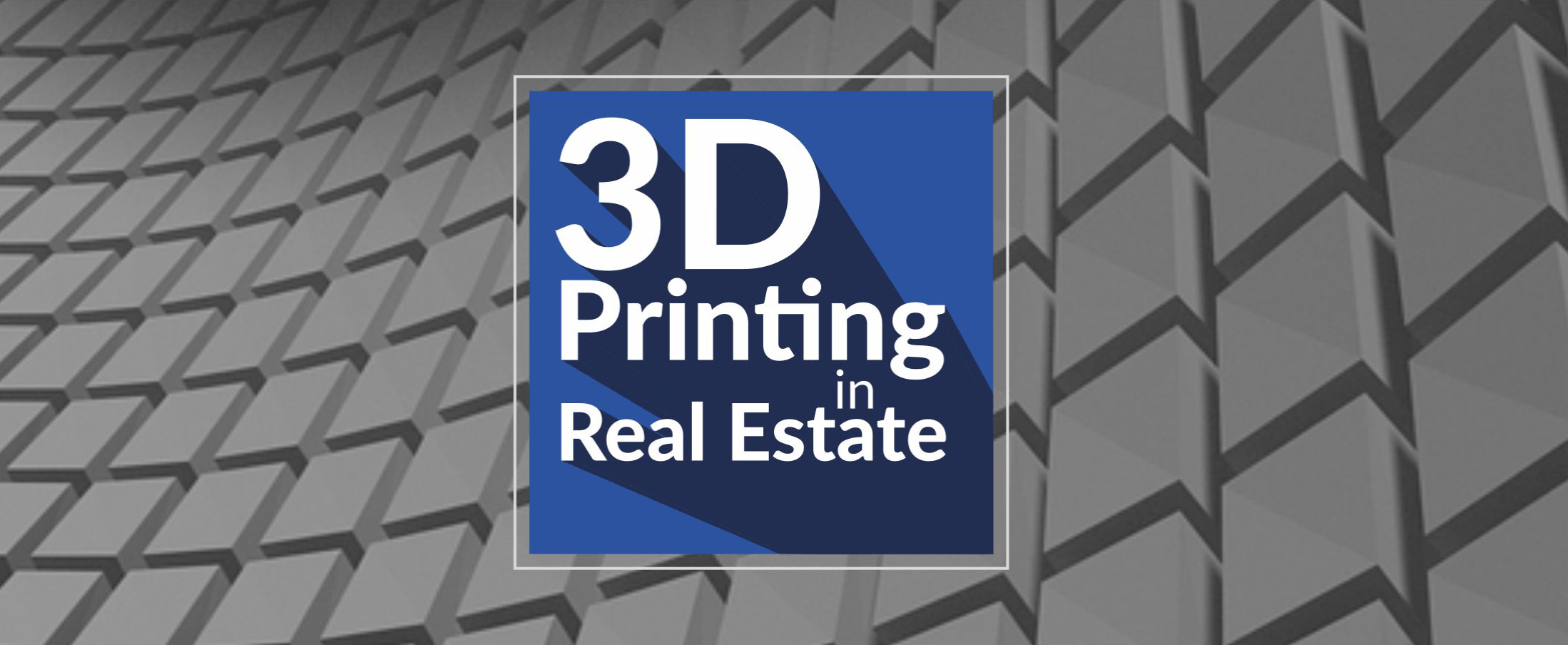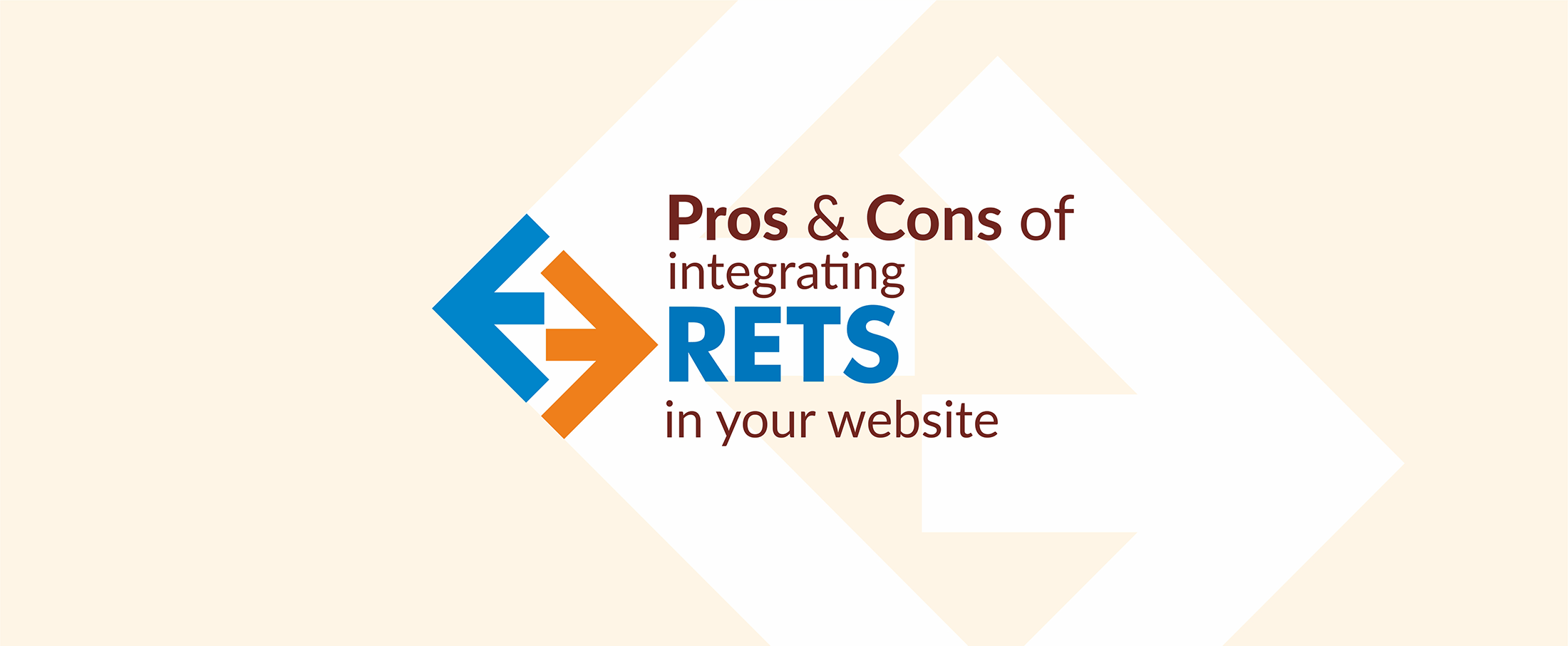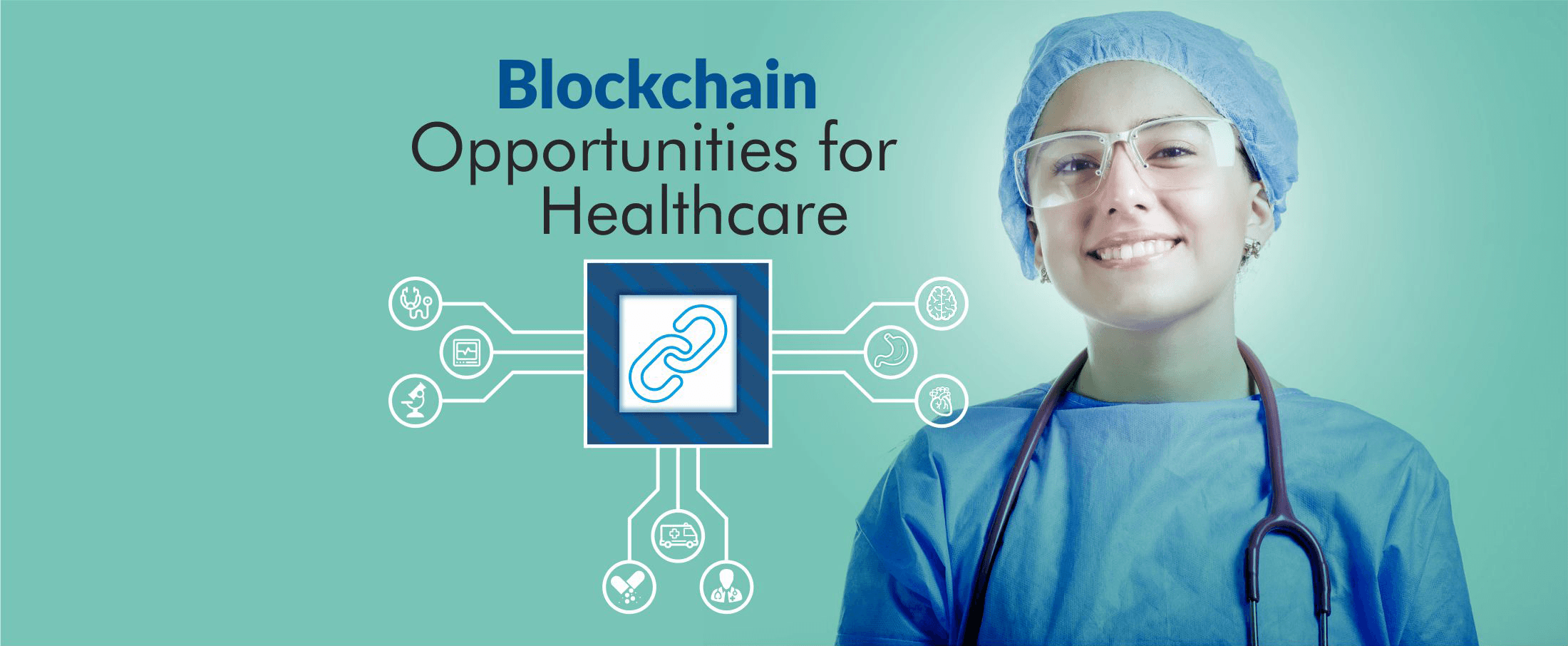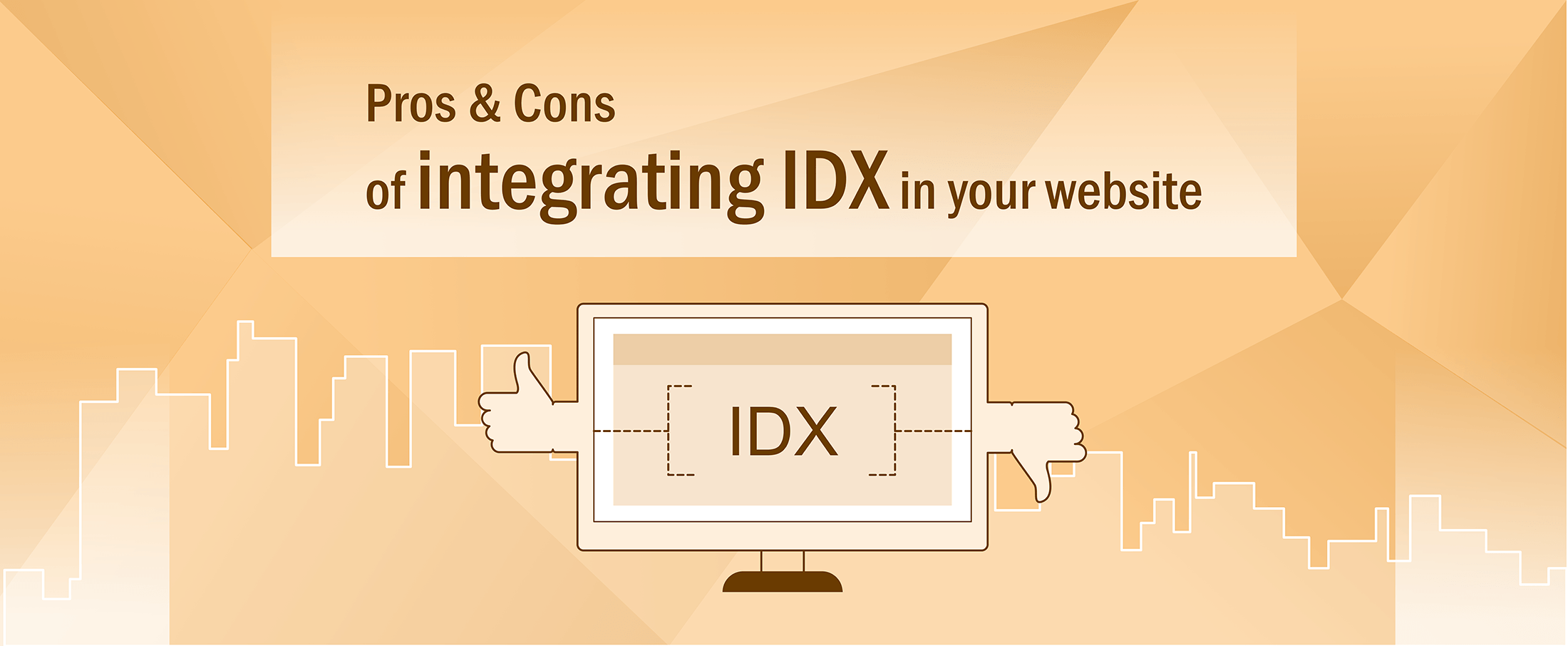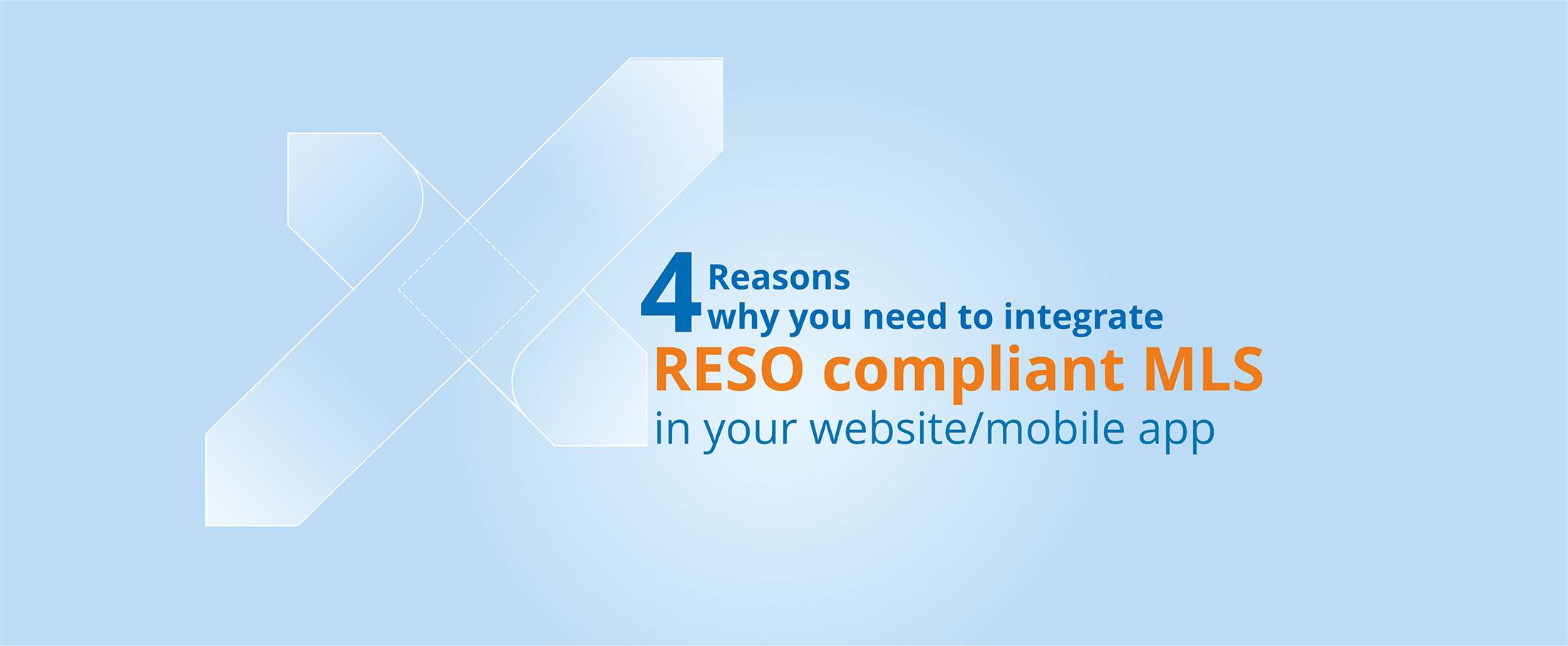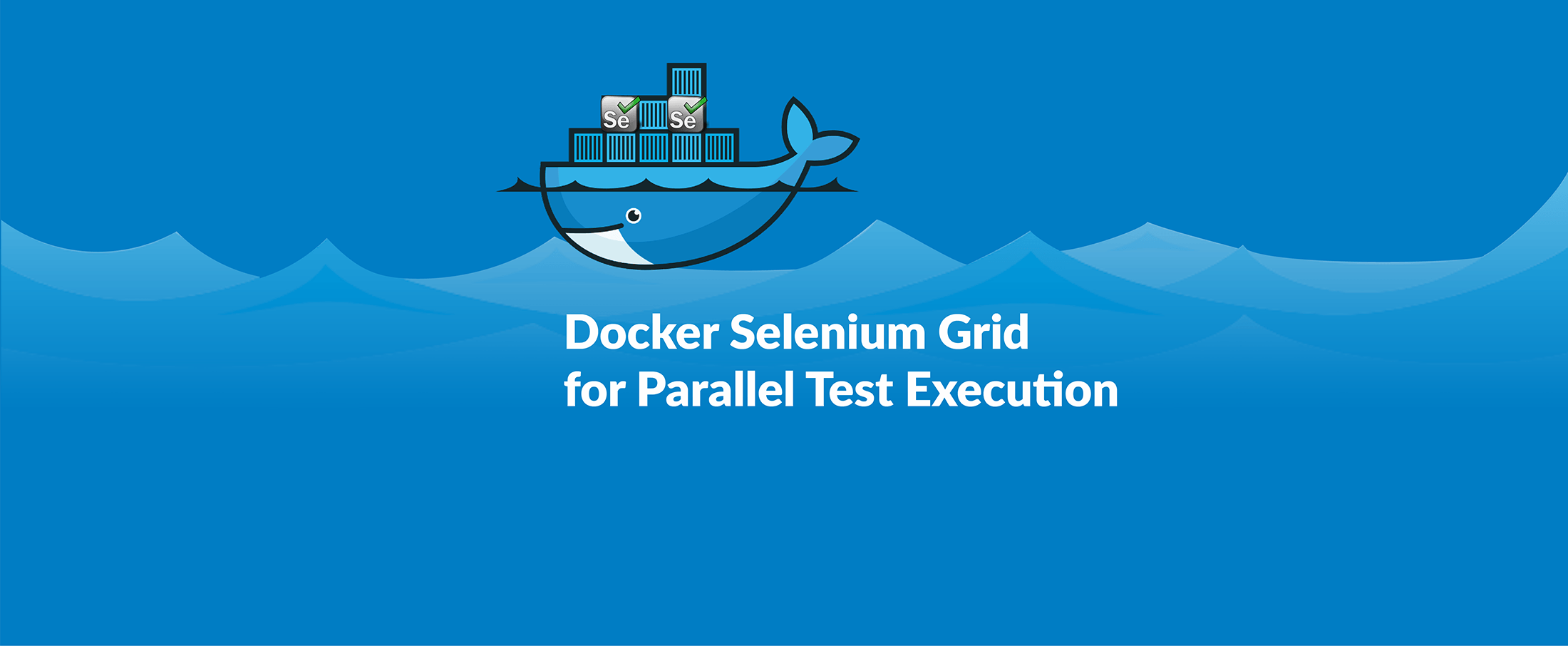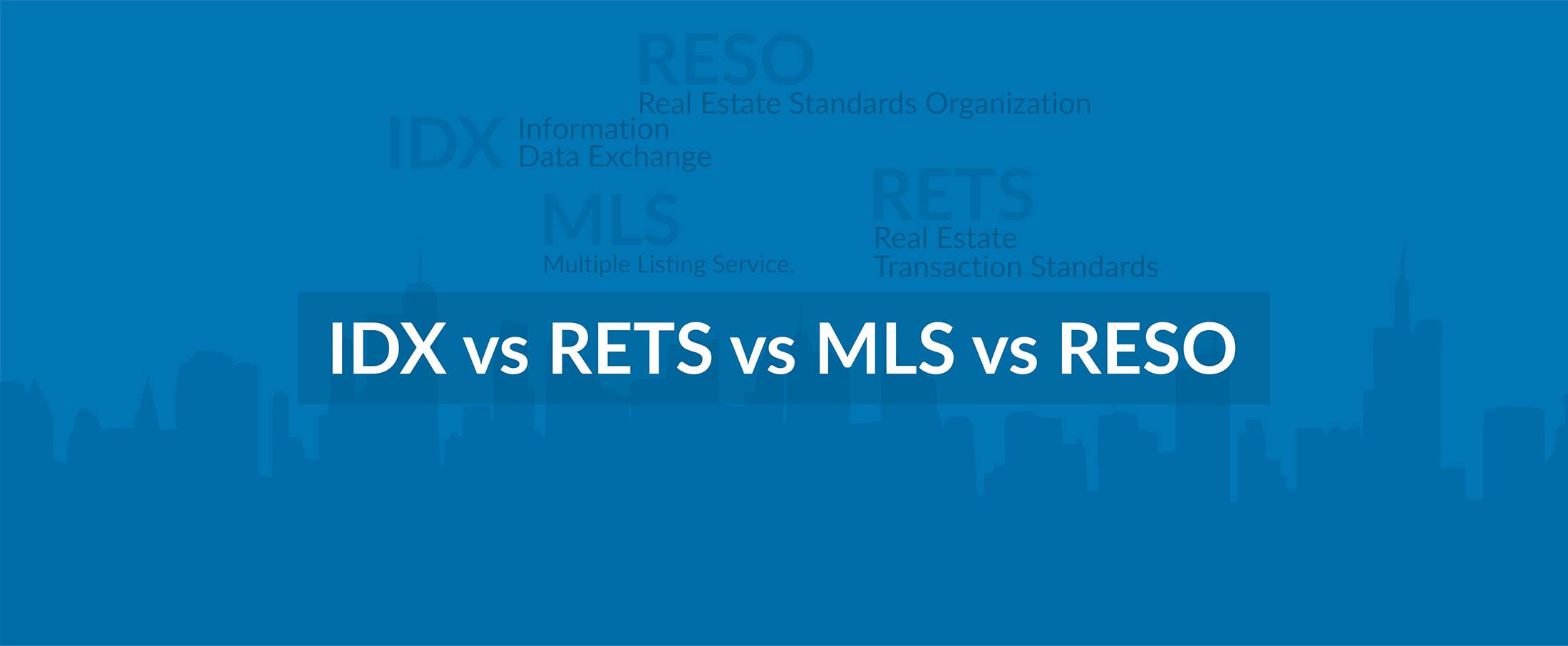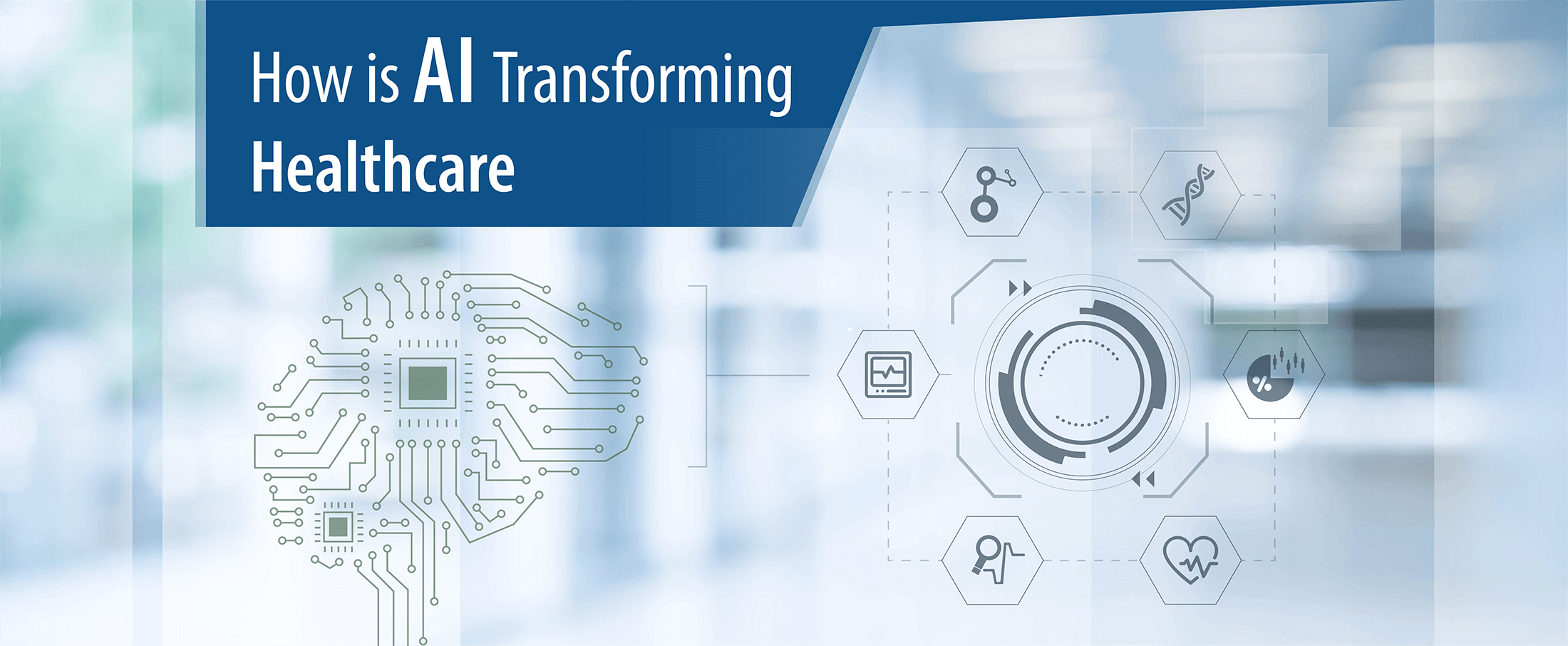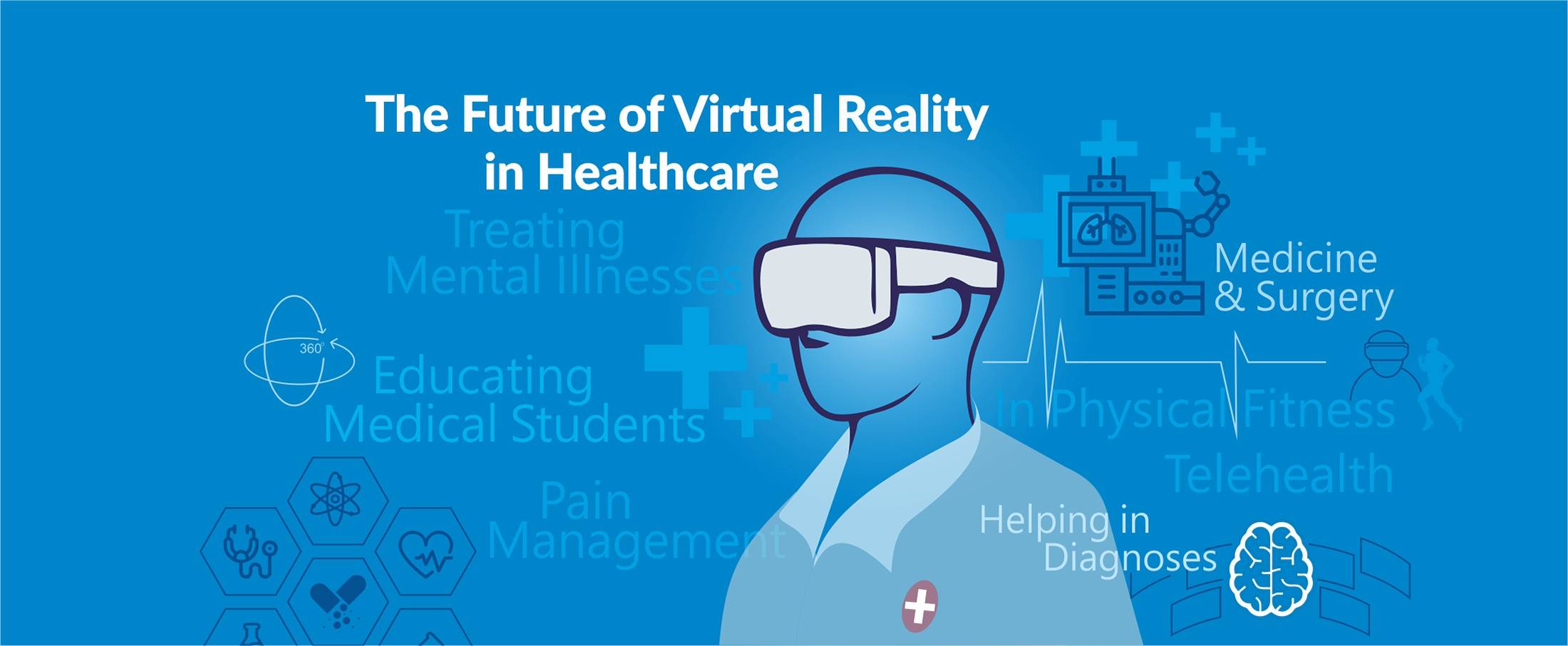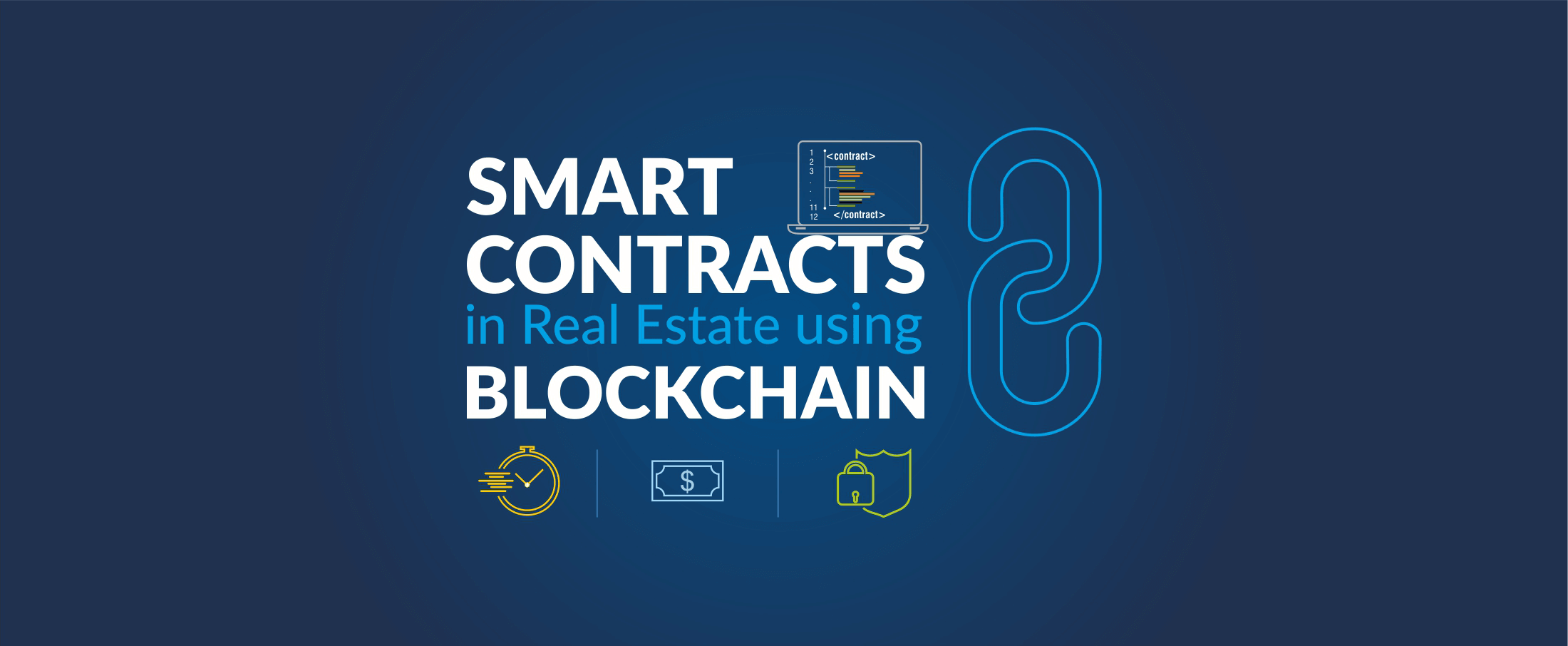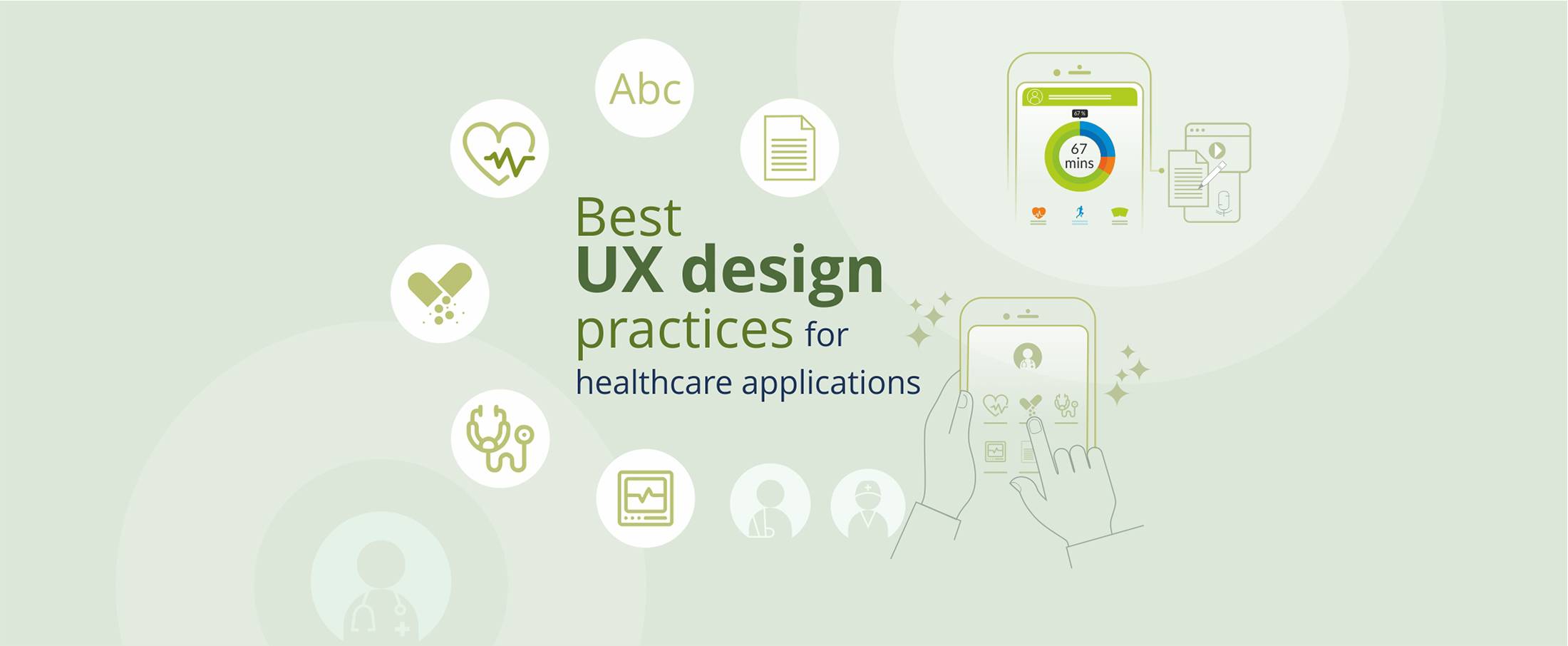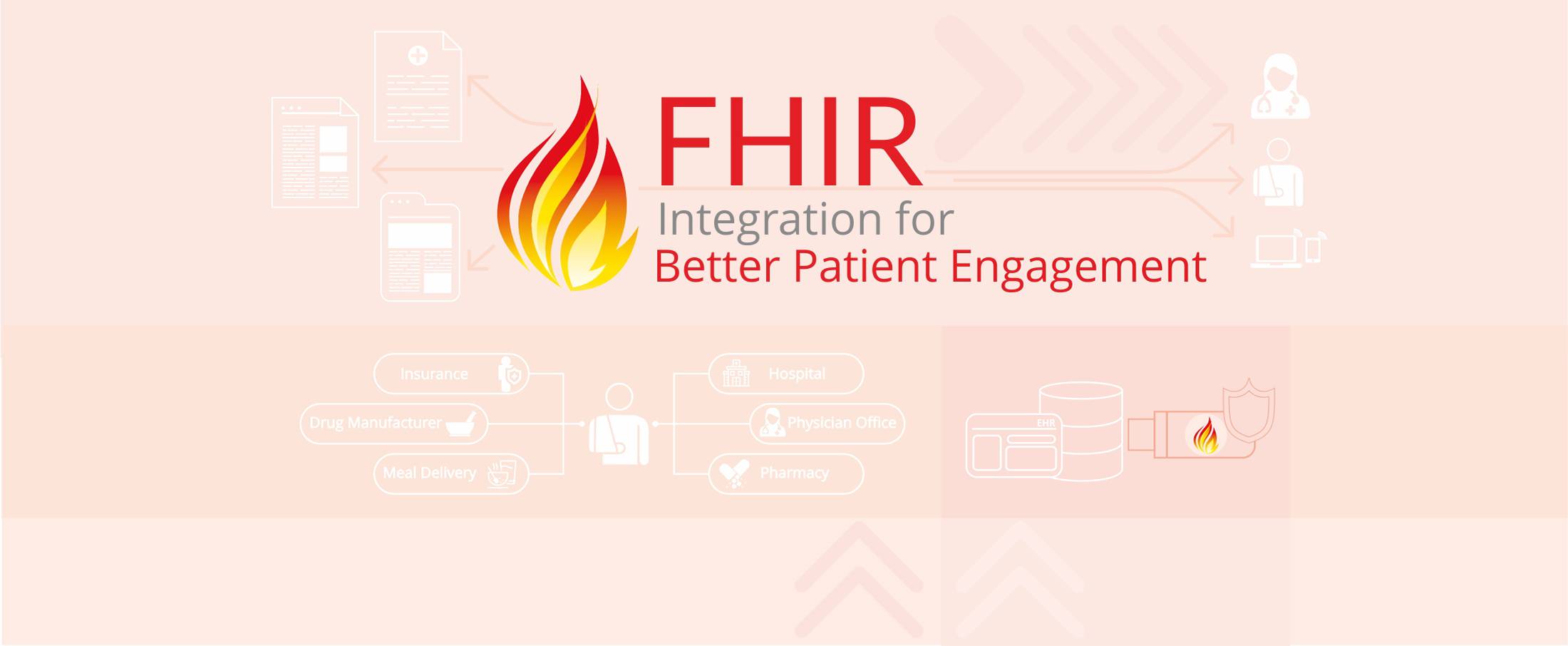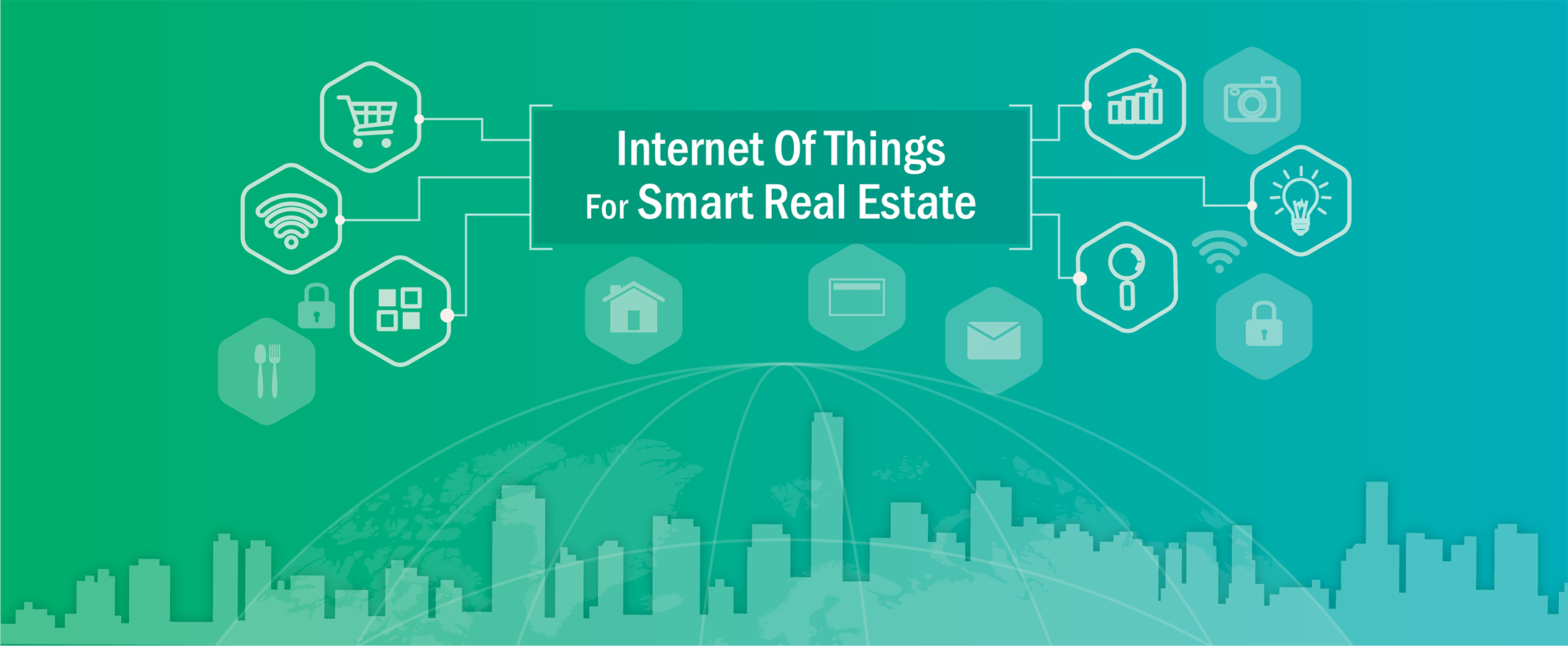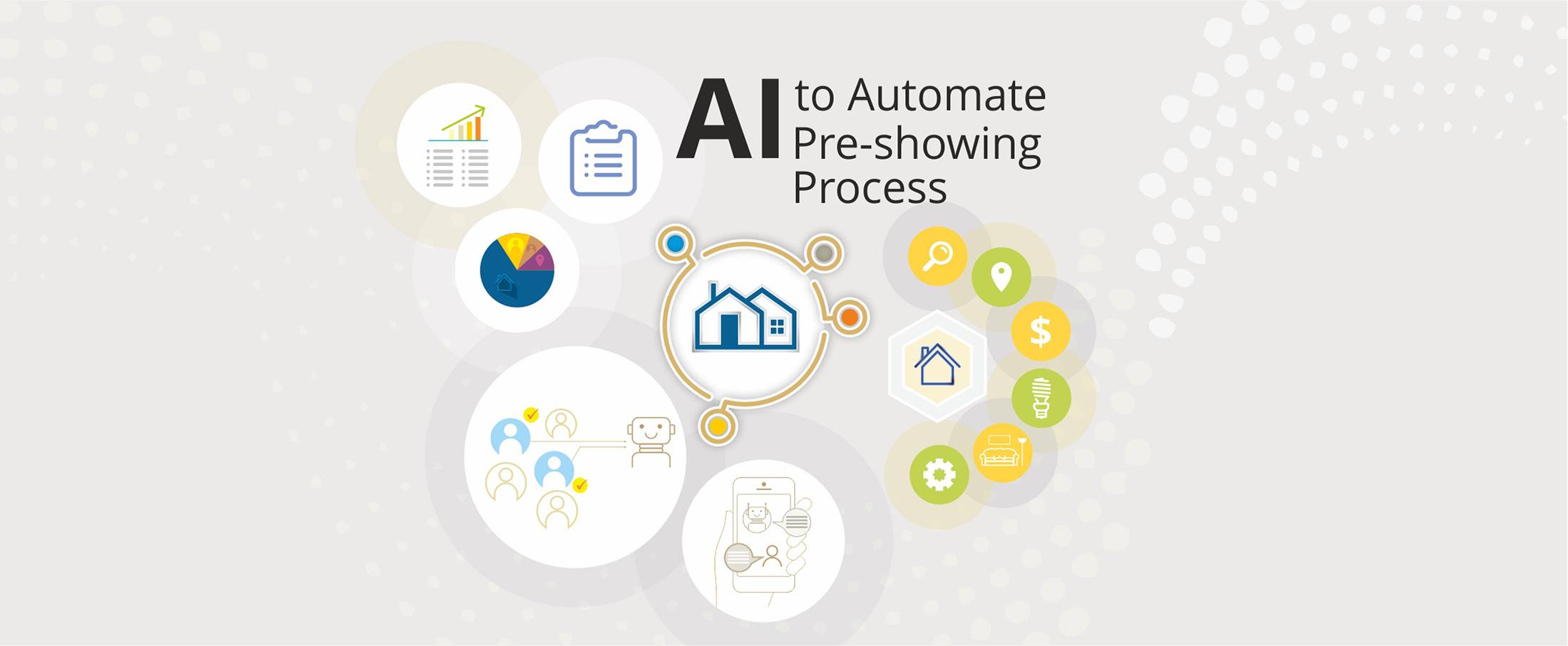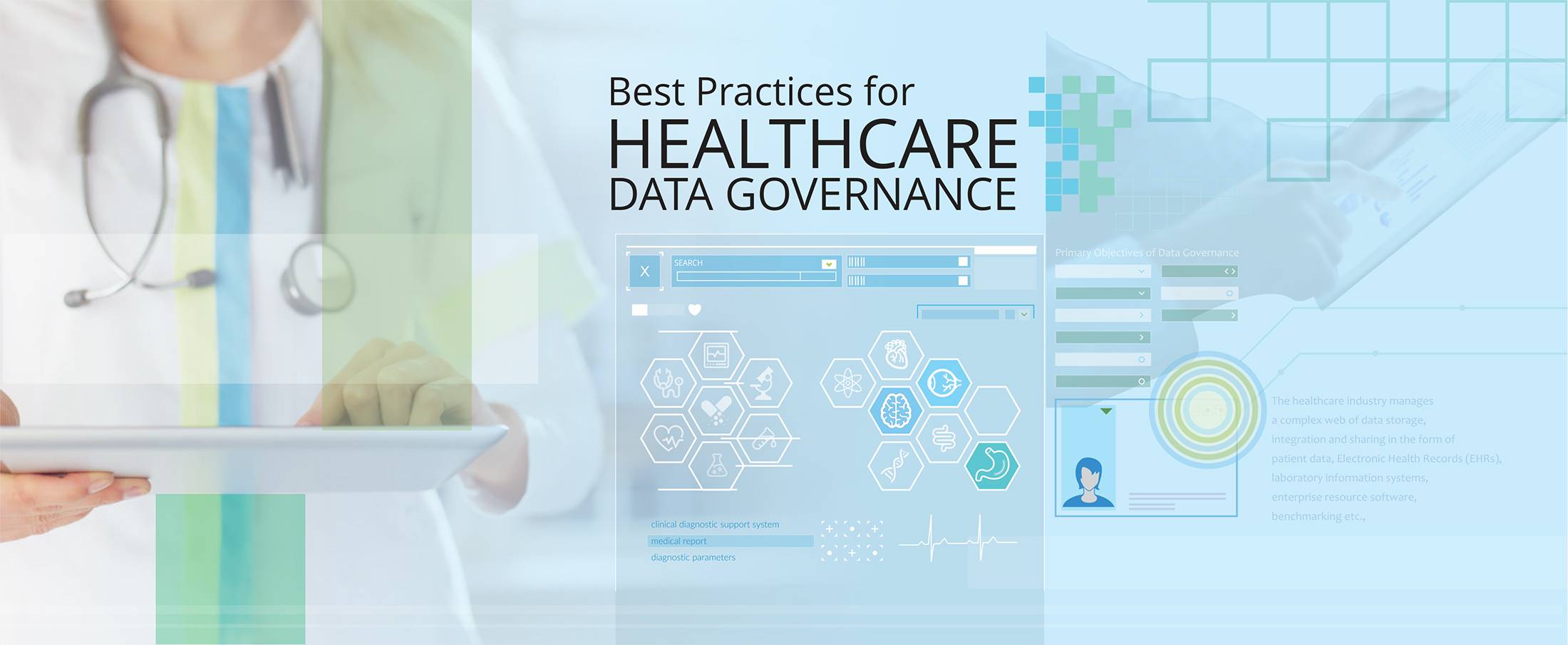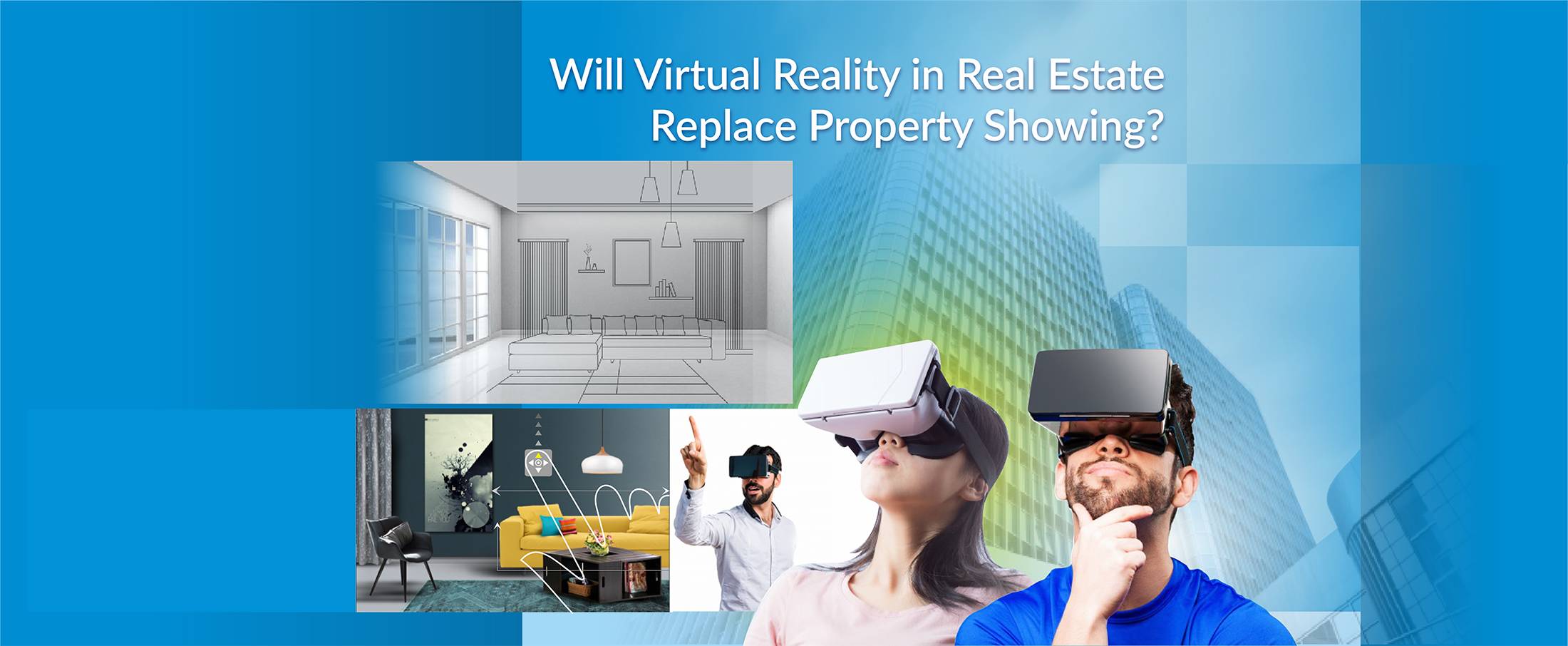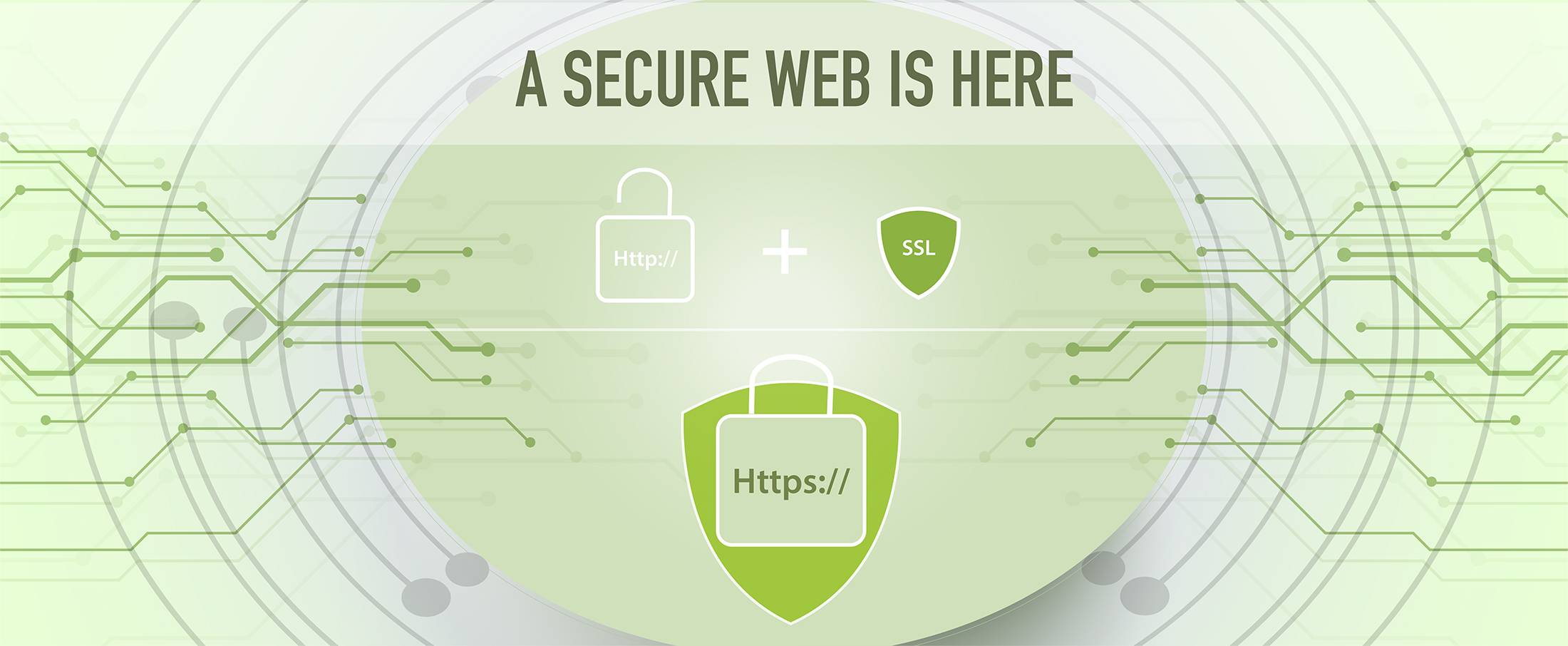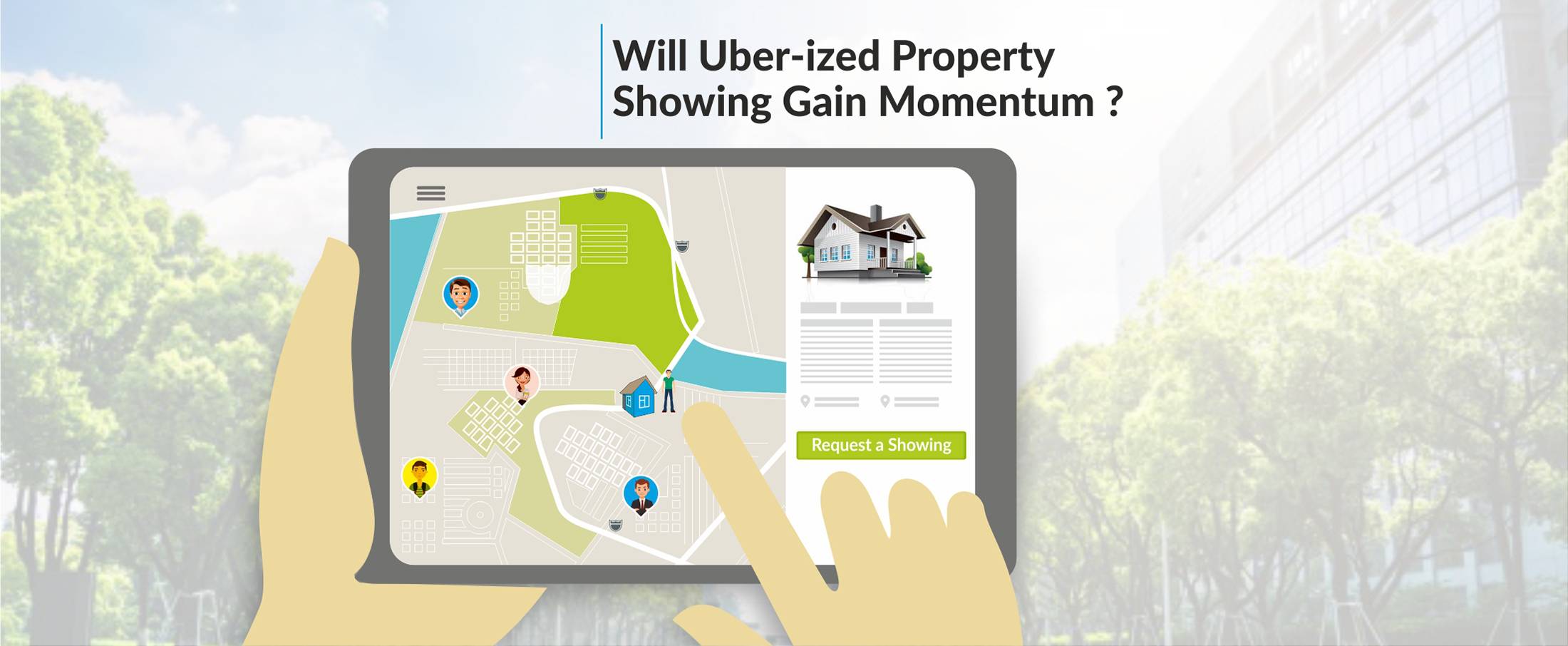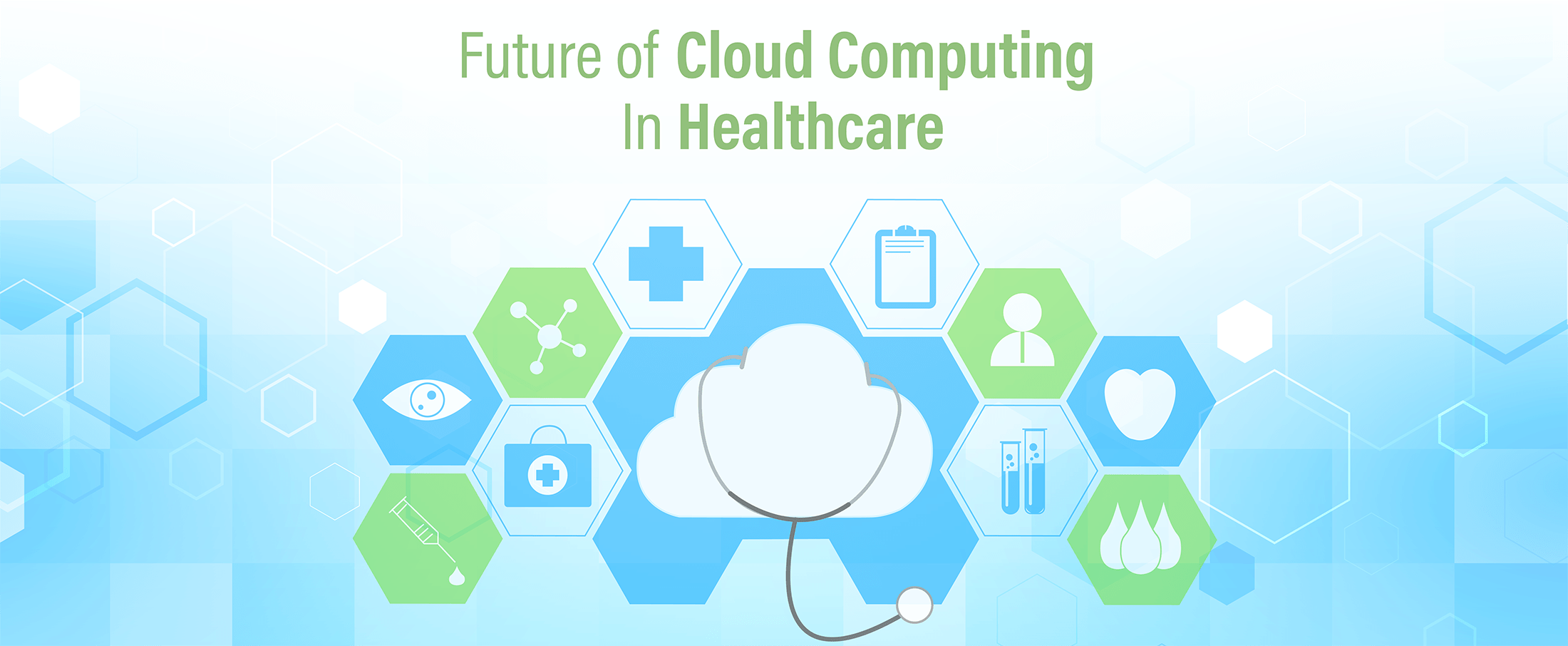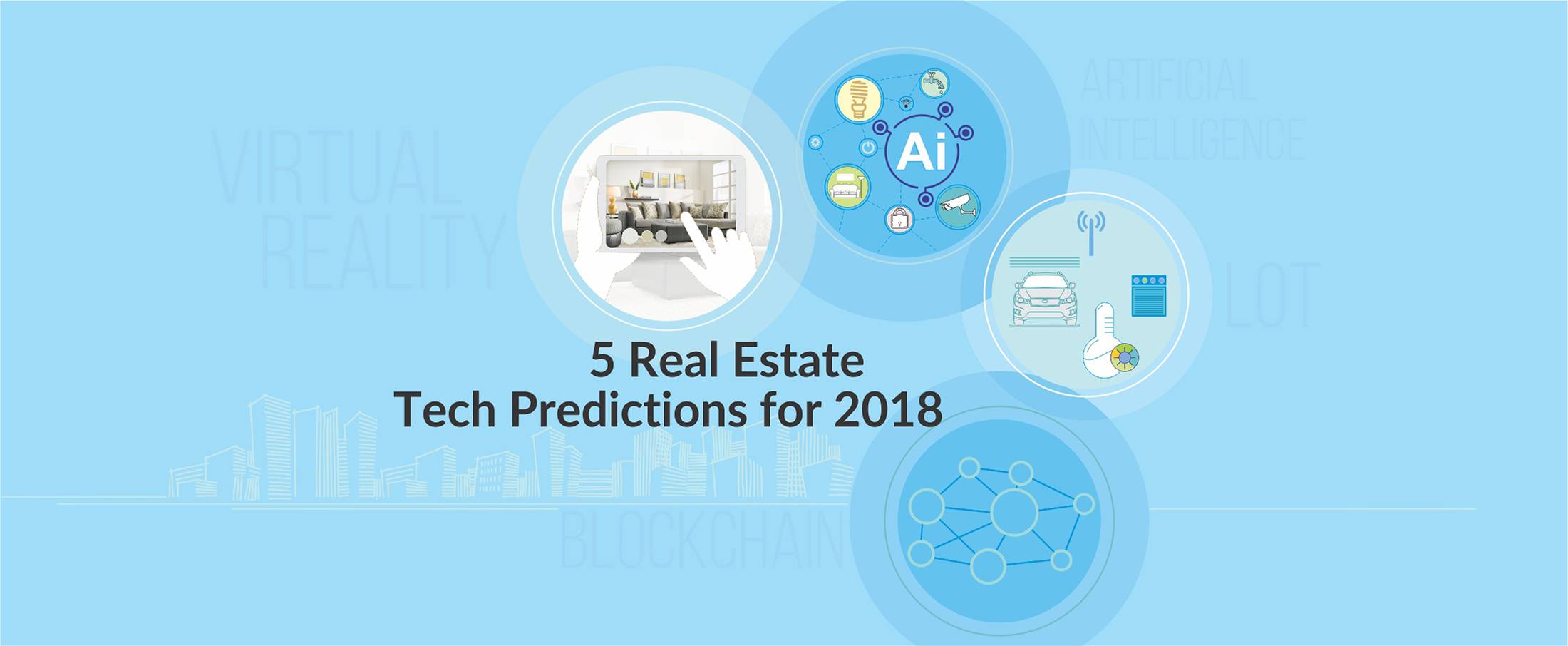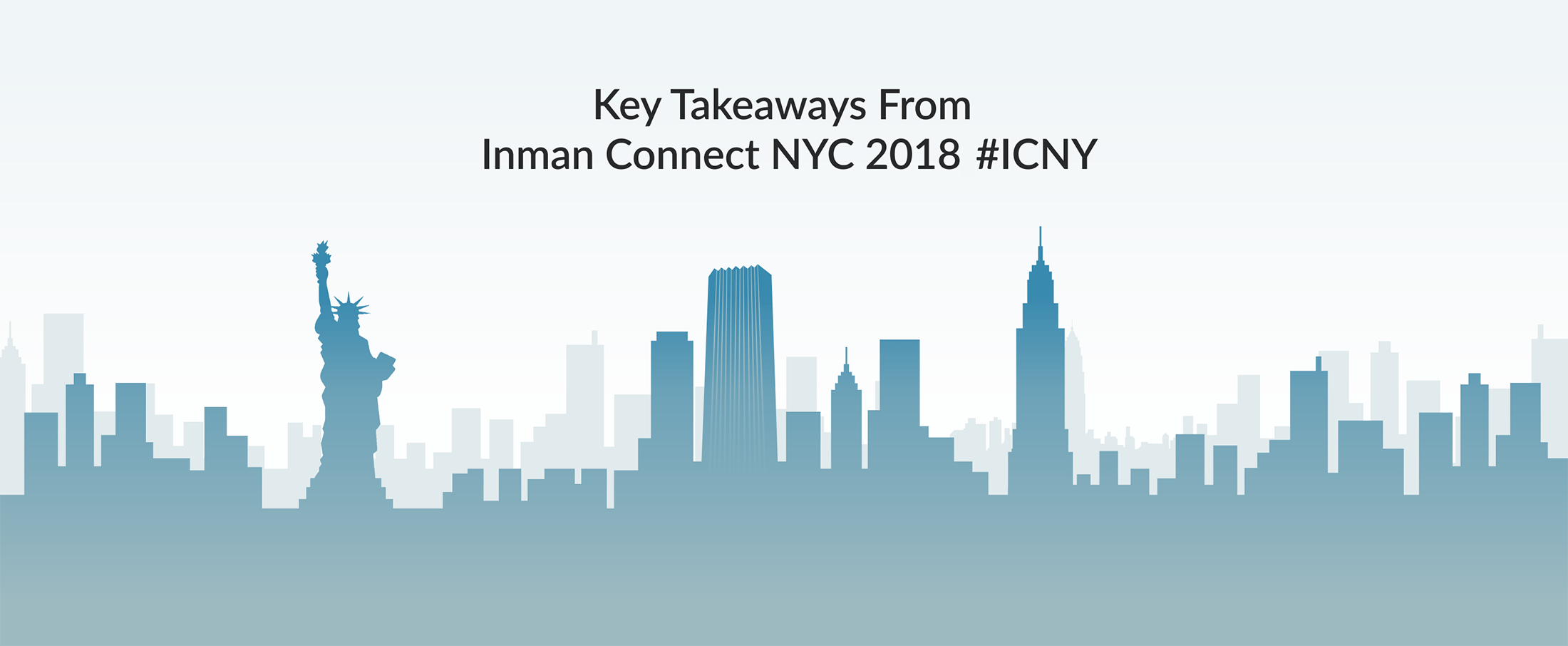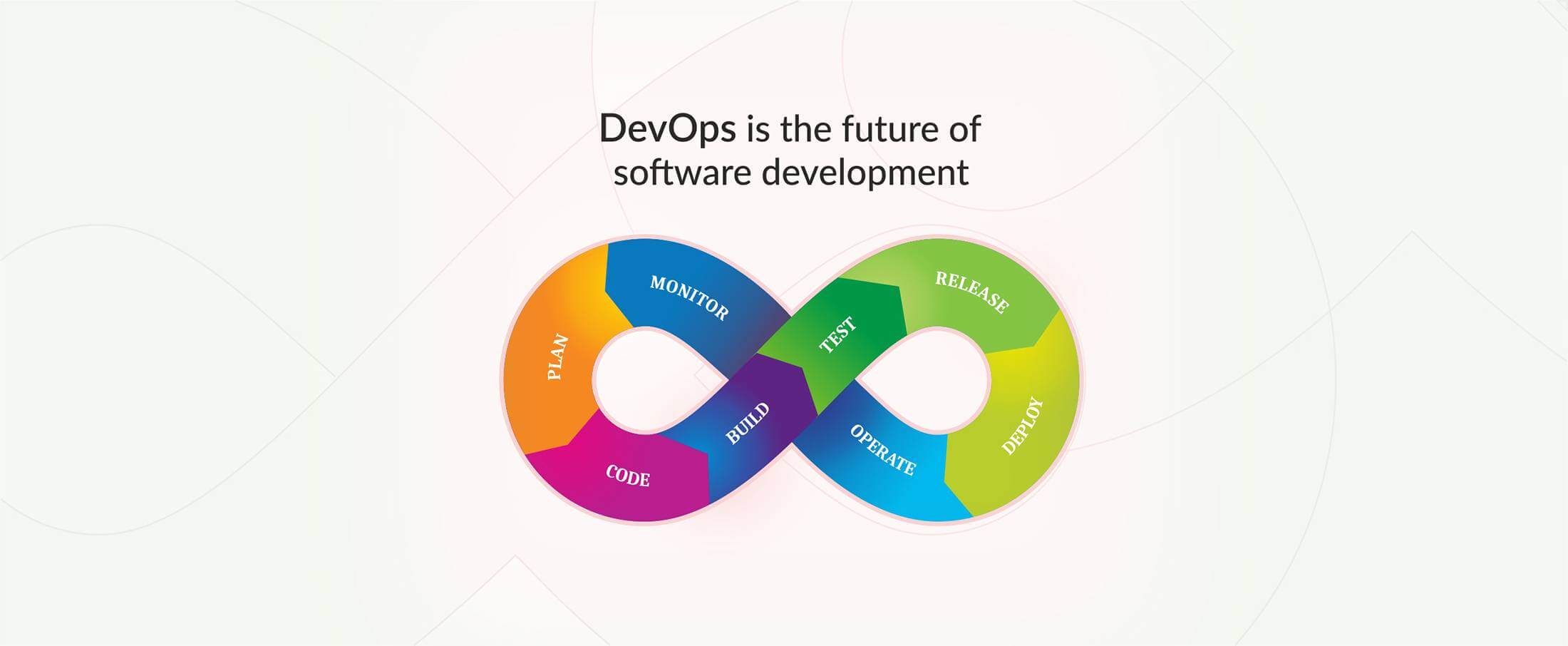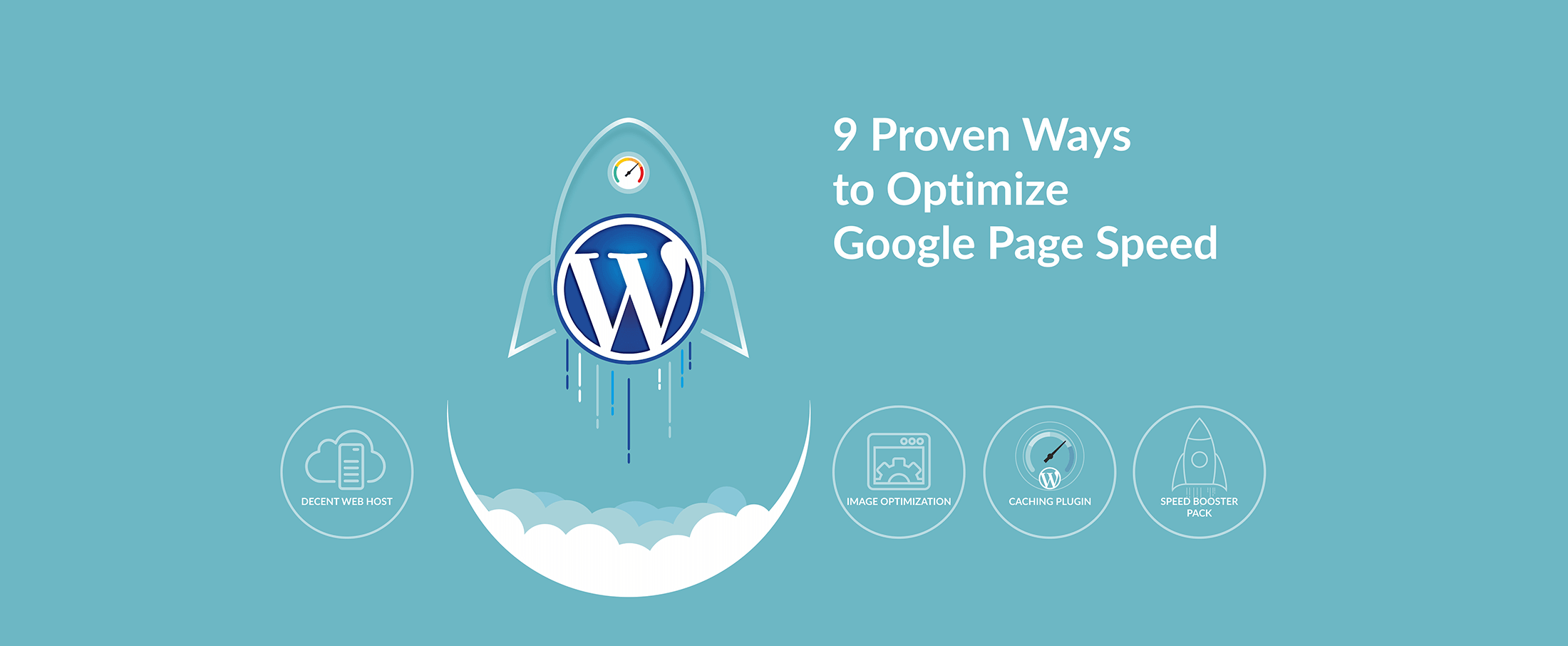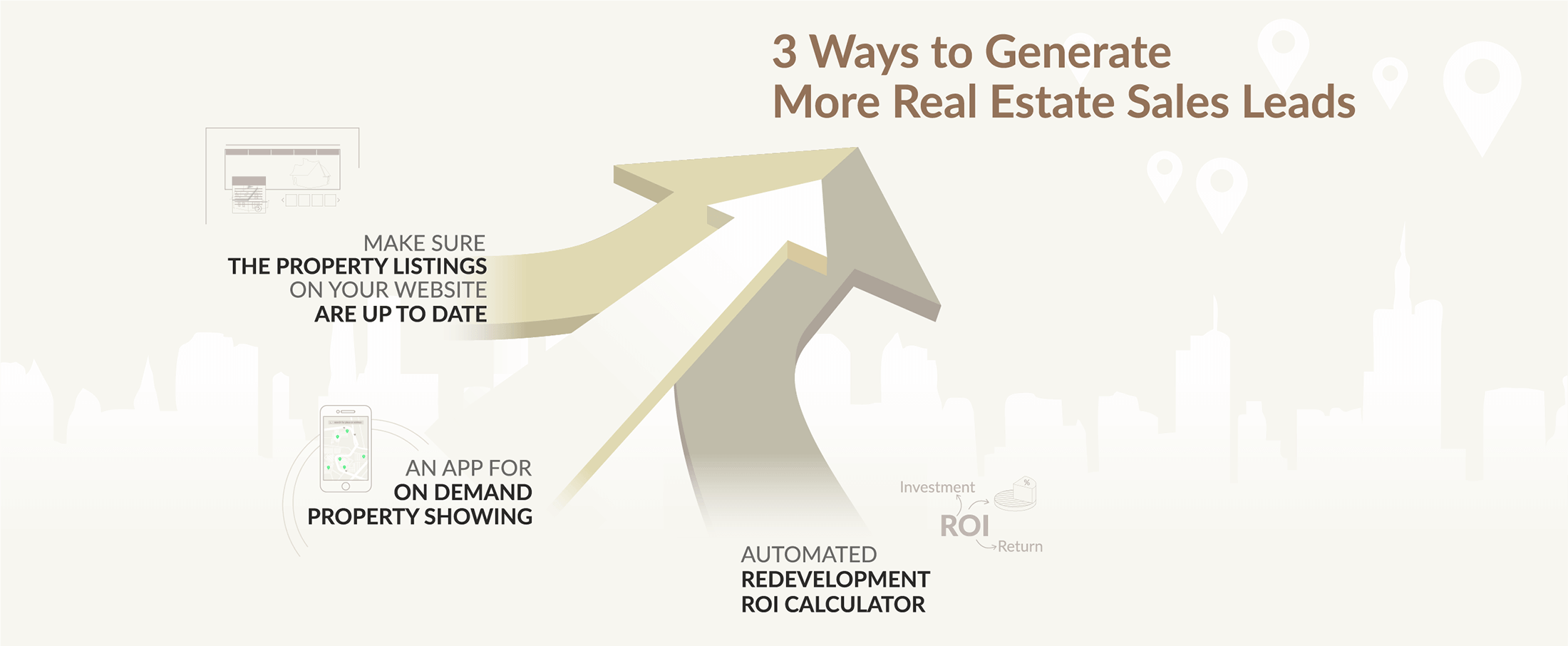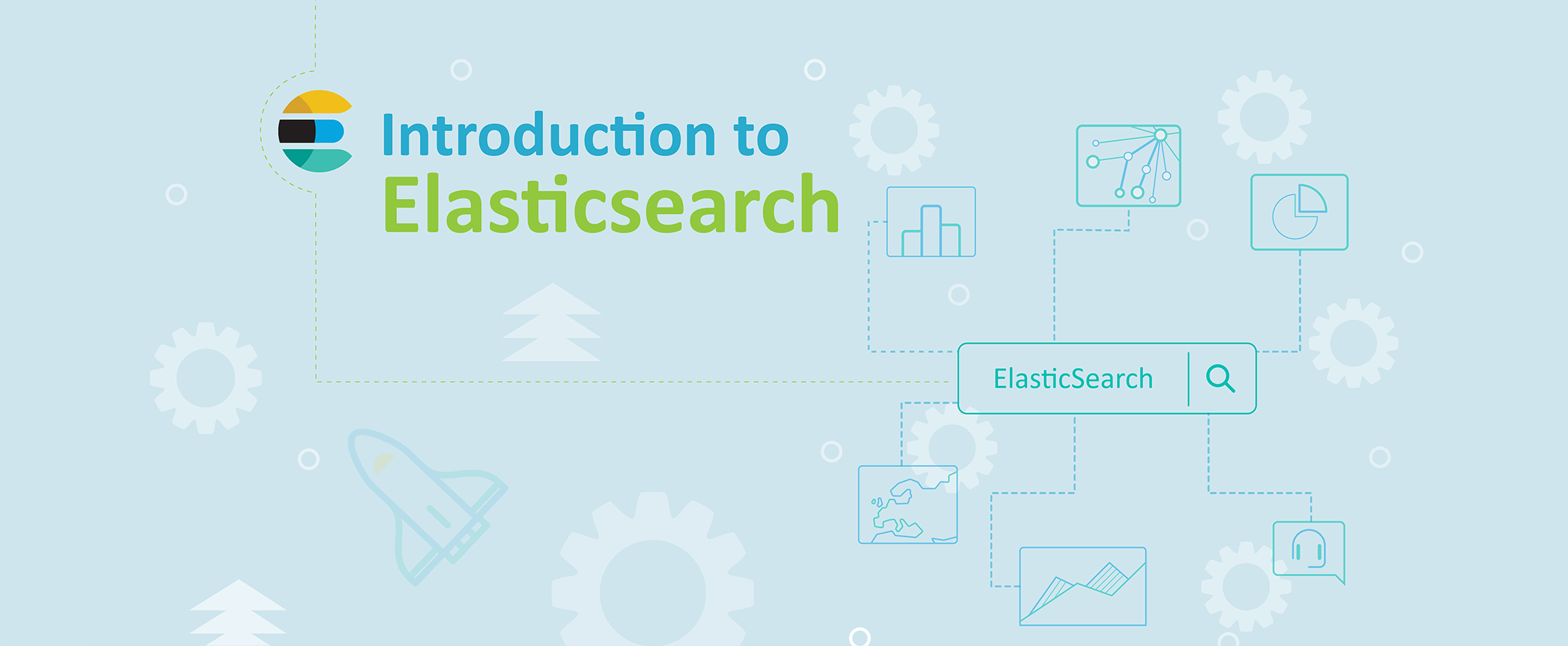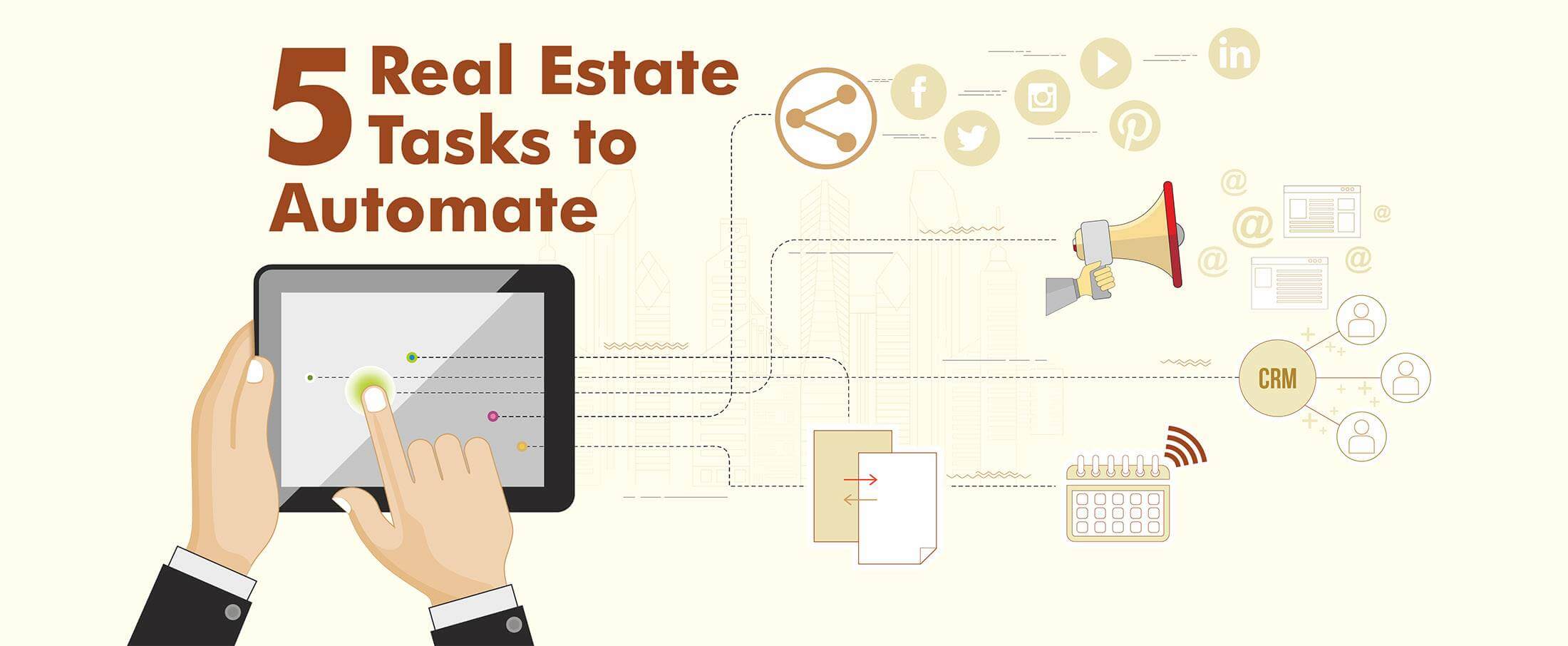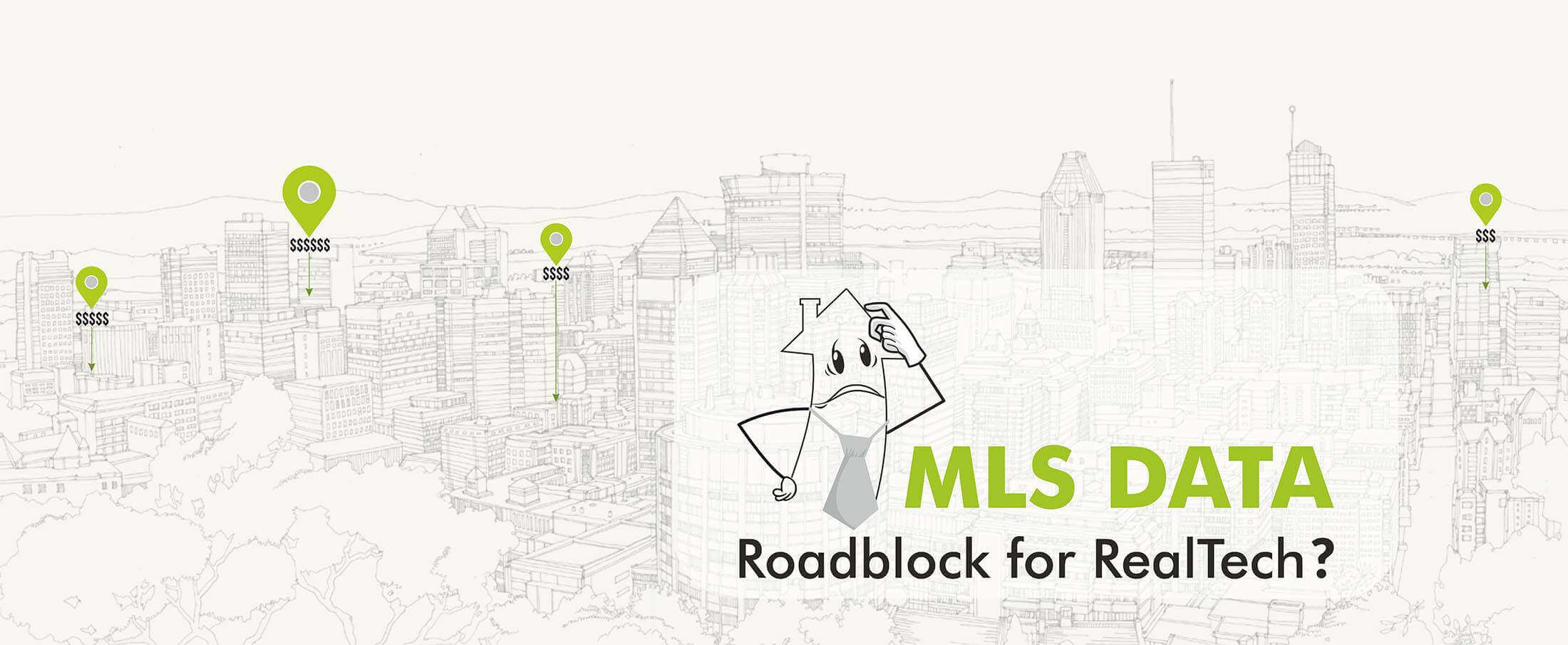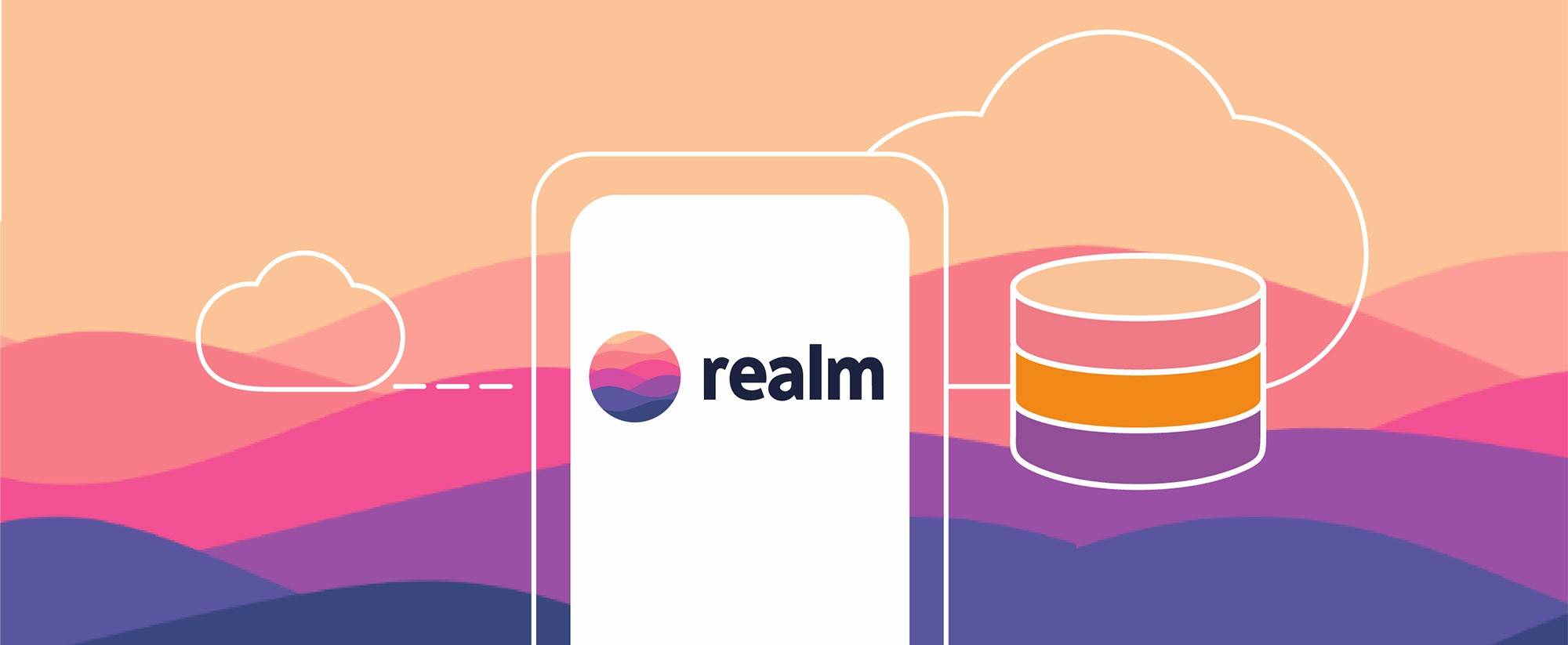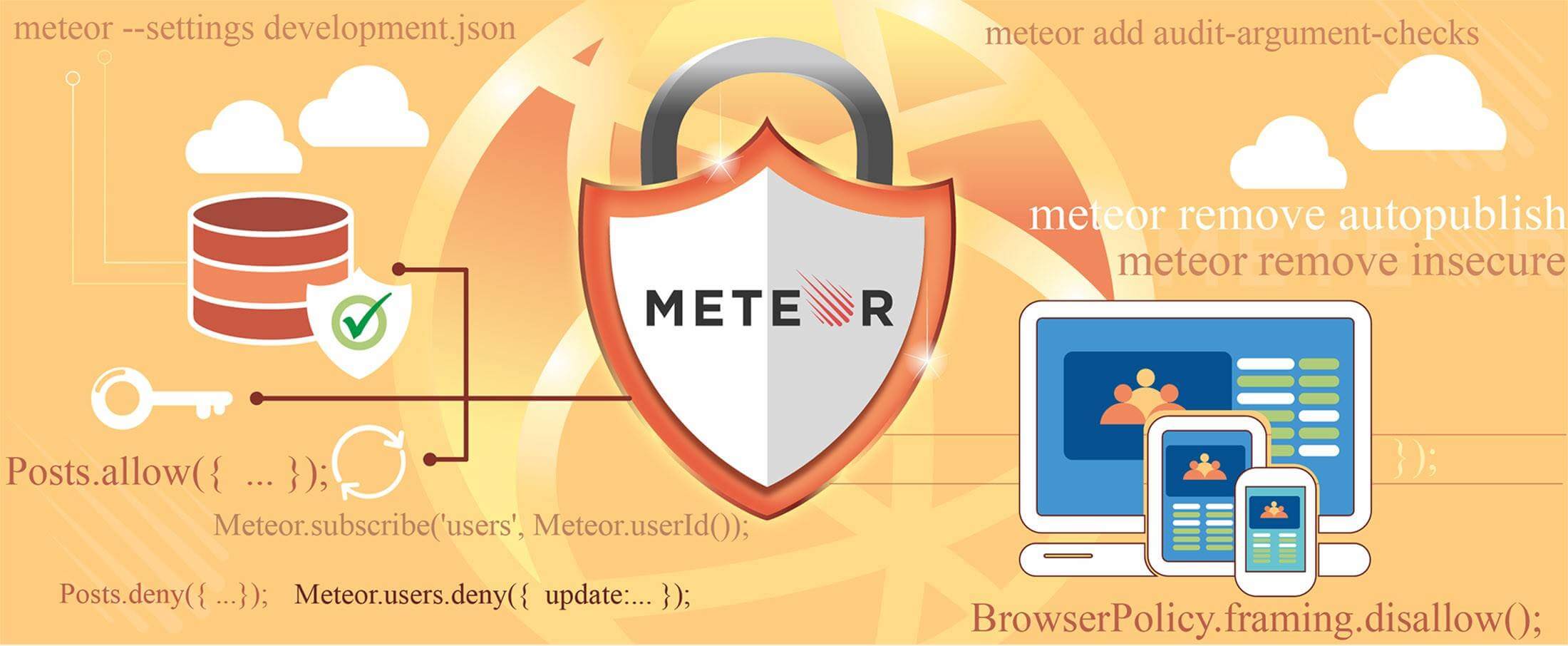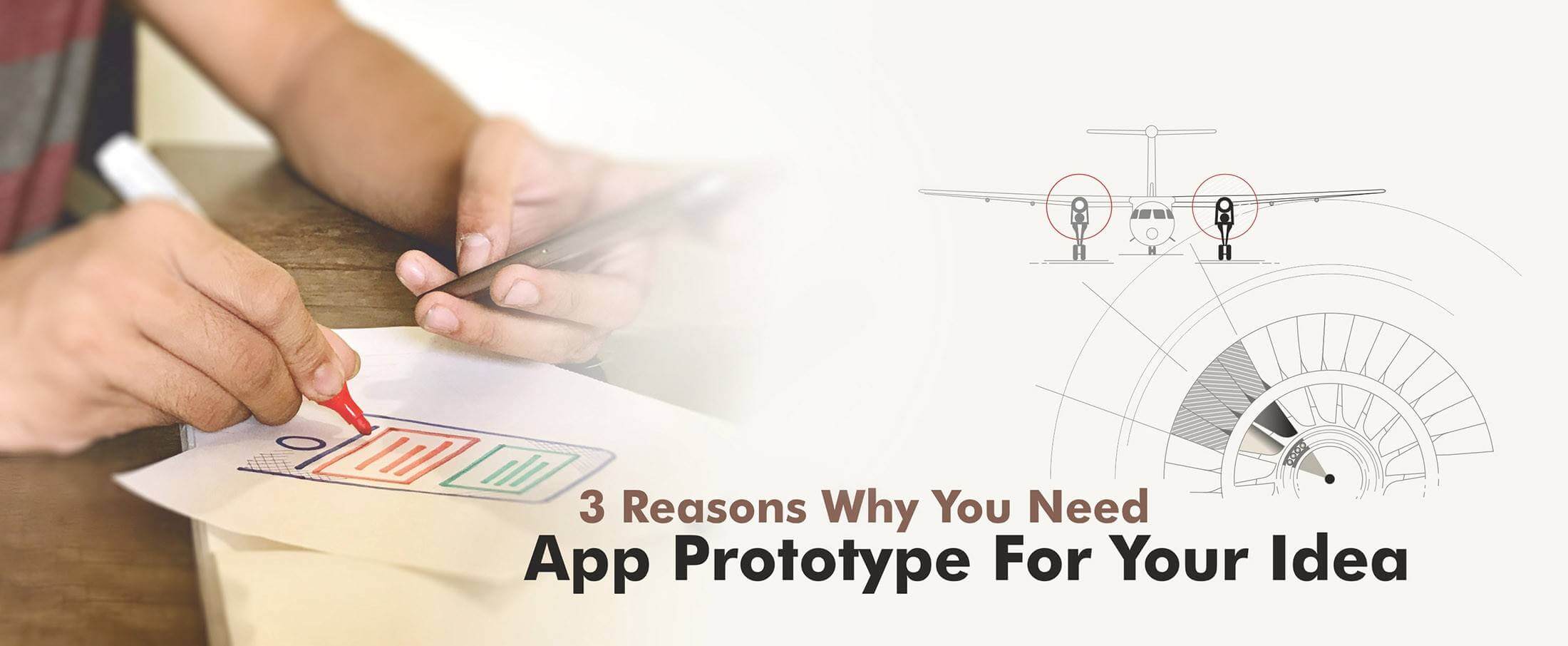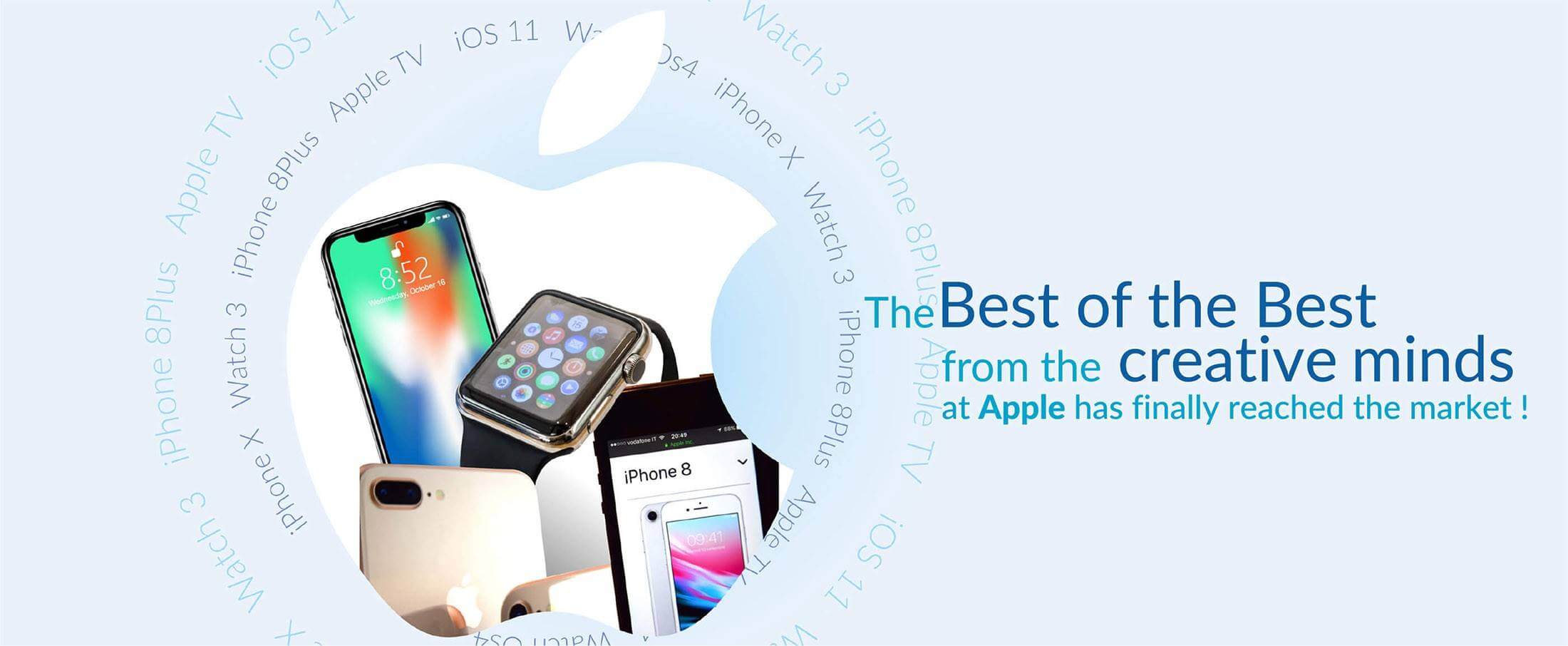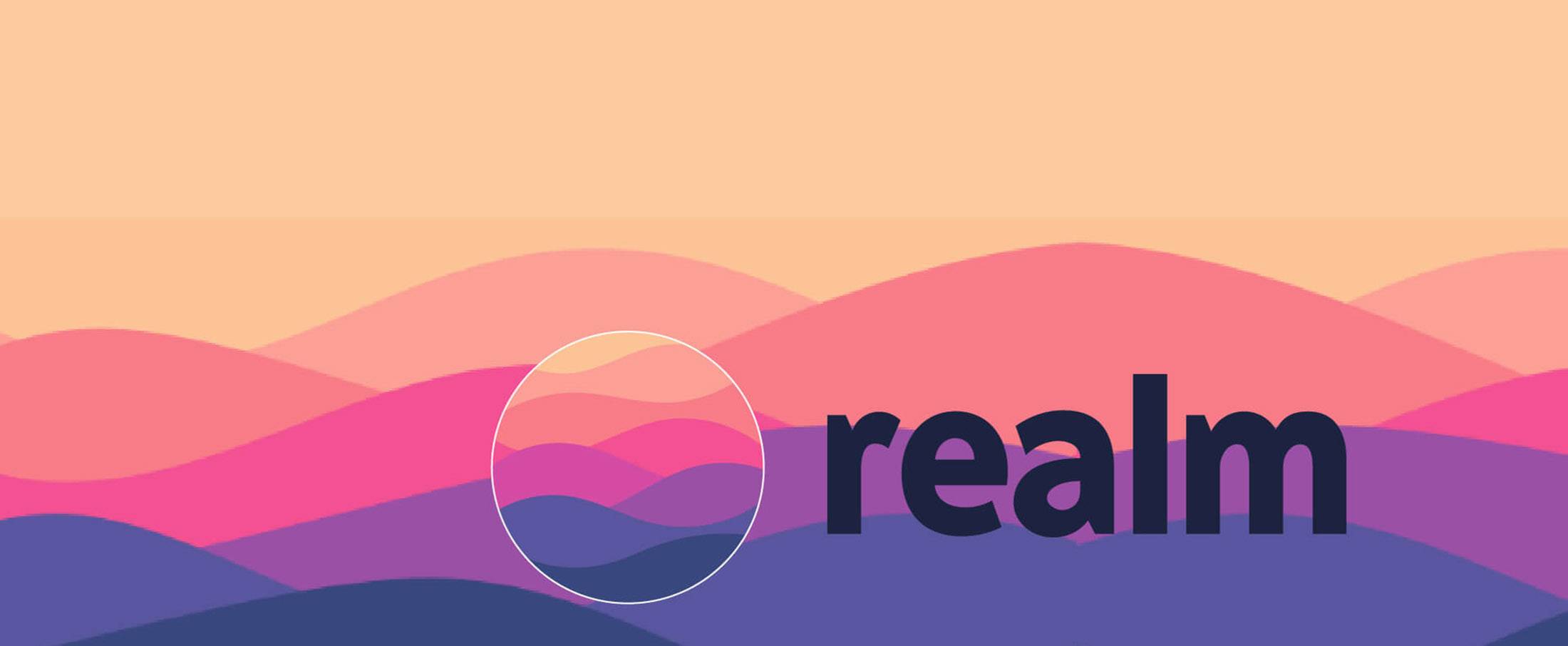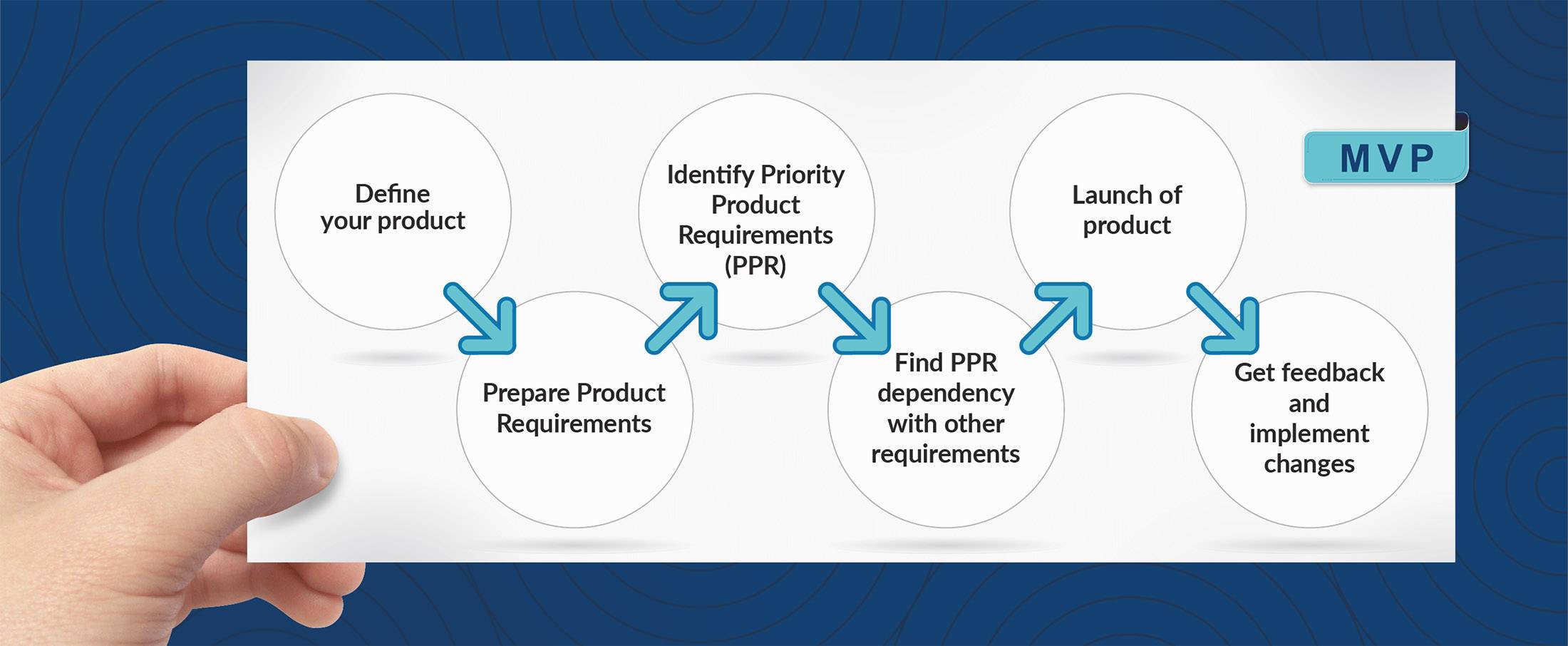How Mobile Apps Are Transforming Healthcare
How Mobile Apps Are Transforming Healthcare
Technology has evolved quite a lot in recent years and has managed to make a lot of our work easier and faster. Companies have introduced a large number of mobile applications to serve a wide variety of purposes, such as buying and selling objects, offering or hiring services, booking transportation or tickets to a movie, concert, etc., reading, and even maintaining health.
Yes, there are hundreds of applications that allow you to keep track of your health, record data, offer advice, set reminders, etc. Since almost everyone has a smartphone today, using a health app makes it so much easier to keep a tab on your health and also provide a doctor with any necessary data since such apps store details about your health or medical history. Keeping in mind the increasing usage of such applications, companies are trying to improve their performance and credibility, so that it becomes easier to understand and operate them.
Positives of Mobile Apps in Relation to Healthcare
The introduction of different kinds of mobile apps to keep tabs on health and wellness has completely transformed the healthcare industry as a whole. Here are some of the benefits of such apps: –
- Easier to Store Medical Data: While you would have the details of your health or medical condition on paper, medical apps make it so much easier to store data and even to refer to it. While some apps require you to manually enter such information, others have a sensor or feature which enables it to collect and enter the data on its own. For example, apps for diabetes patients come with features to monitor diet, sugar levels, etc. Not only does it mean that you would always have your medical history or information on you at all times, but it also means that you have something to refer to in case the physical copies get lost.
- Set Reminders: There are many health conditions that require the patients to take medicines at fixed times during the day, and it is often easy to forget to do the same. Such applications enable you to set reminders so that you will always know when you need to take medicines and which ones. While some apps will simply make a sound to remind you, others vibrate and can also be linked to other devices, thus ensuring that you would not forget to take your medication.
- Offer Advice: It is true that nothing can replace a doctor, mobile apps can be a source of information, or you can consult with it in the event that there is a problem with your health. Of course, if it’s something serious such as a stroke, you must immediately rush to the hospital, but if there is discomfort, sweating, heart palpitations, you can refer to the app, which is able to pinpoint the cause of such symptoms.
Negatives of Healthcare Apps
There is absolutely no doubt that such apps have made life simpler with respect to healthcare, but the fact remains that depending entirely on them can be problematic. Here are some negative aspects of mobile applications:
- Avoiding Going to the Doctor: People often depend entirely on mobile apps and do not end up going to the doctor in the event something happens, especially when it doesn’t seem life-threatening. That is the worst thing to do since it is often quite difficult to detect a major illness at the beginning. Instead of simply referring to what the app says, it is important to go to the doctor for regular check-ups and to go immediately if there is any problem.
- Data Isn’t Always Credible: While companies and software developers make sure to program the apps in a way that they contain accurate information and would be able to offer a diagnosis or advice when needed, the fact remains that the information they can provide is limited. You must never fully depend on what the apps have to say and must consult with a doctor since there is always a possibility of the information being wrong or inadequate.
- Not Evidence-Based: Most of these apps are developed with the intention of making healthcare more accessible and easier, but the apps are often not tested properly, and the creators do not have adequate information before they launch them, and so, the functionality of healthcare apps is questionable.
Healthcare apps facilitate the data storage process, alert you if there are any signs of trouble, offer advice or diagnosis and thus, make it easier to take care of your health. It is necessary to understand that they aren’t the most accurate and should not be considered the most important source of information; there is nothing that can replace the work of a real doctor.
- EHR
- EMR
- Healthcare
- mHealth
- Mobile Health
Mobifilia
7 April 2020
